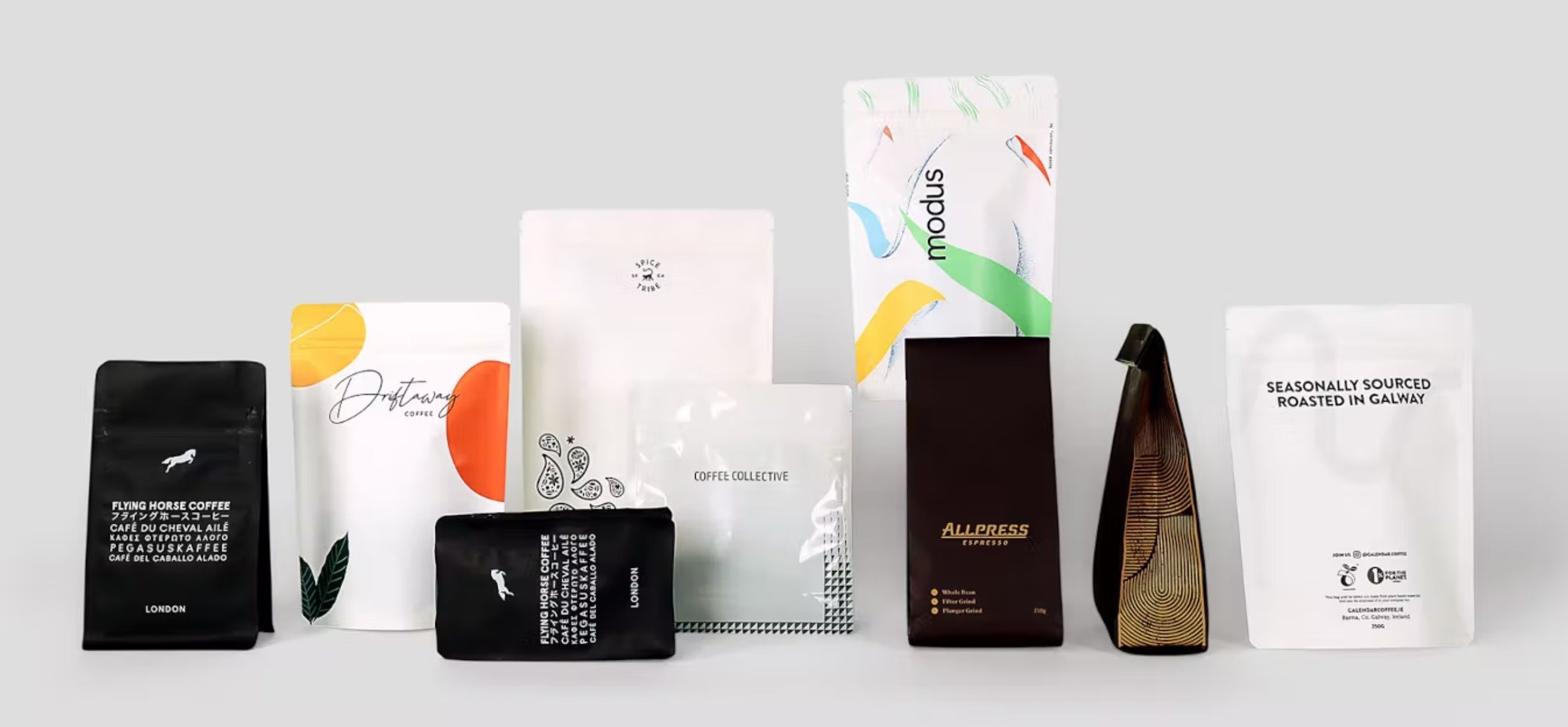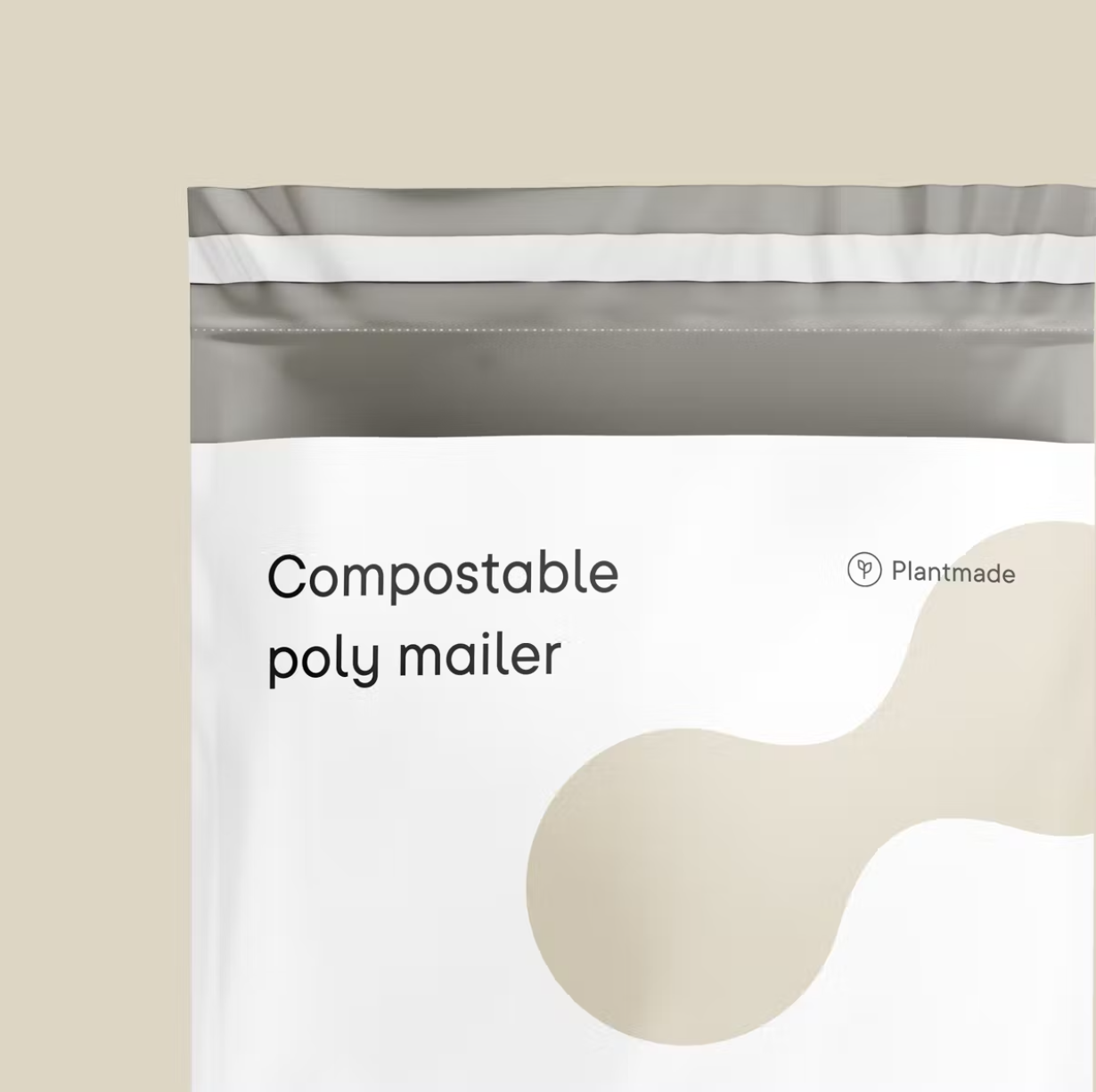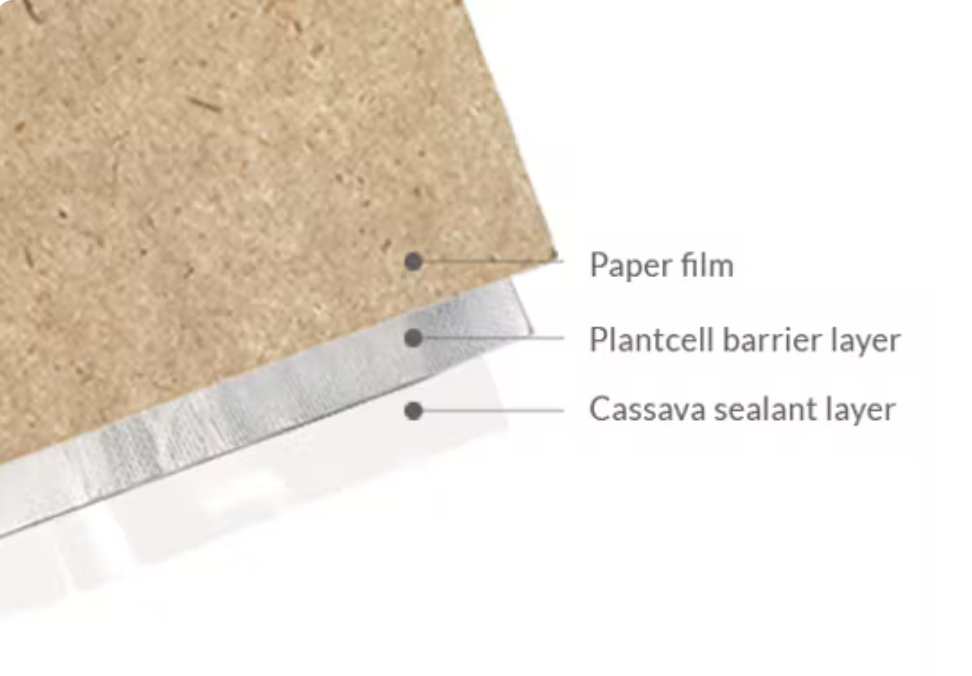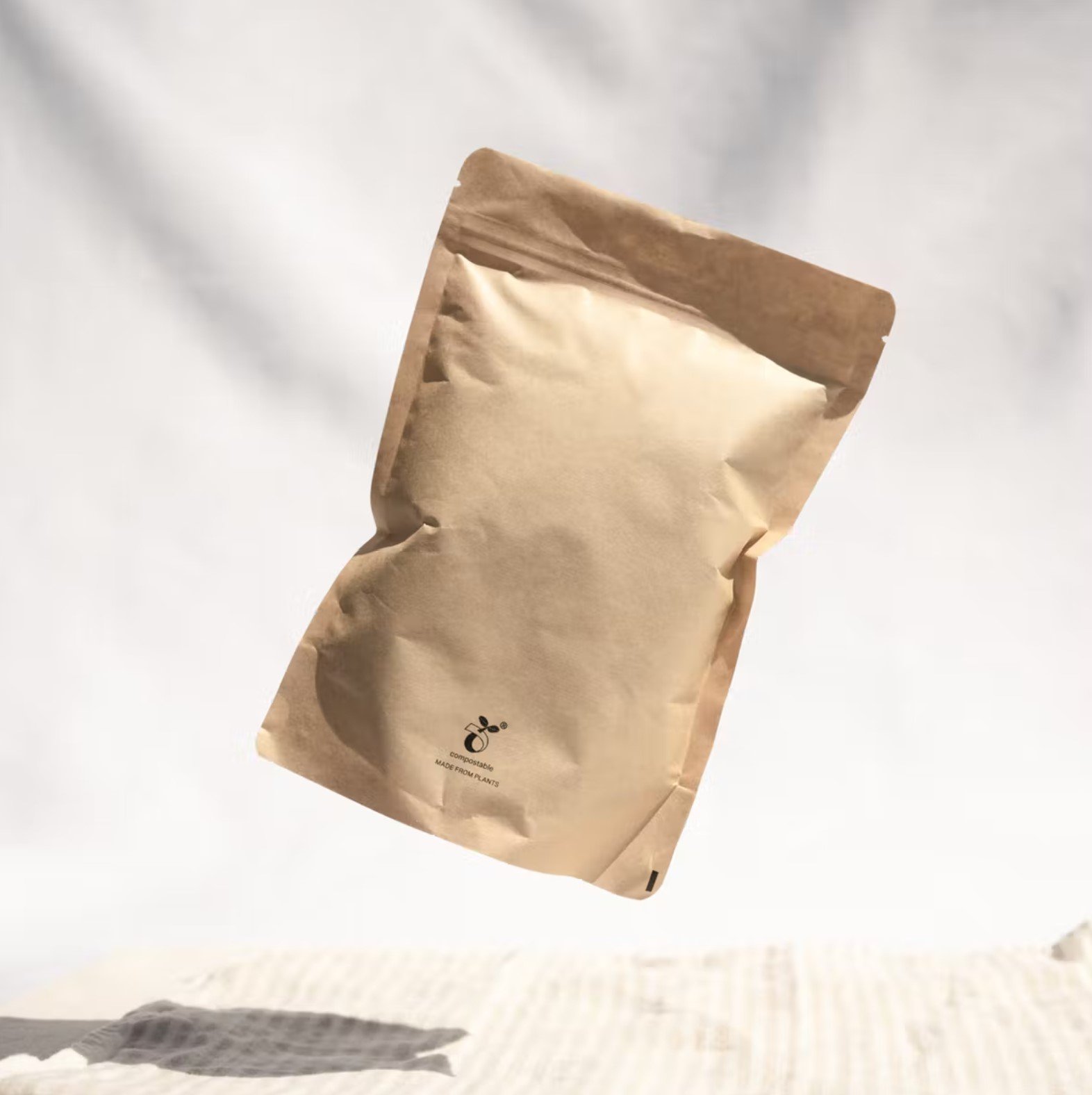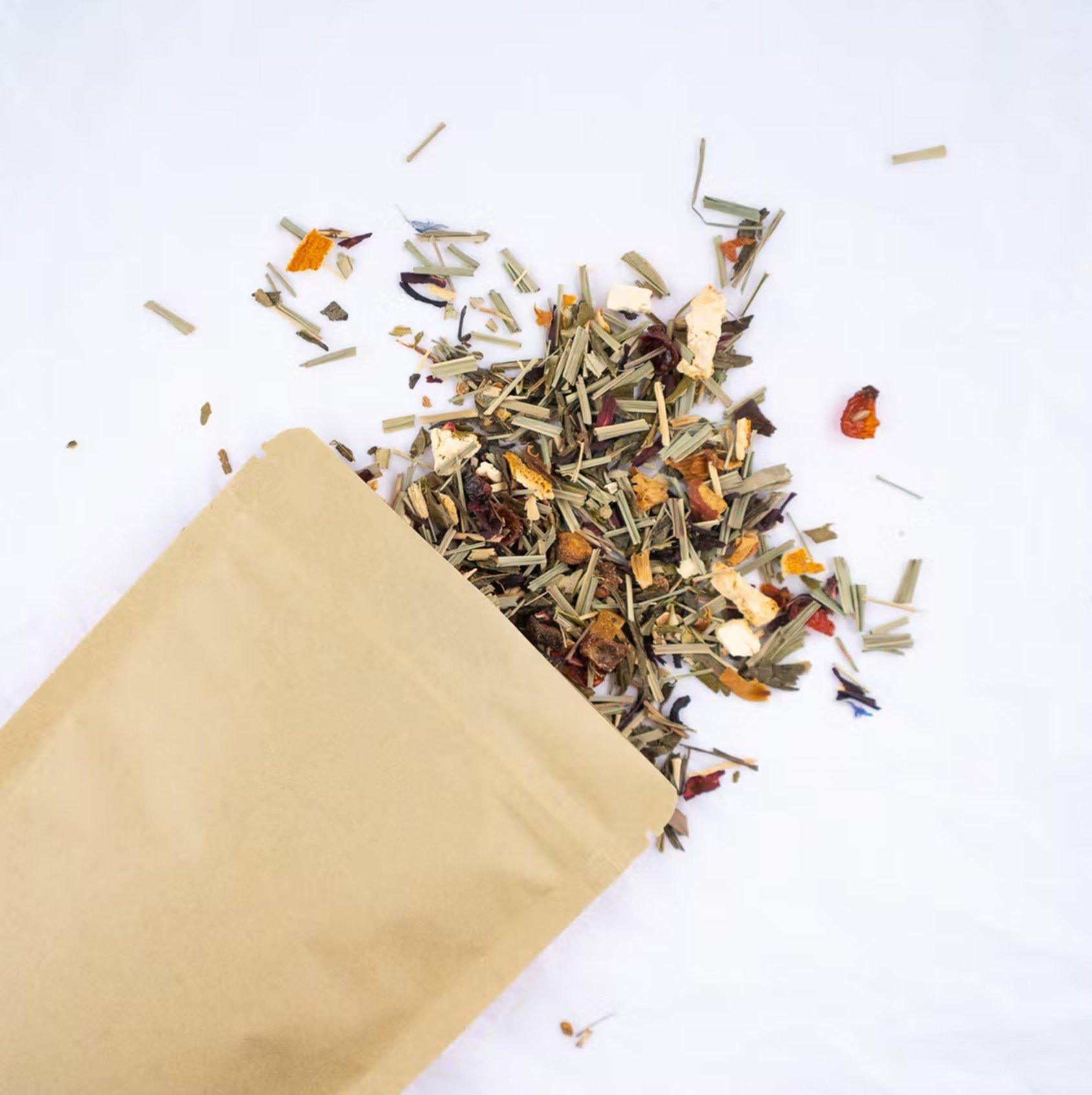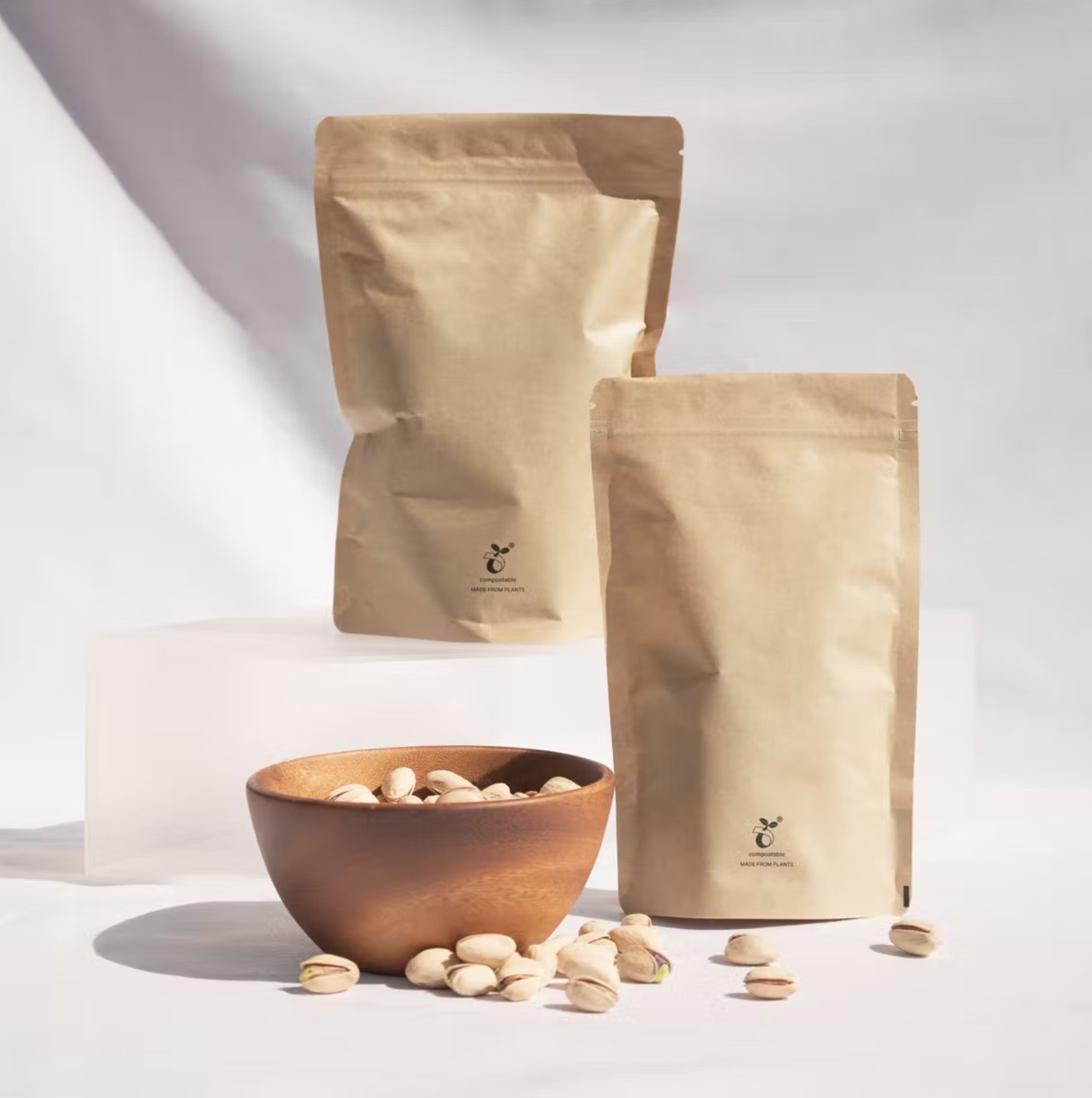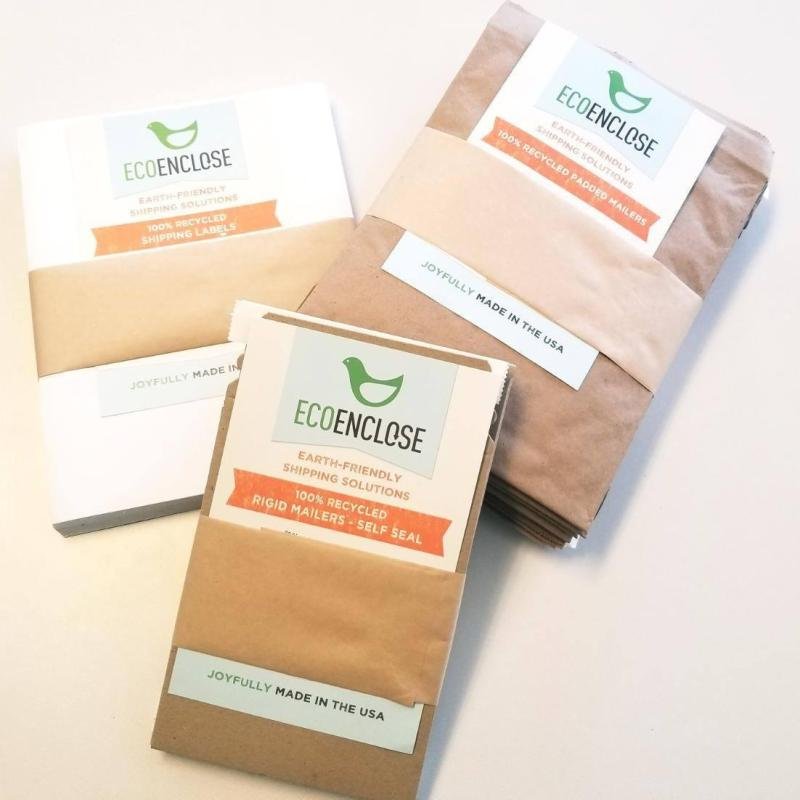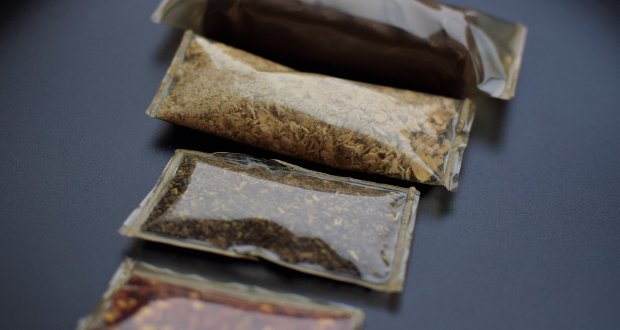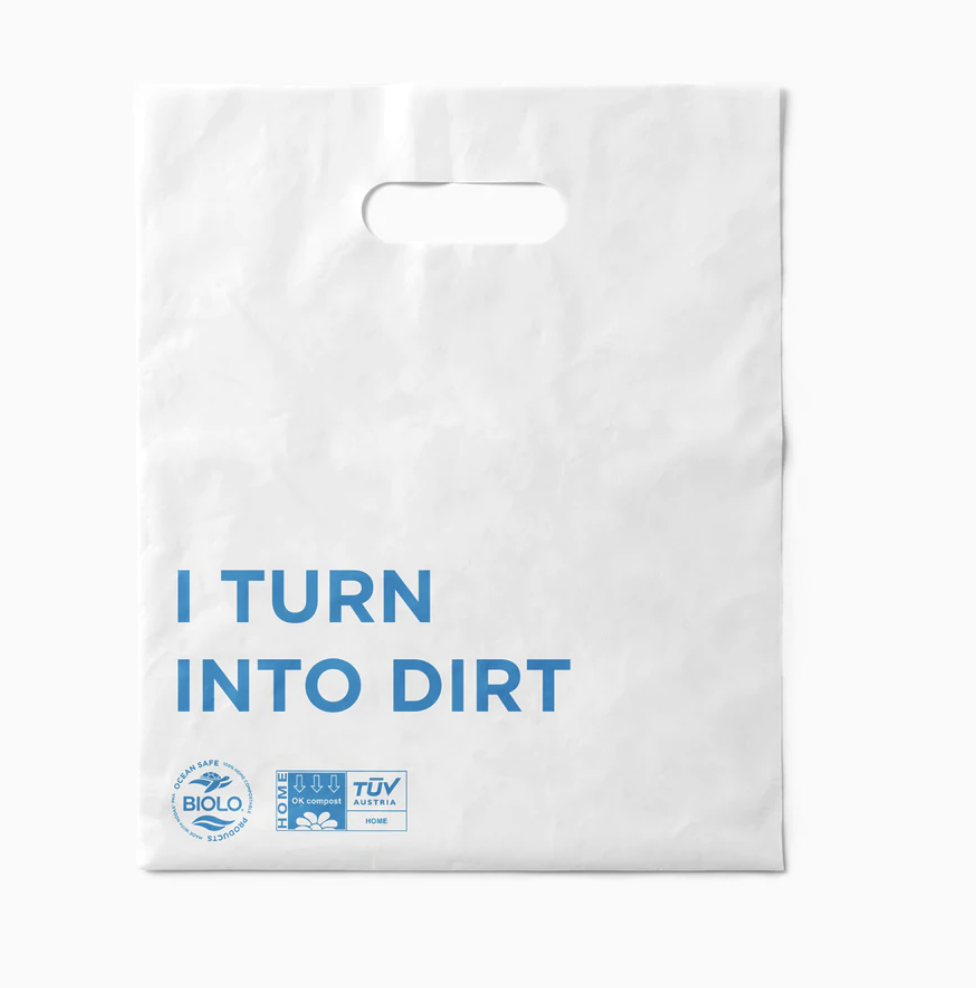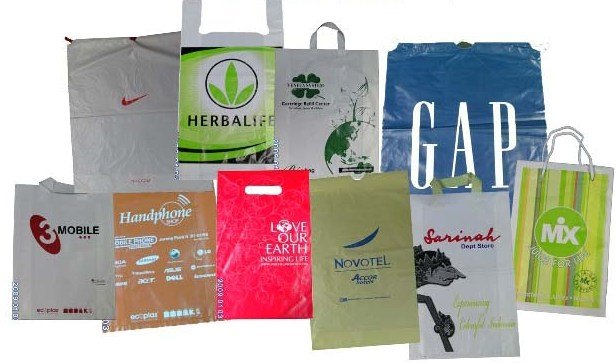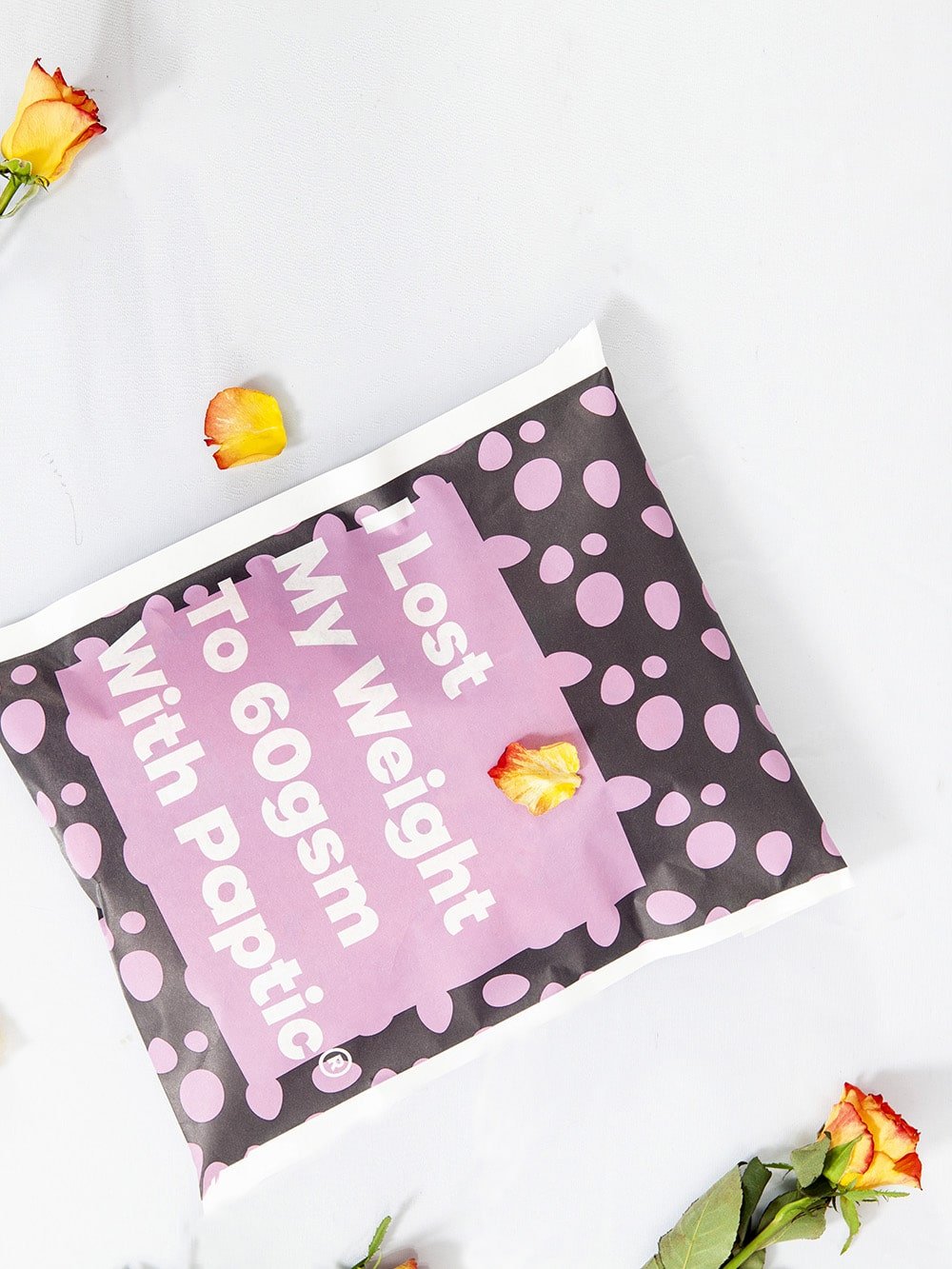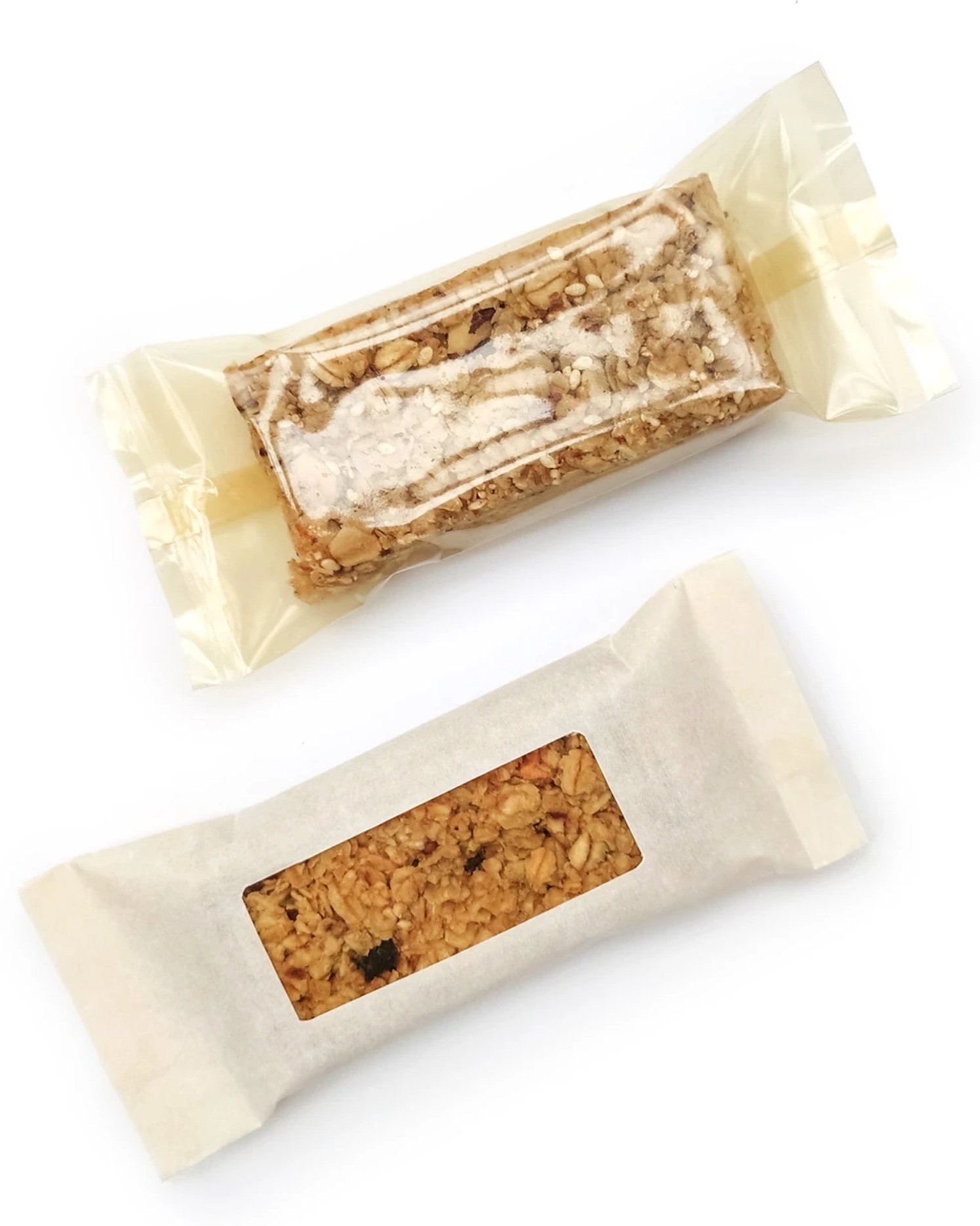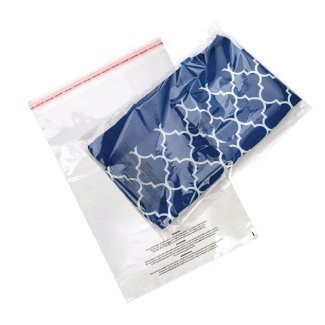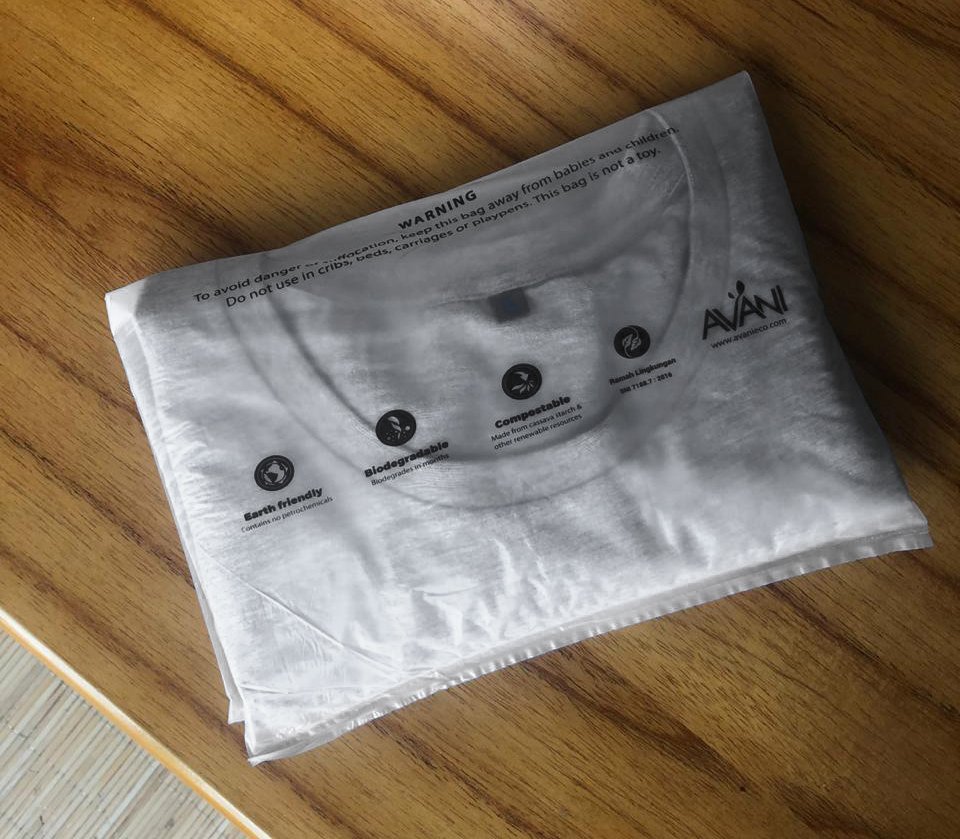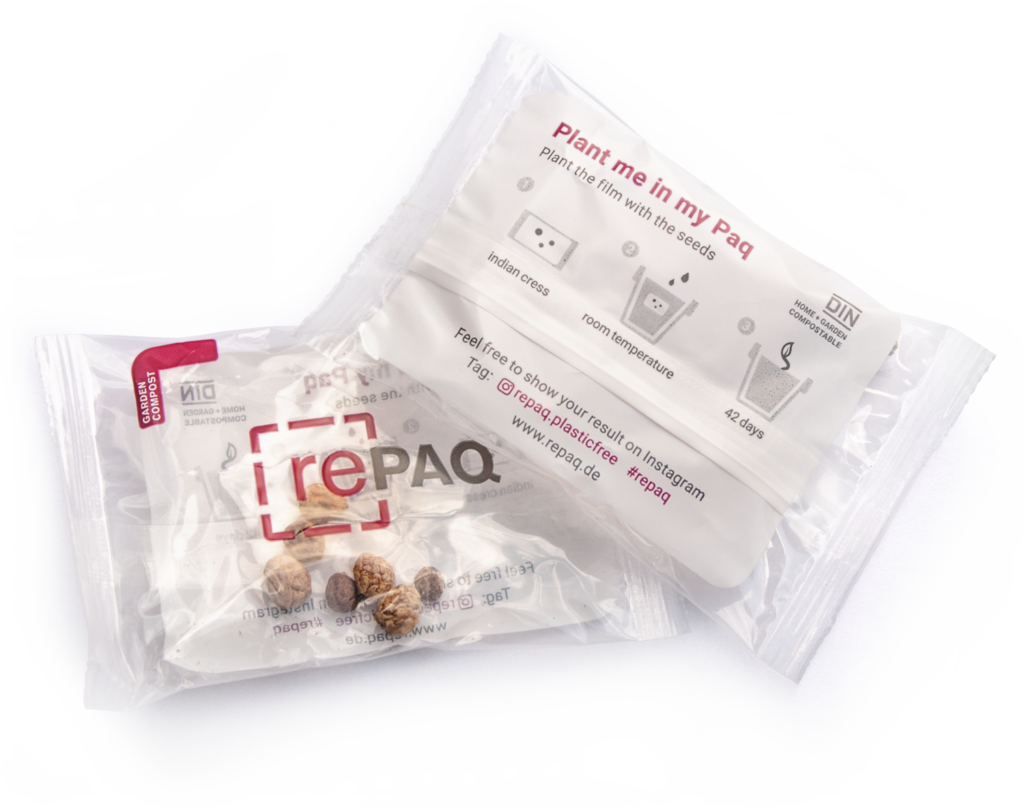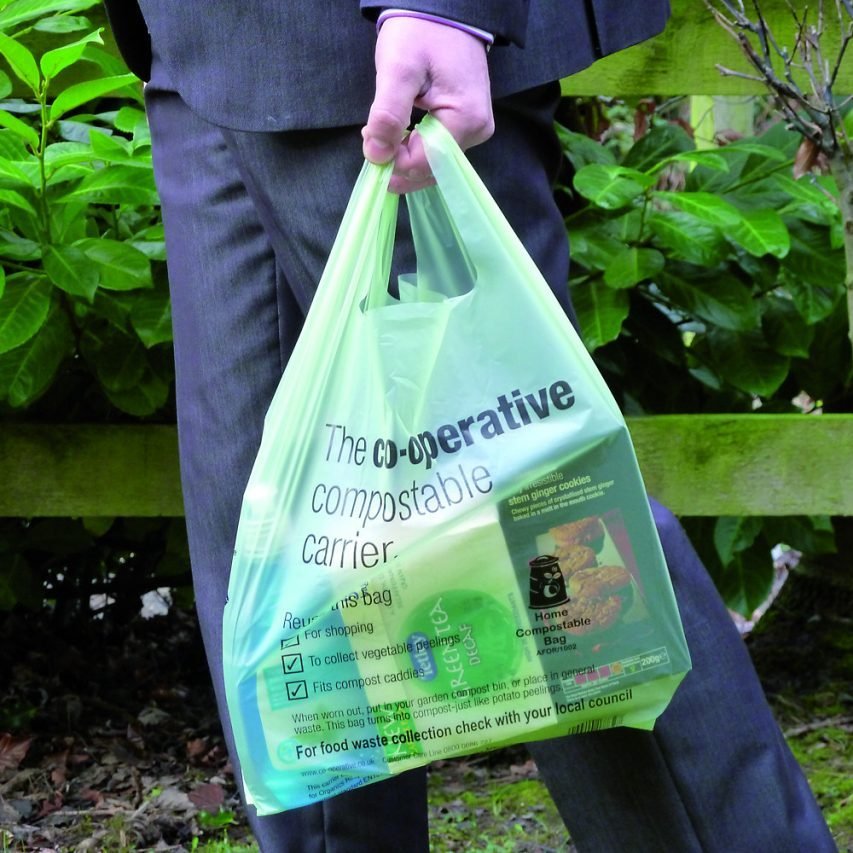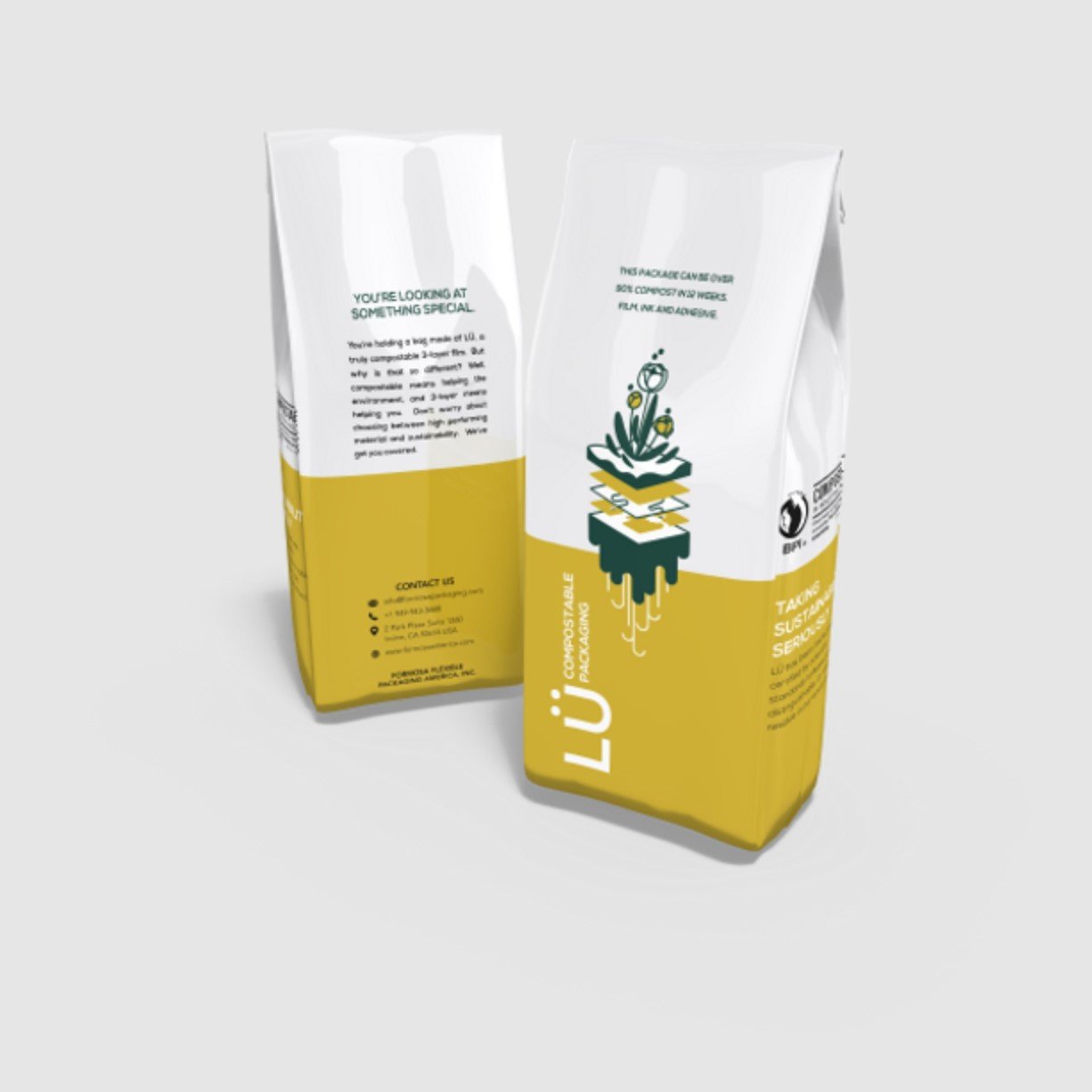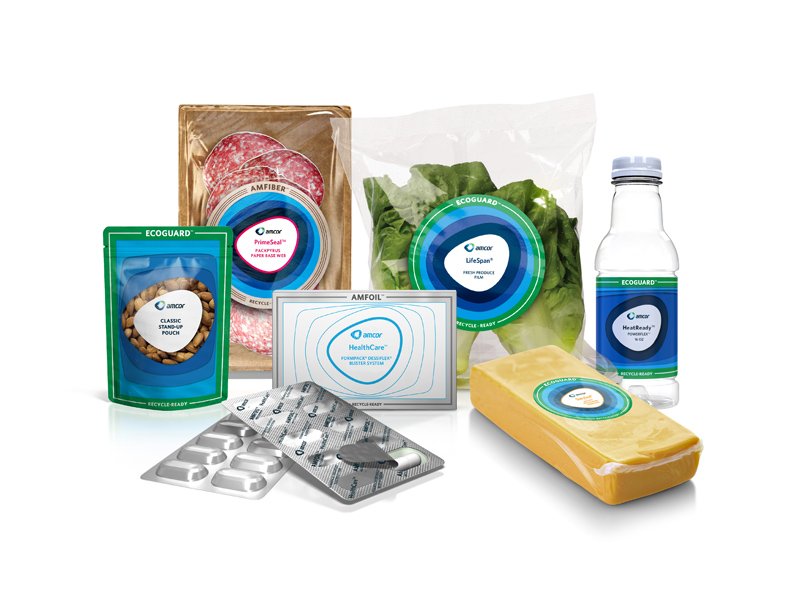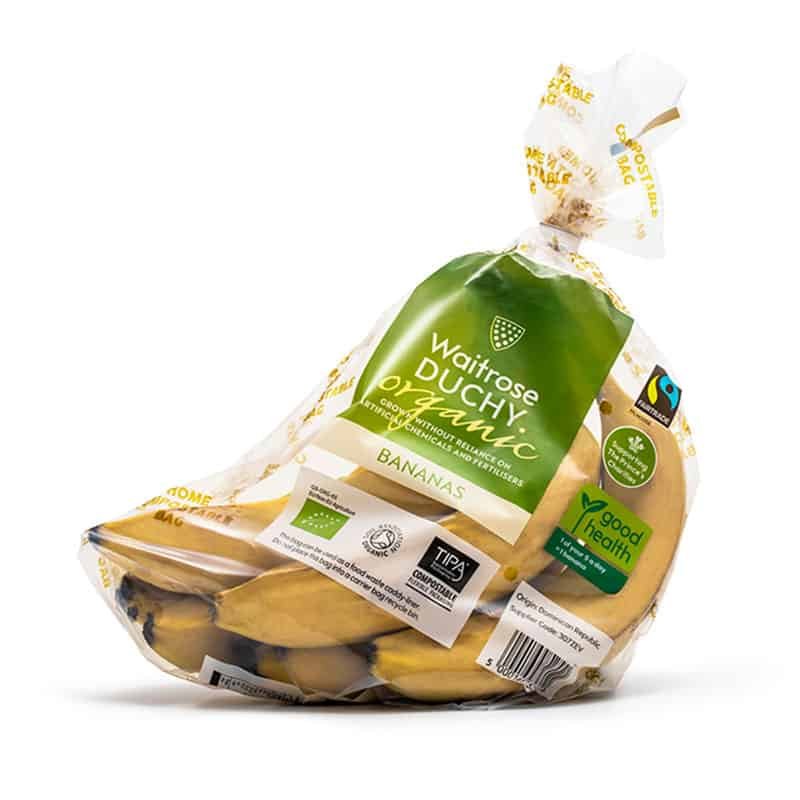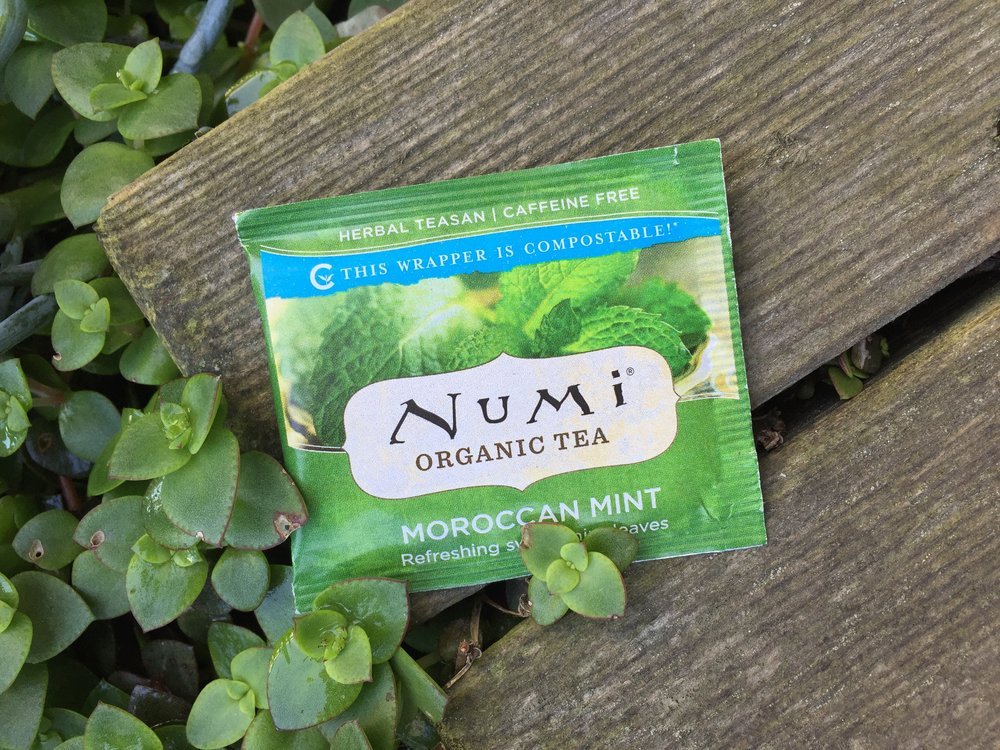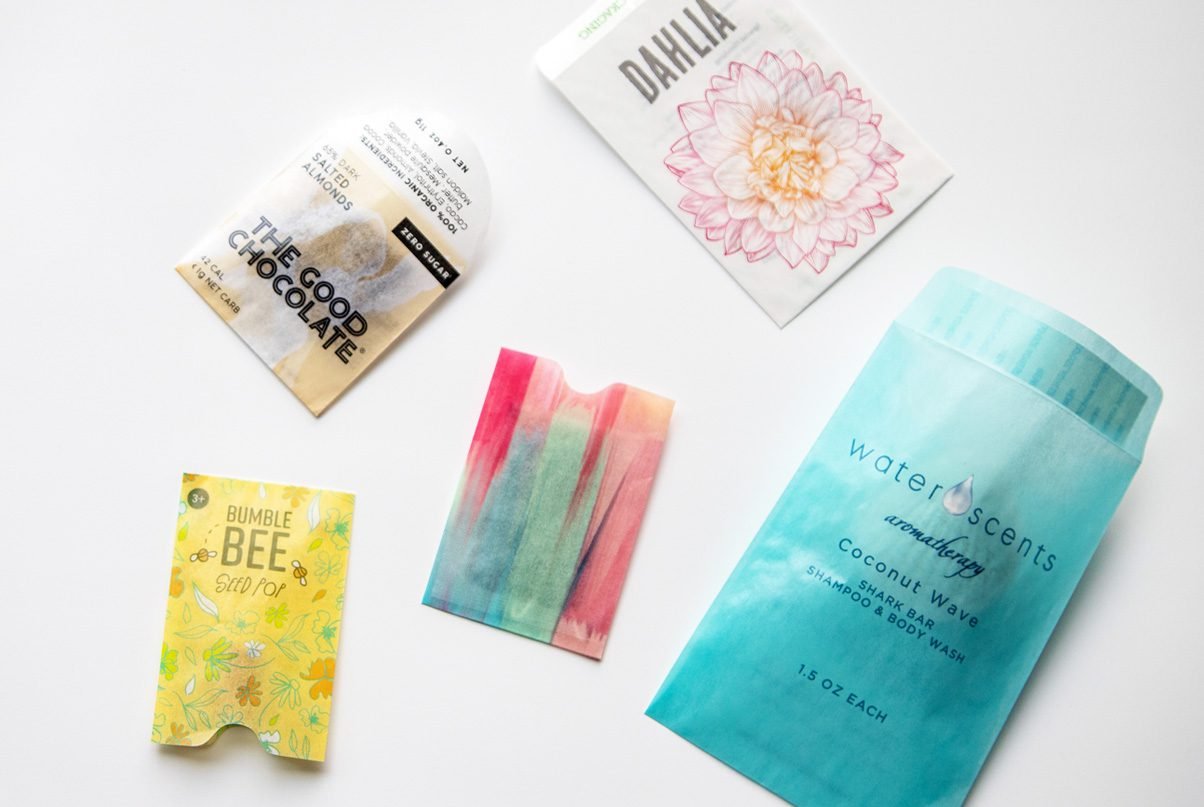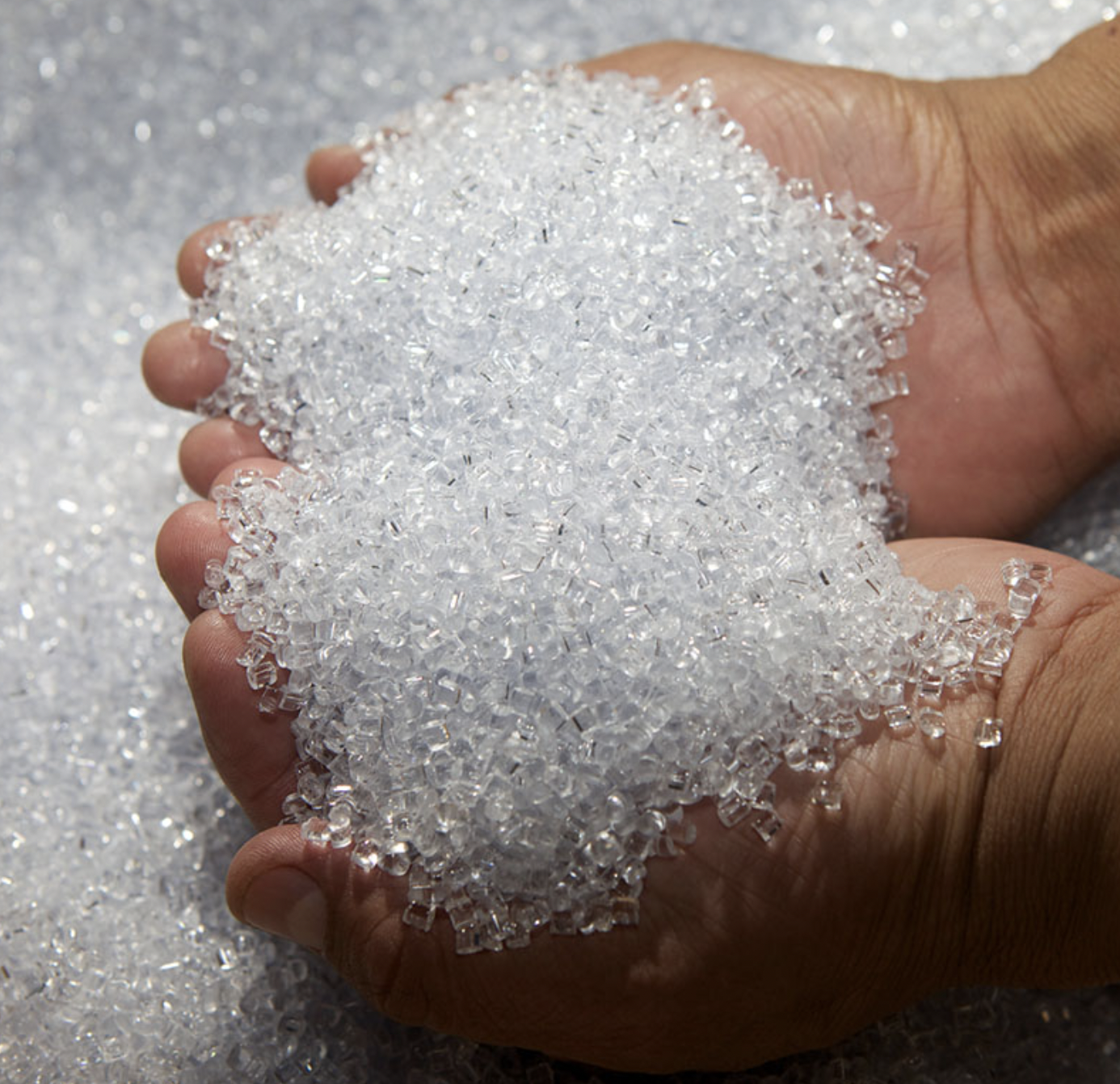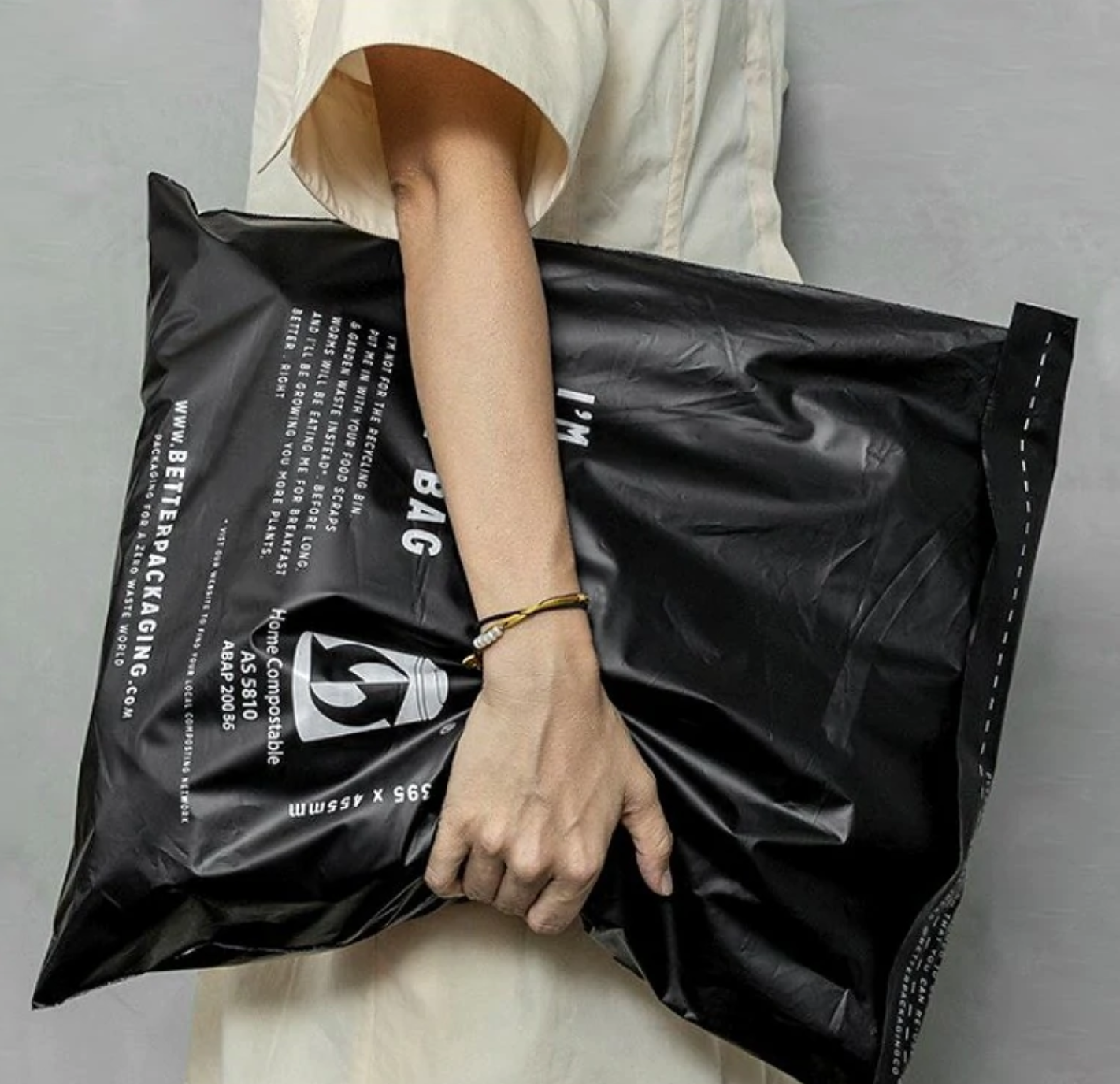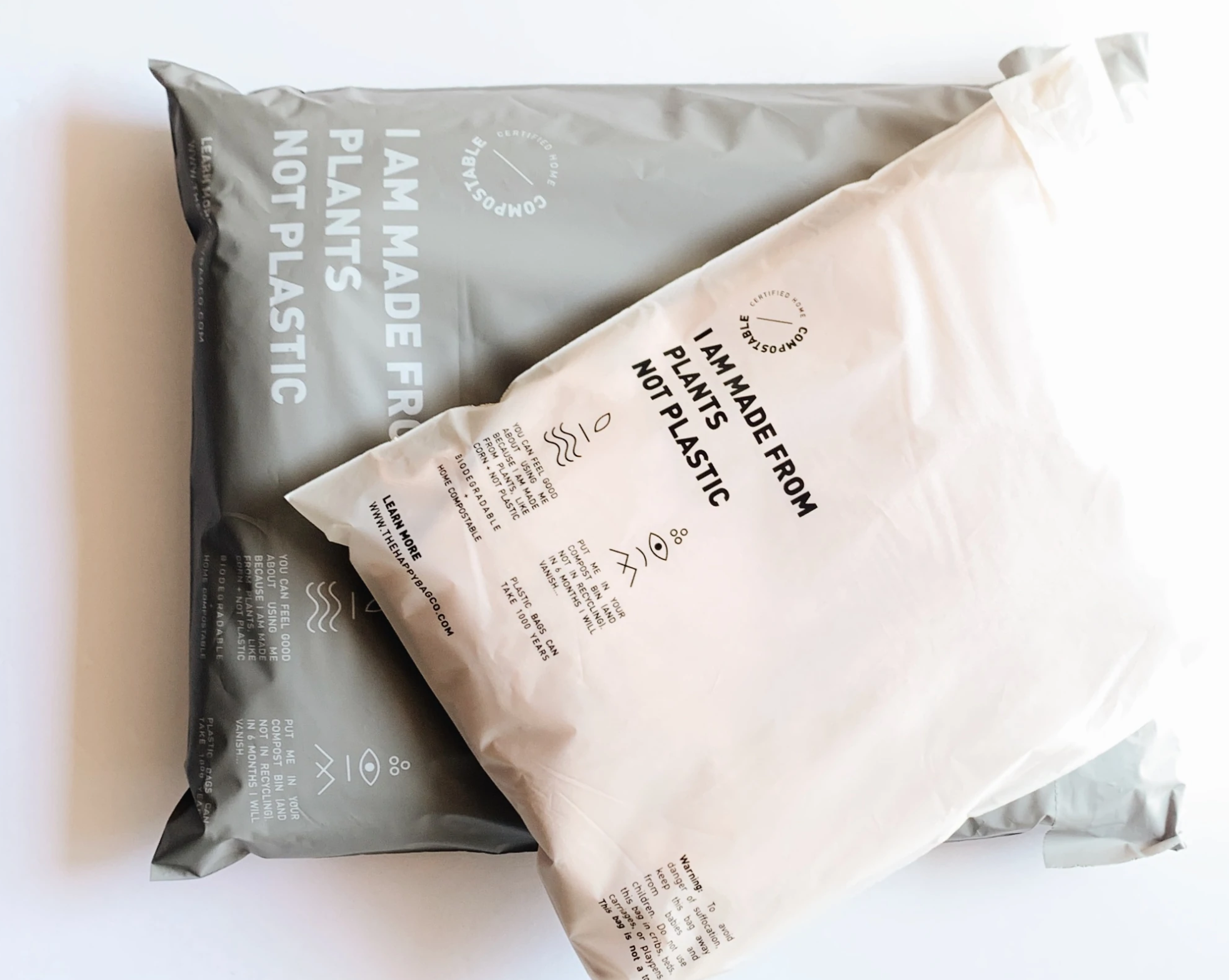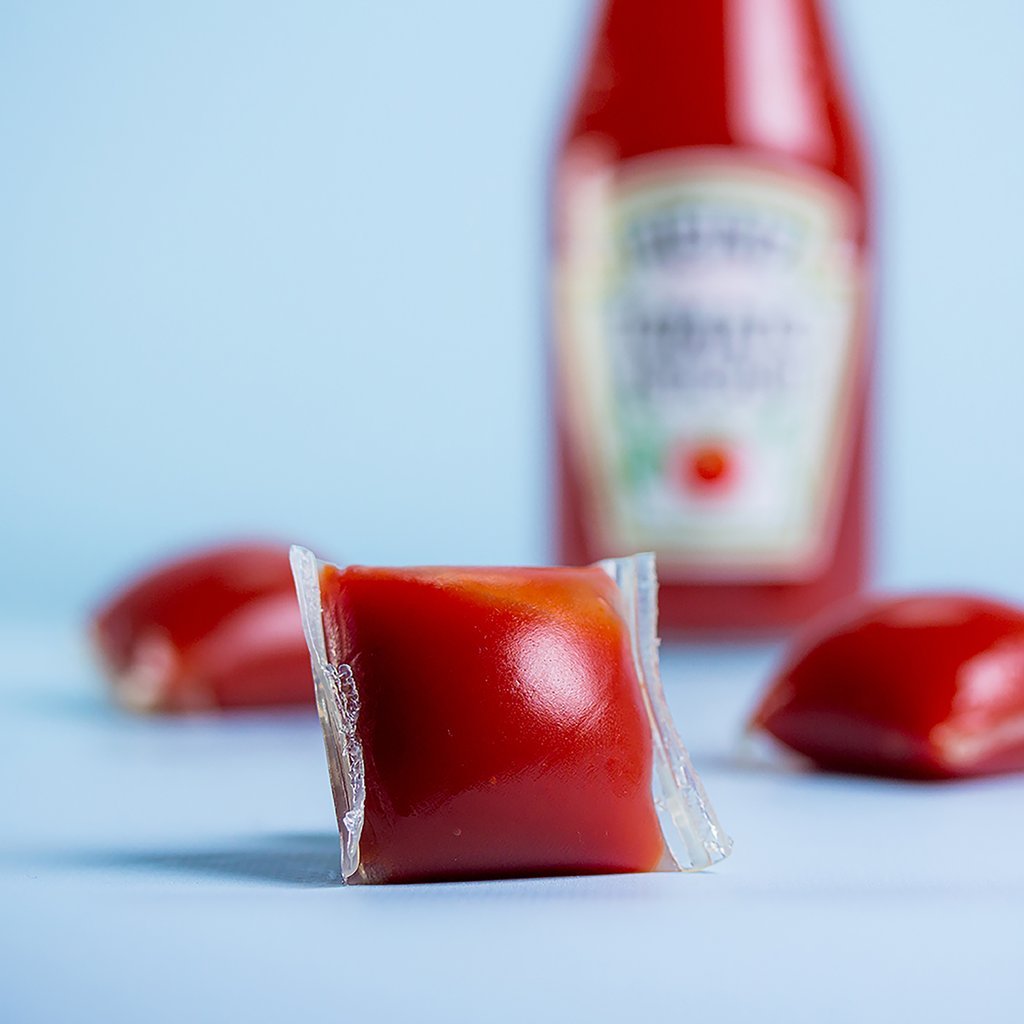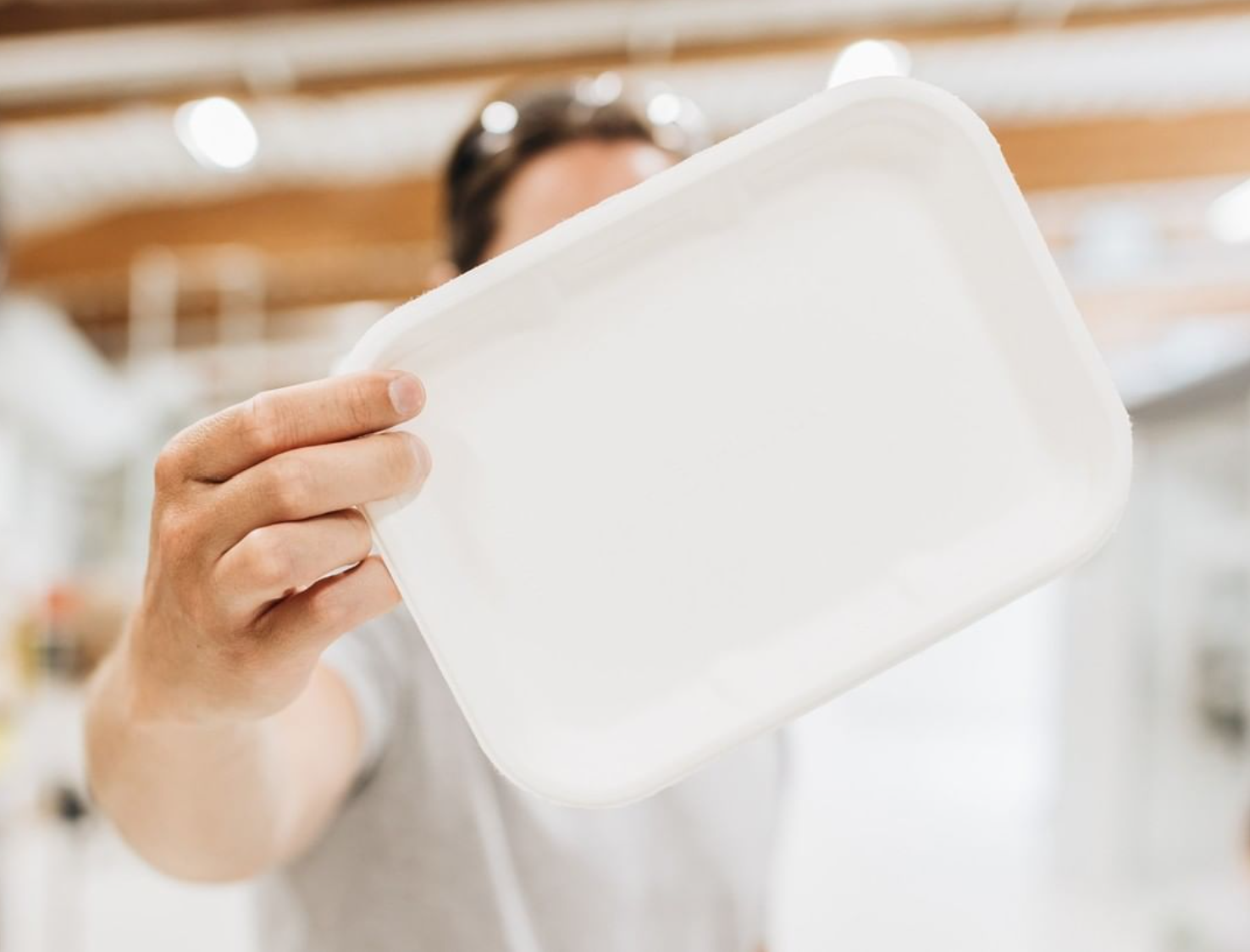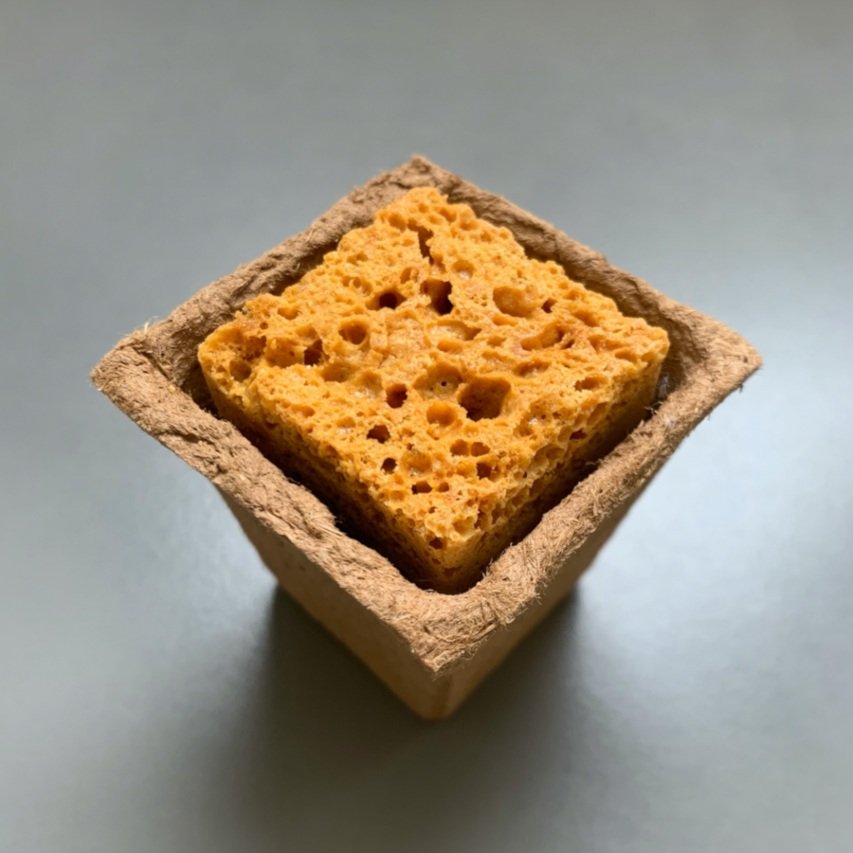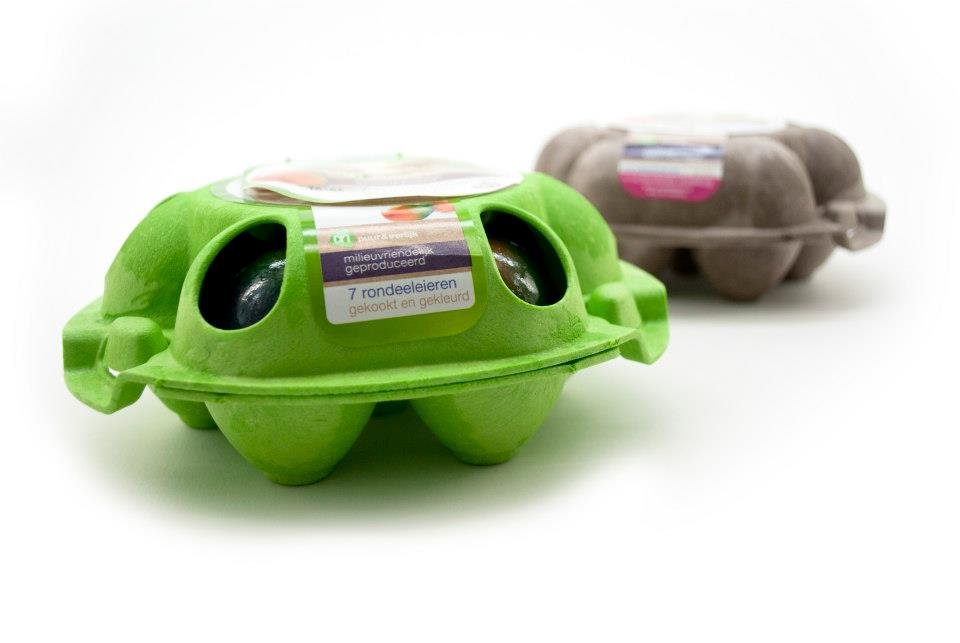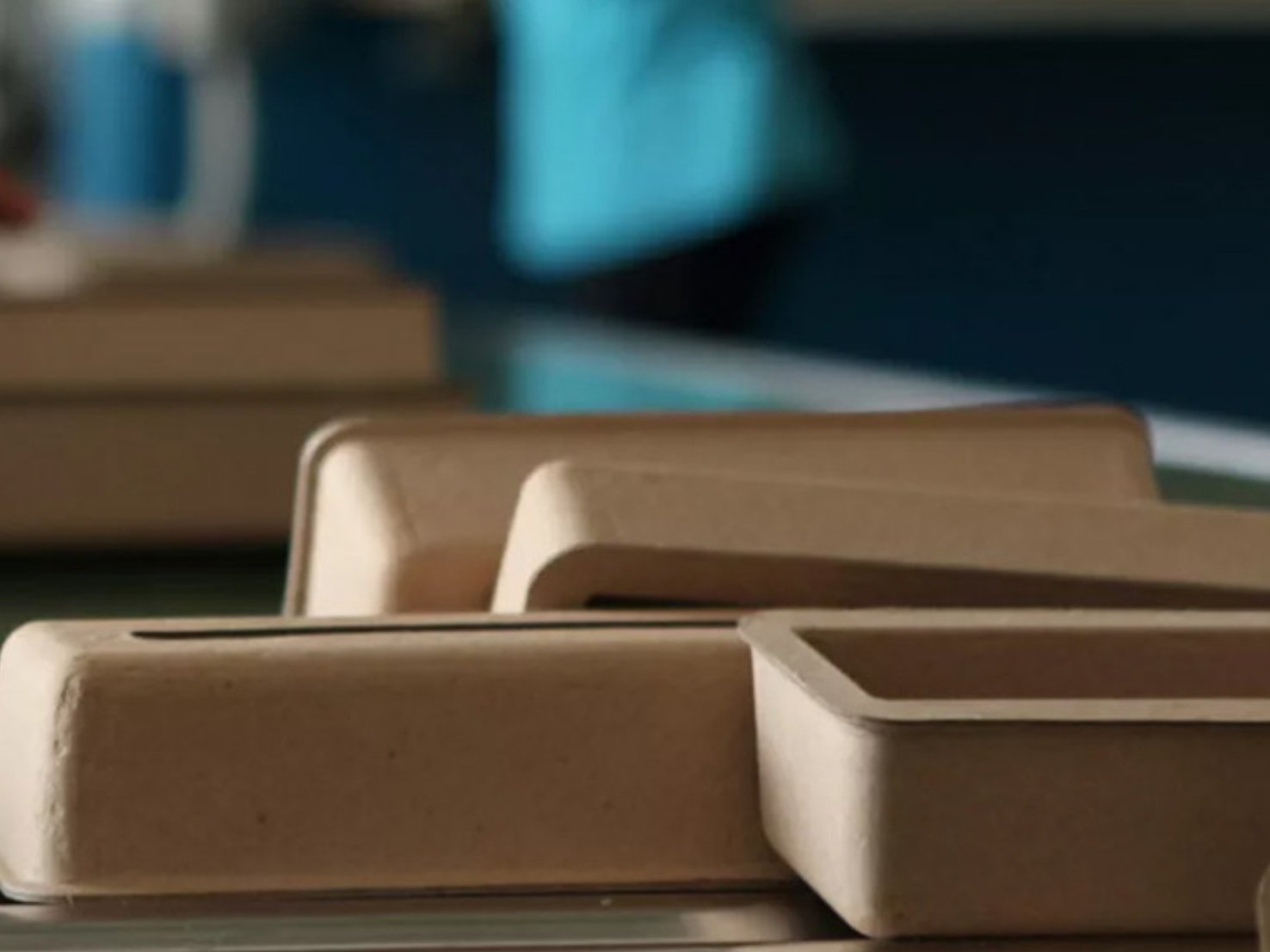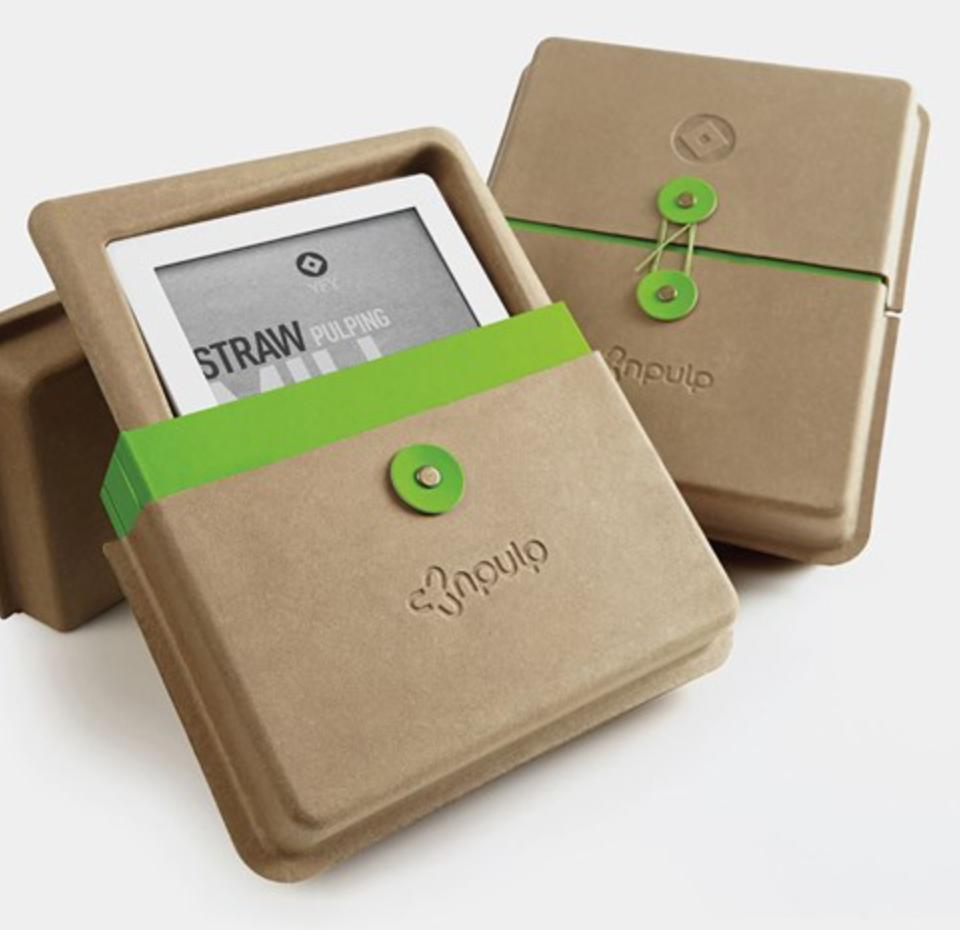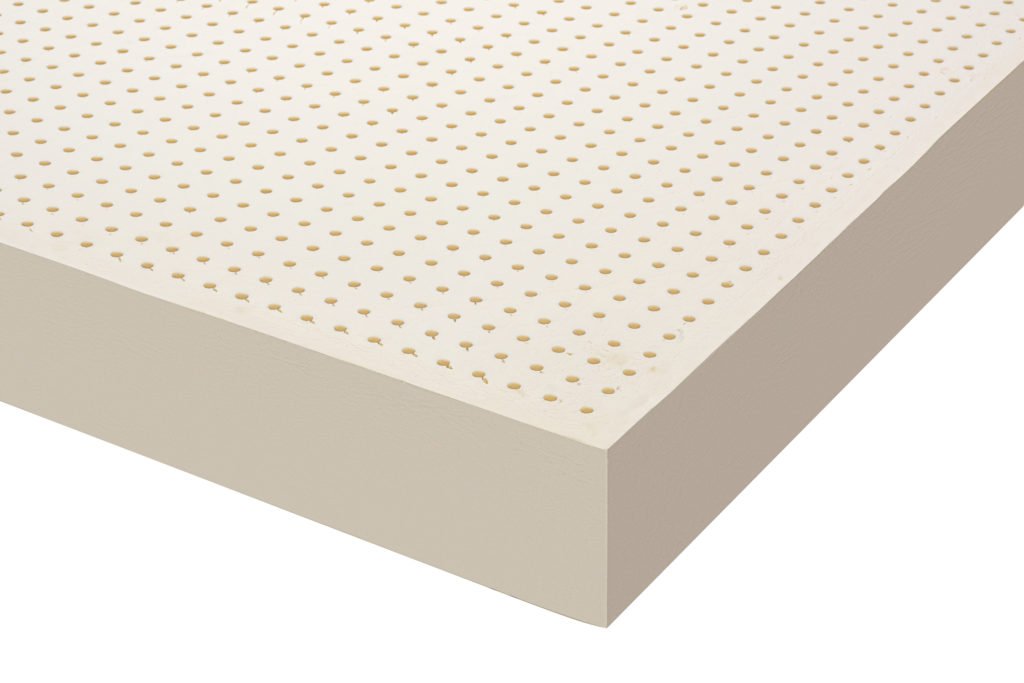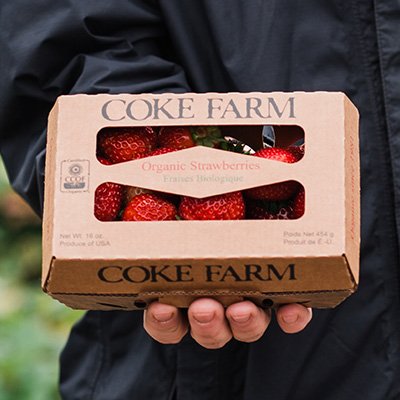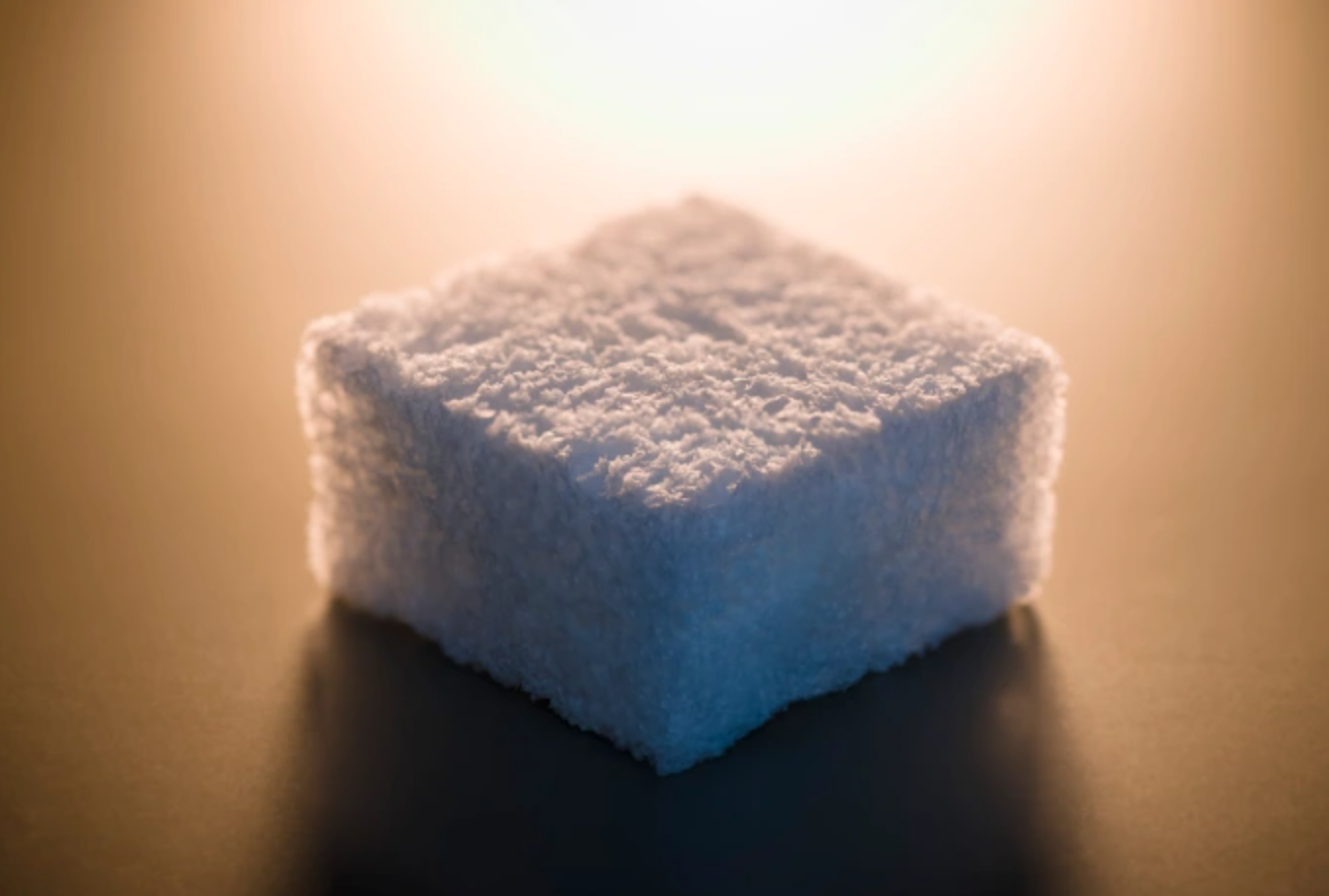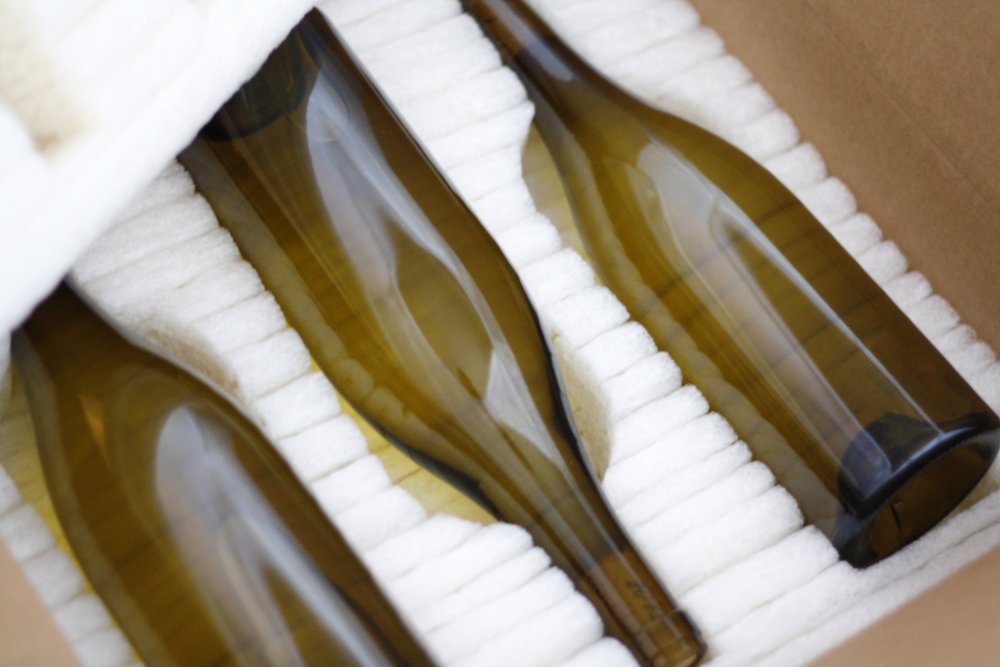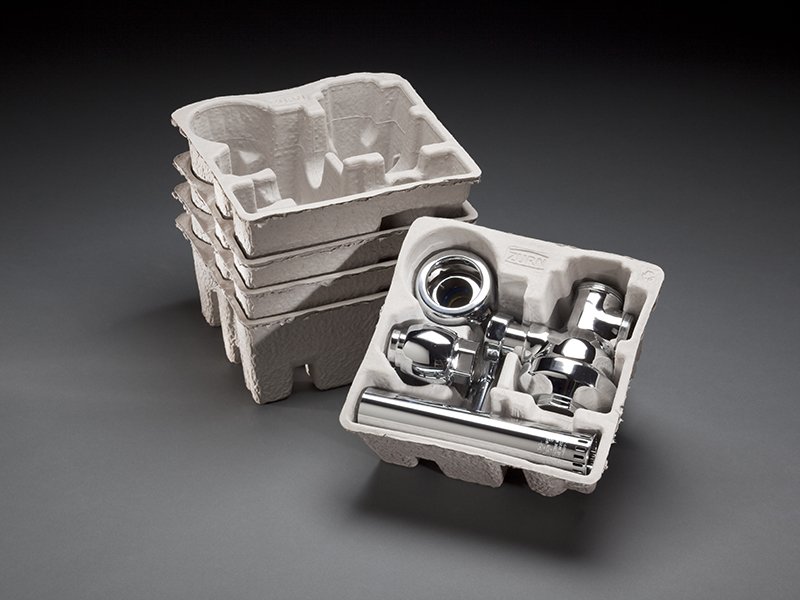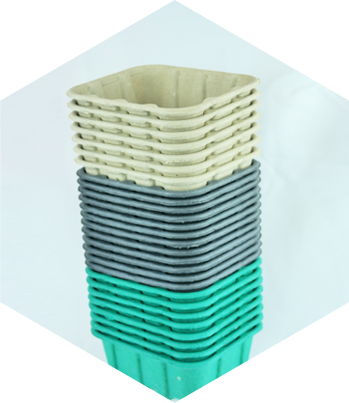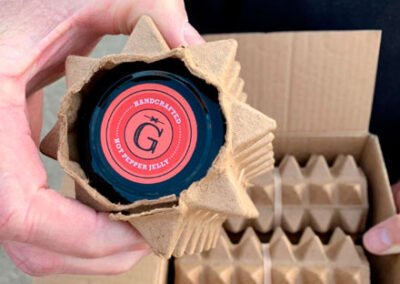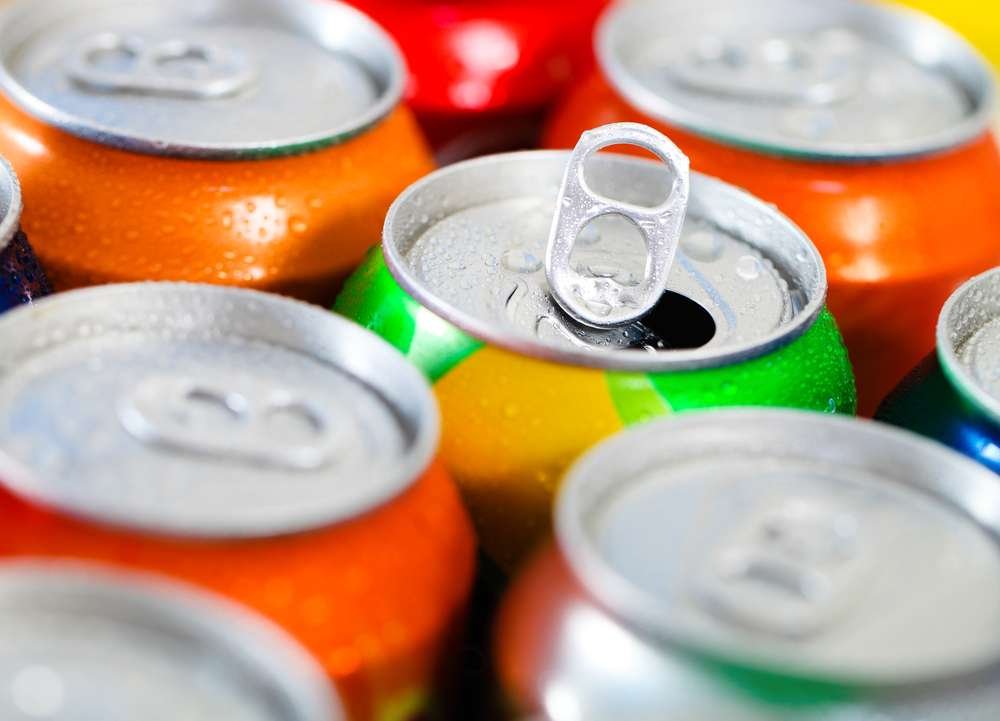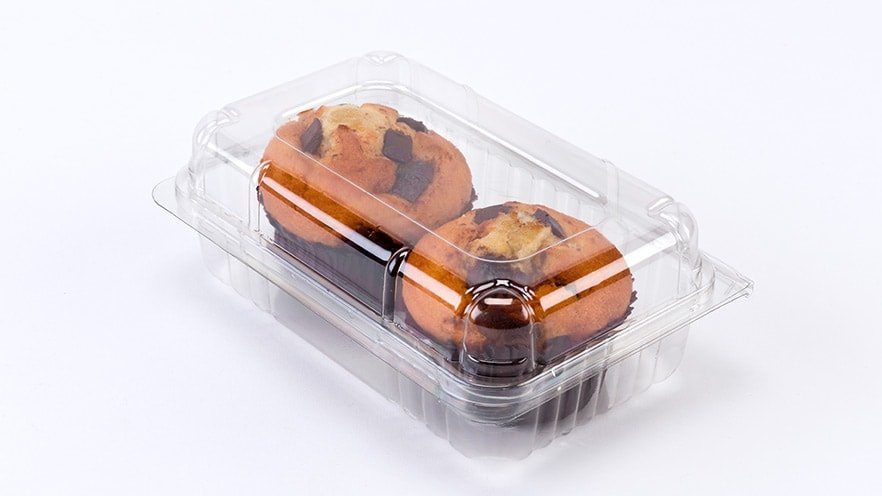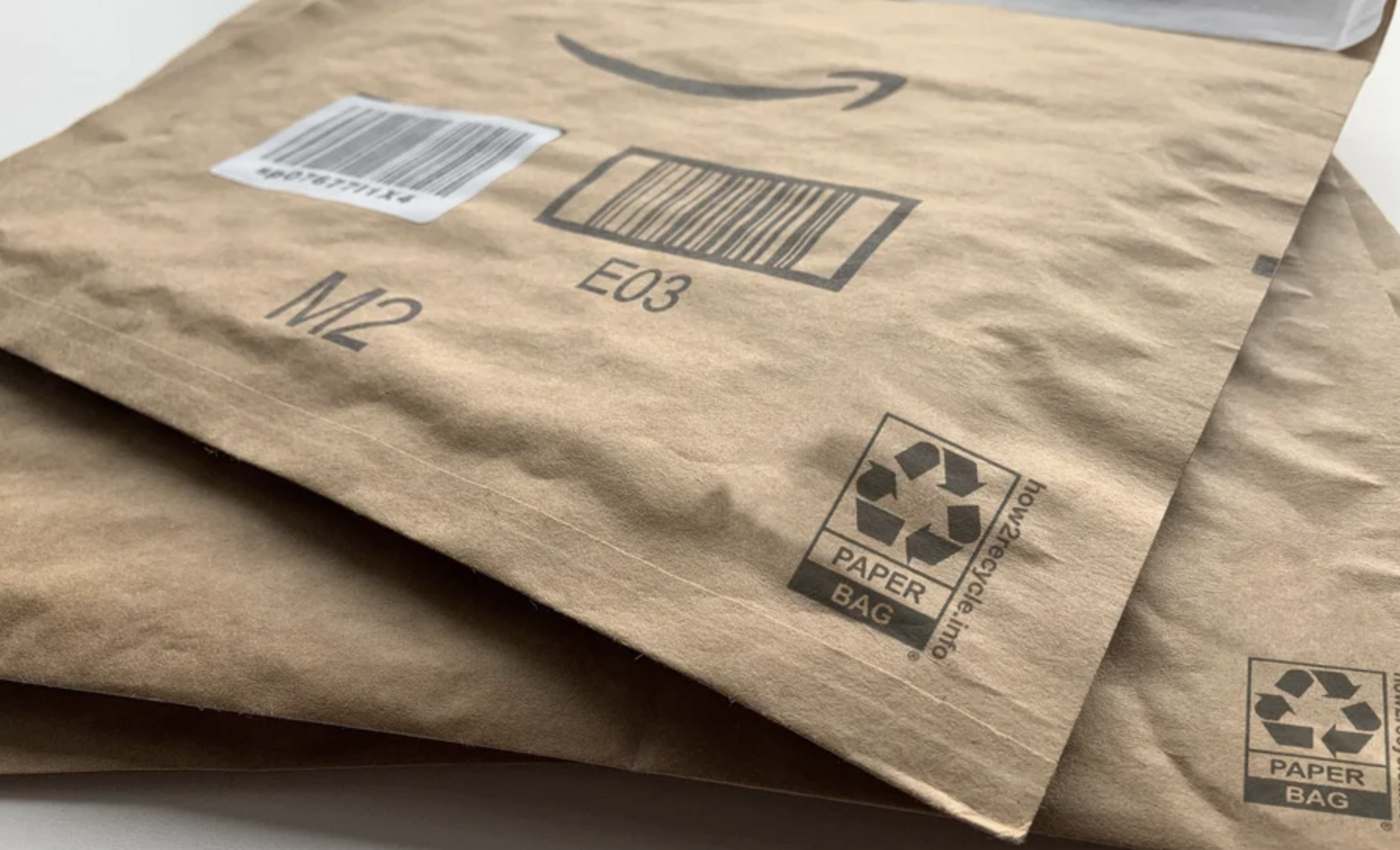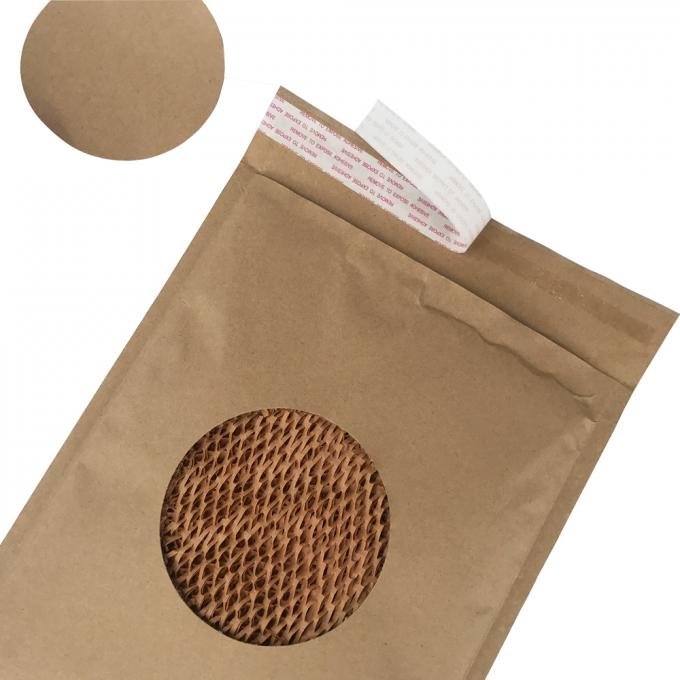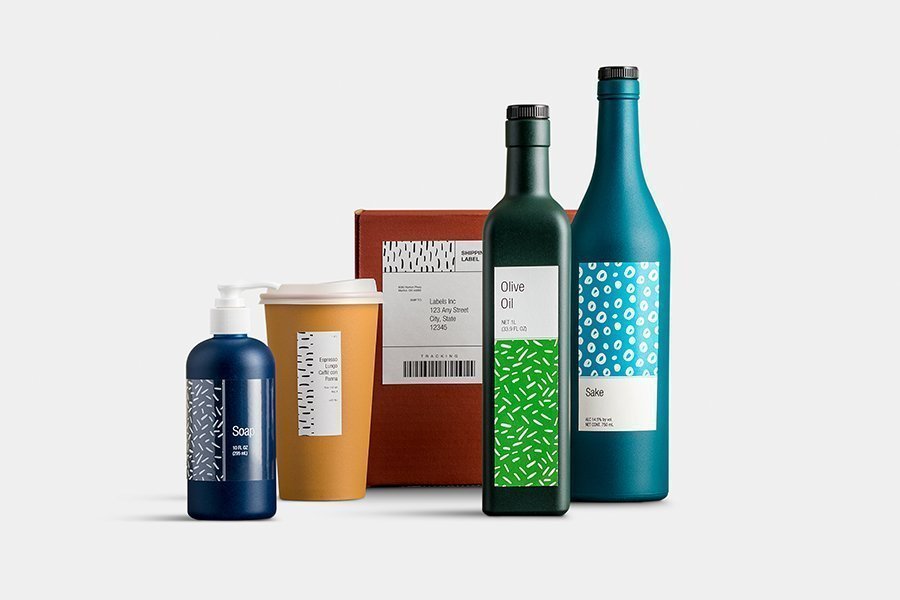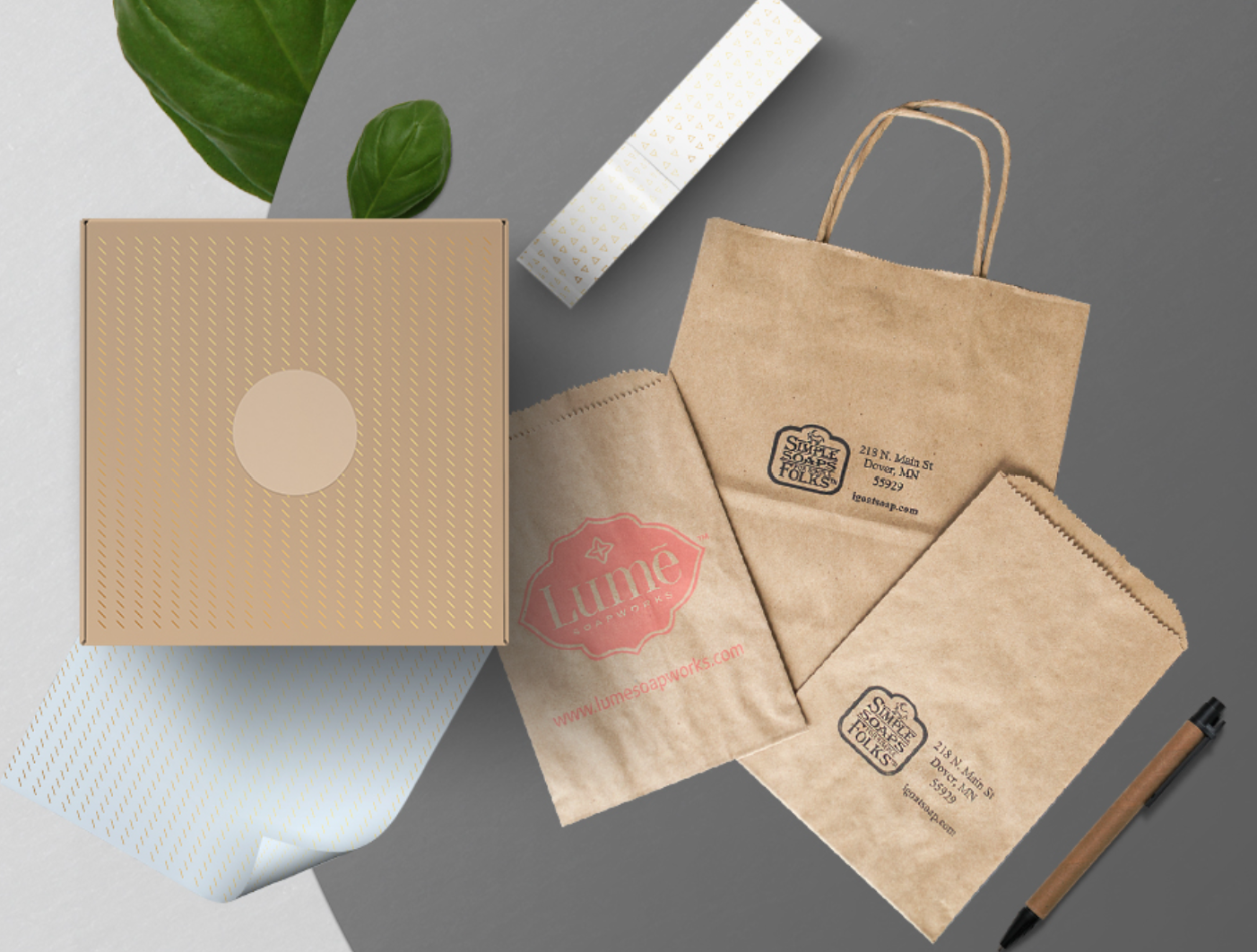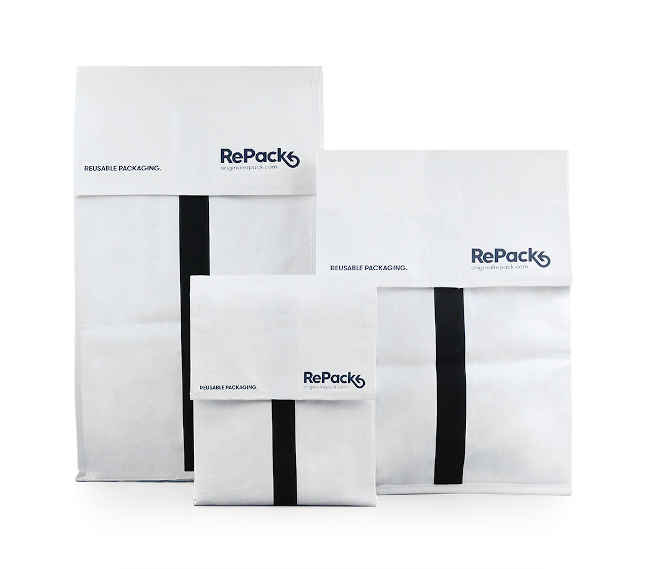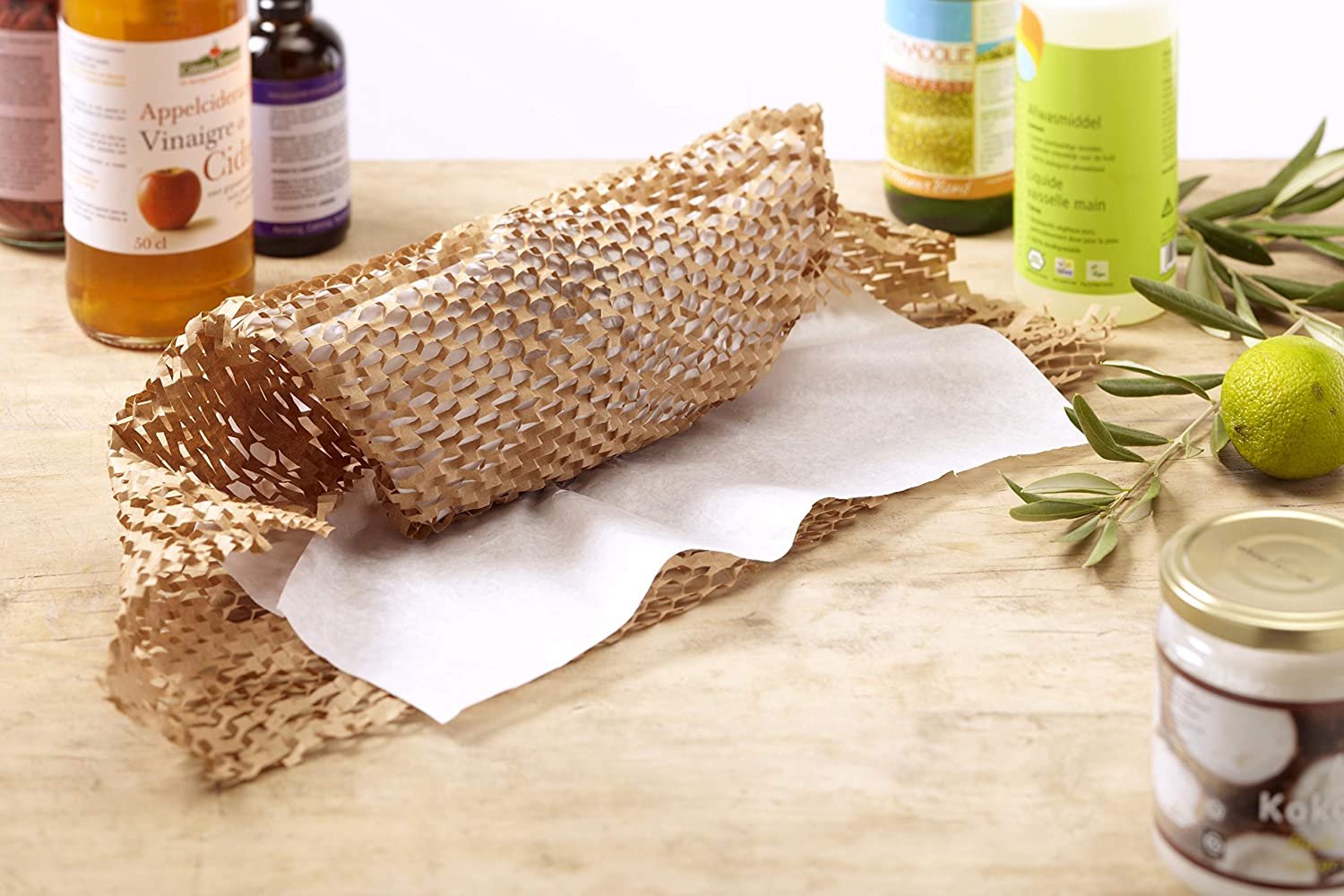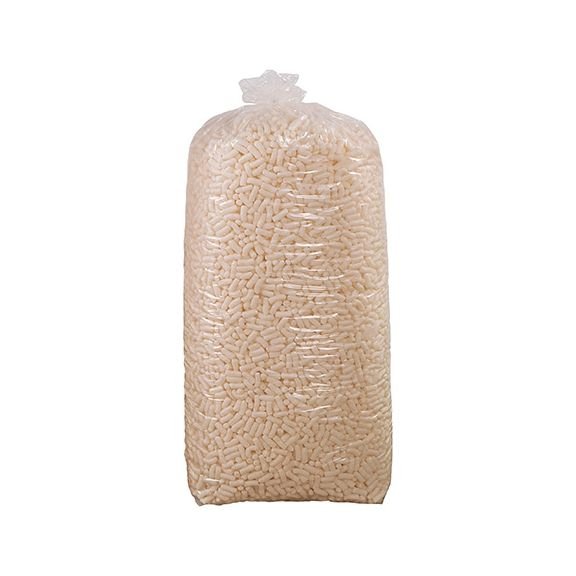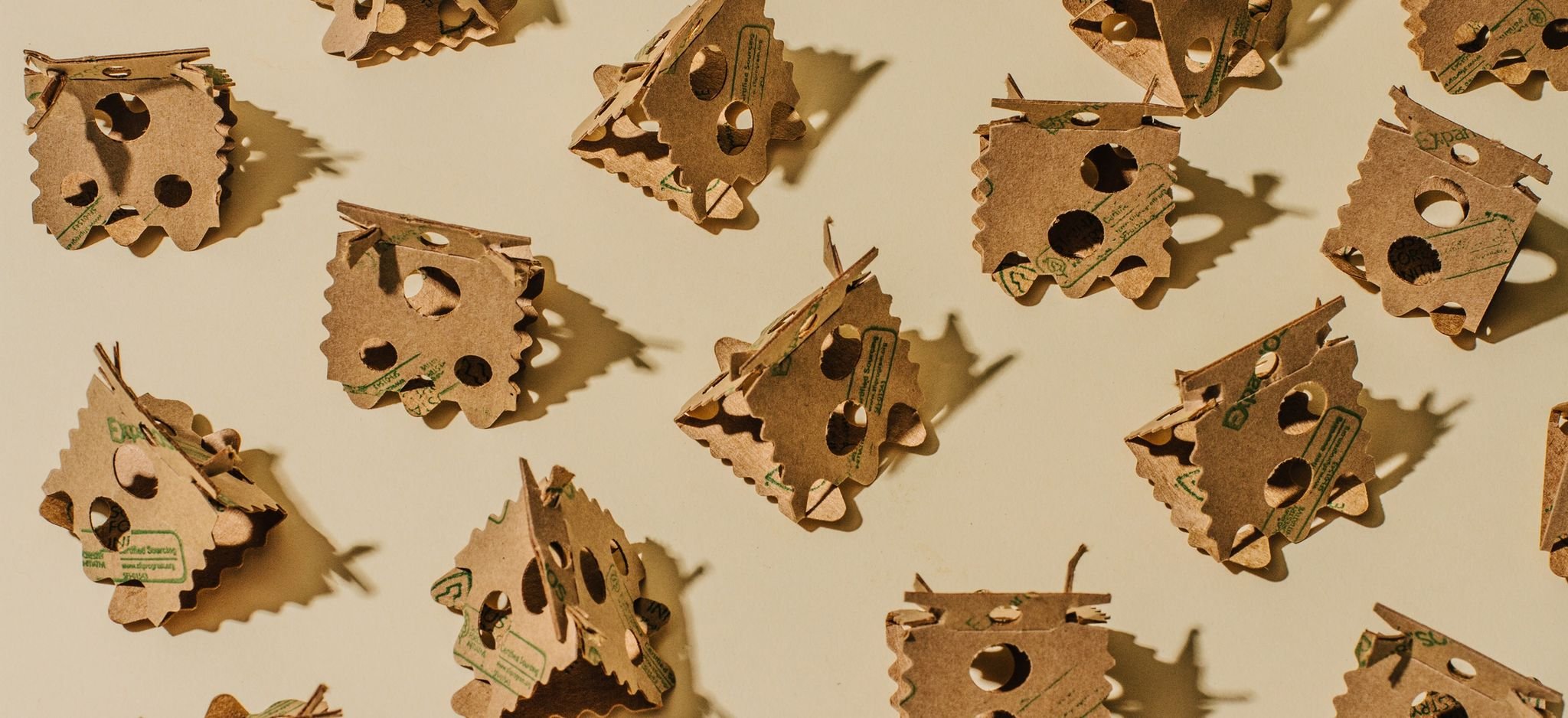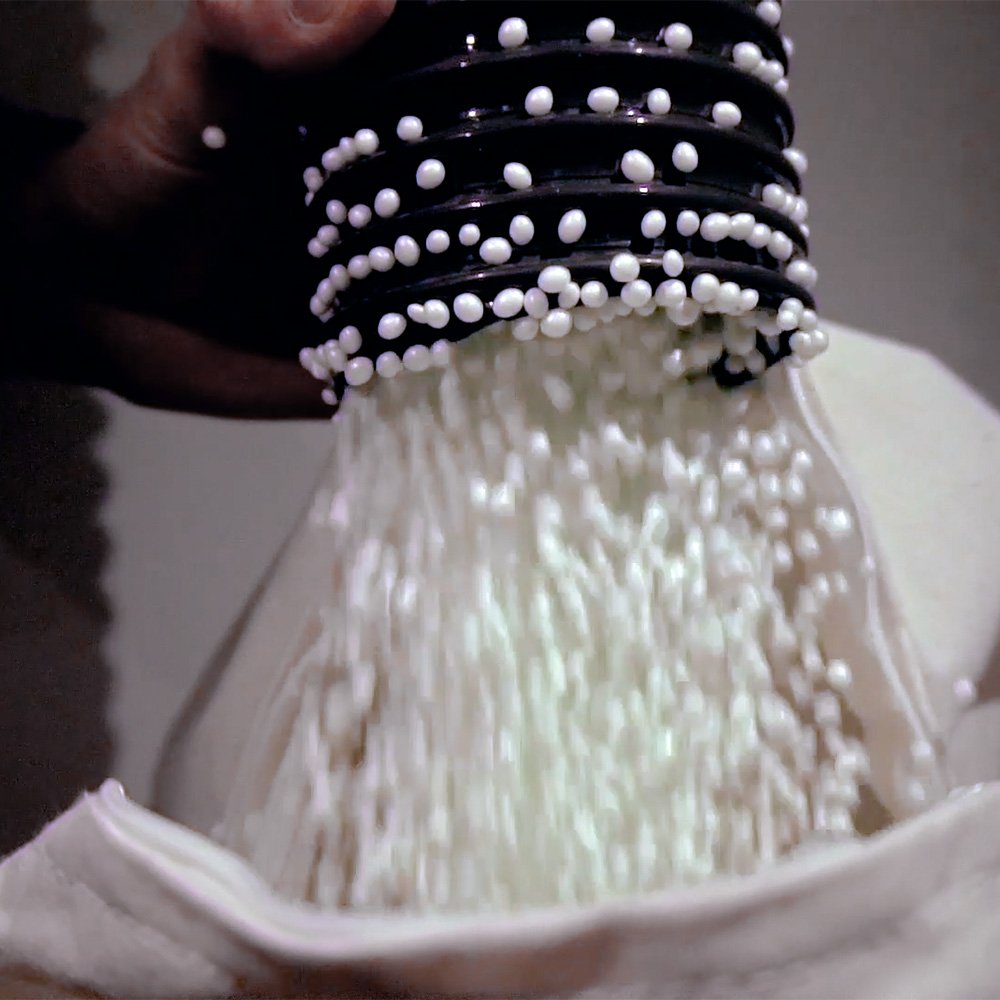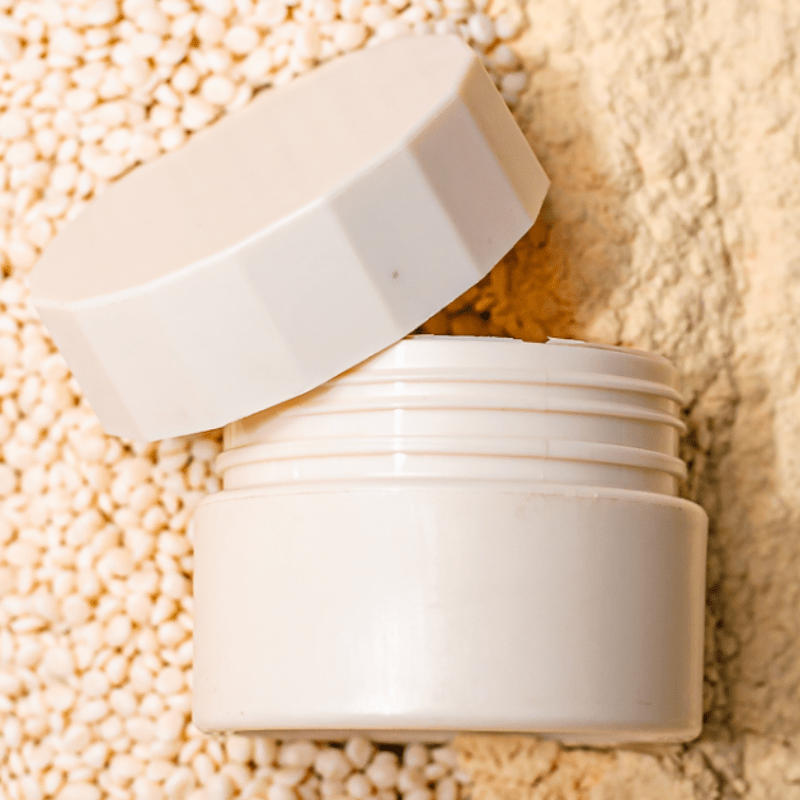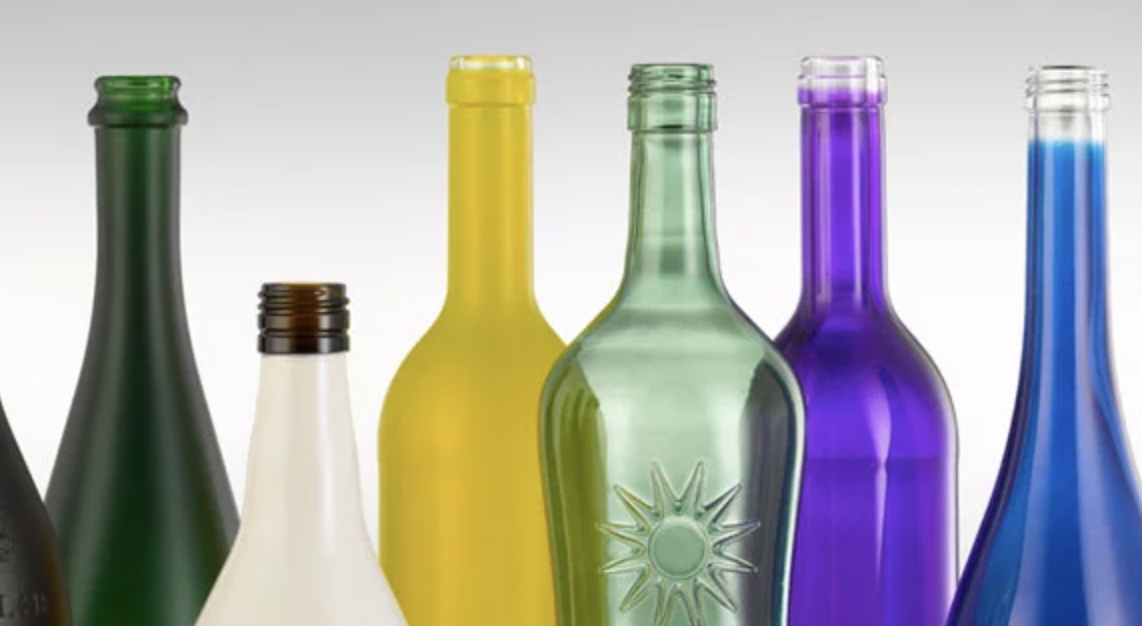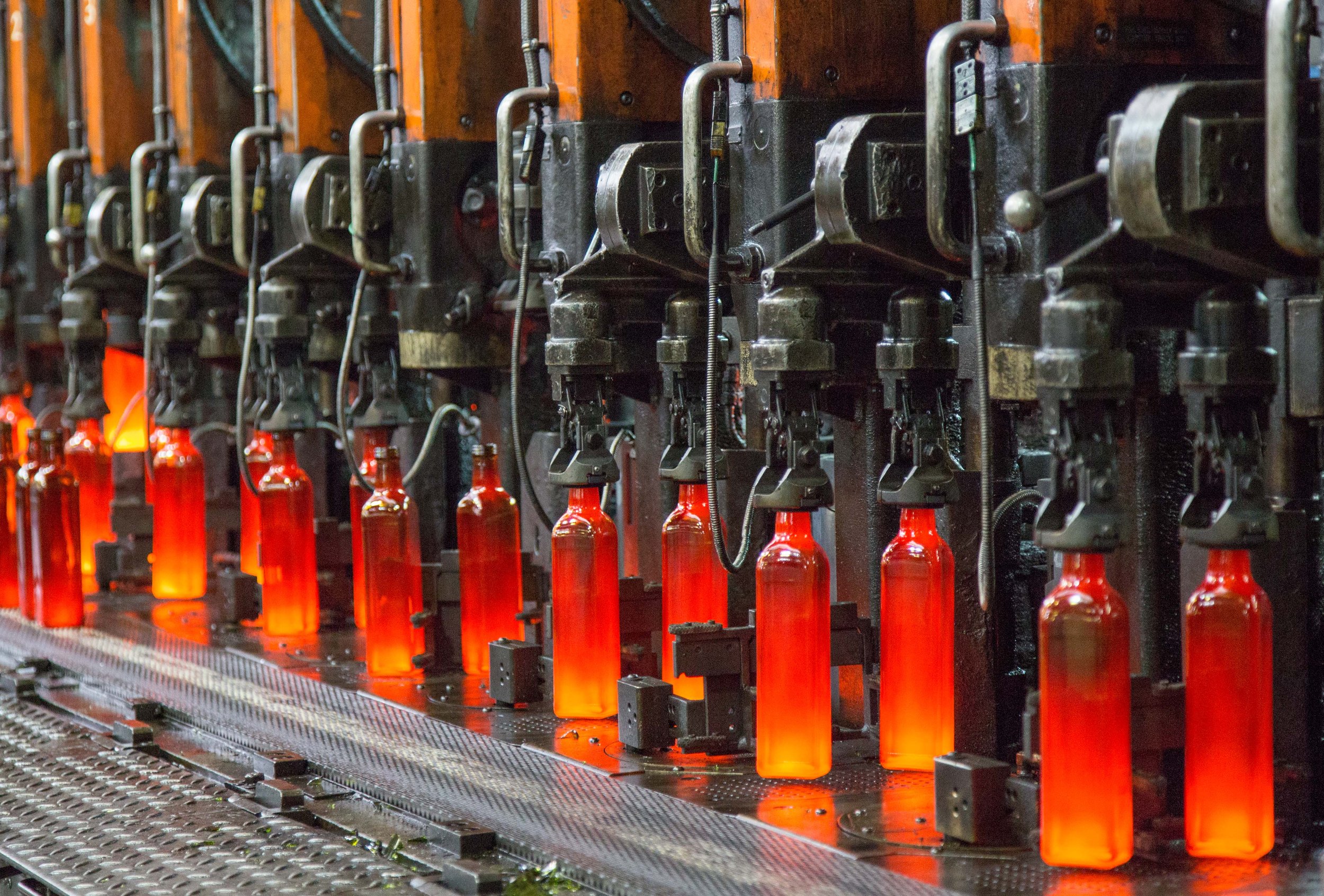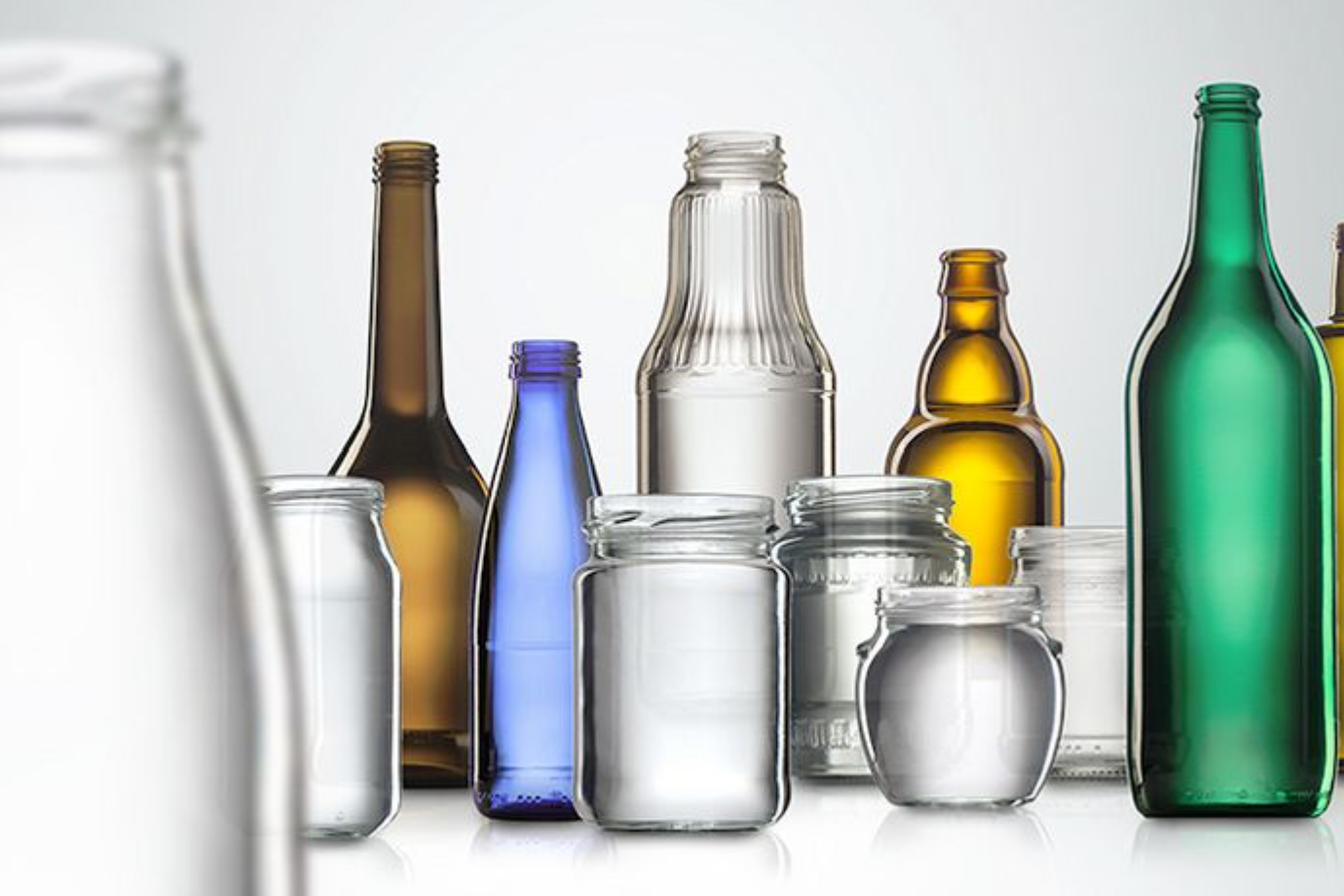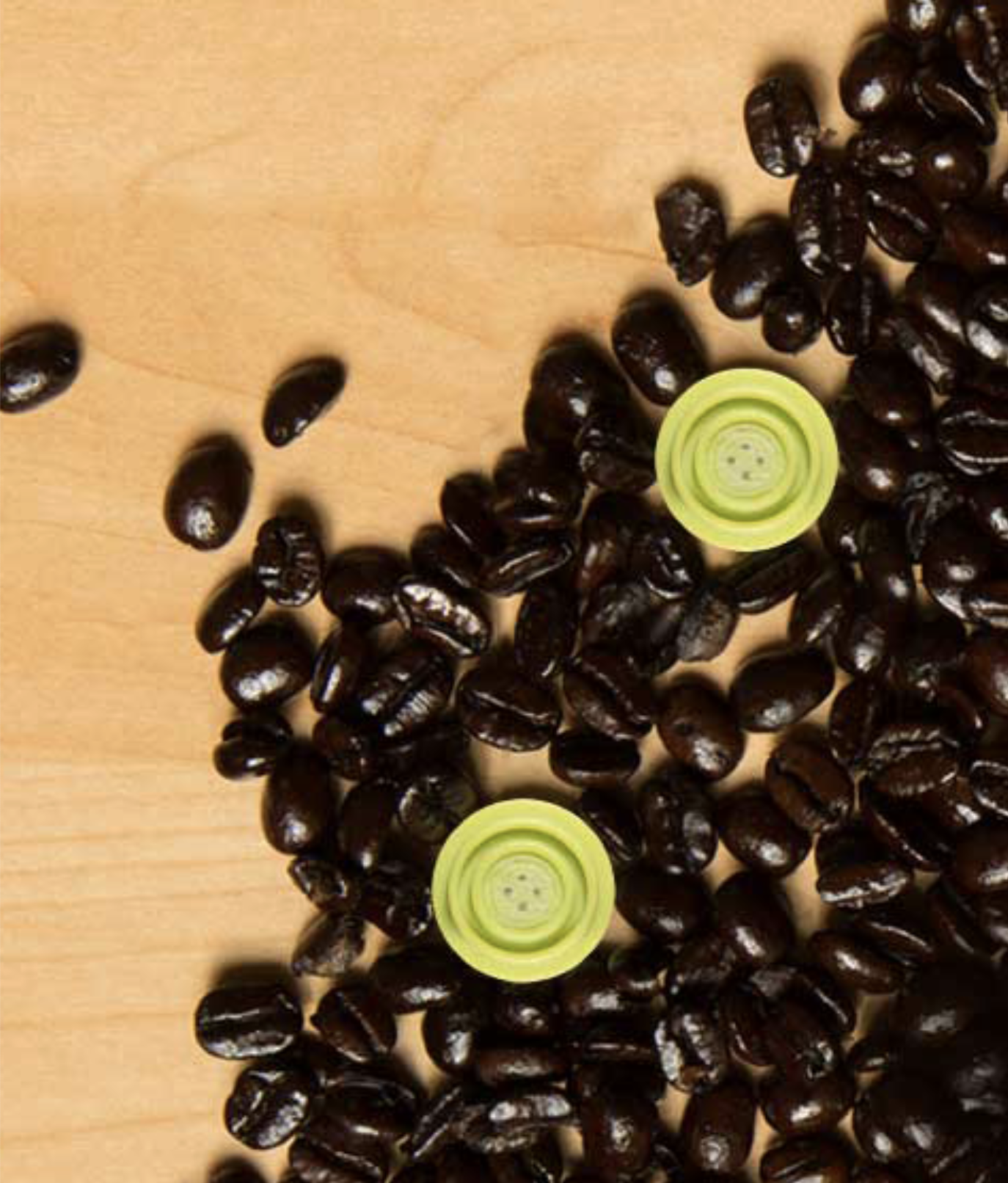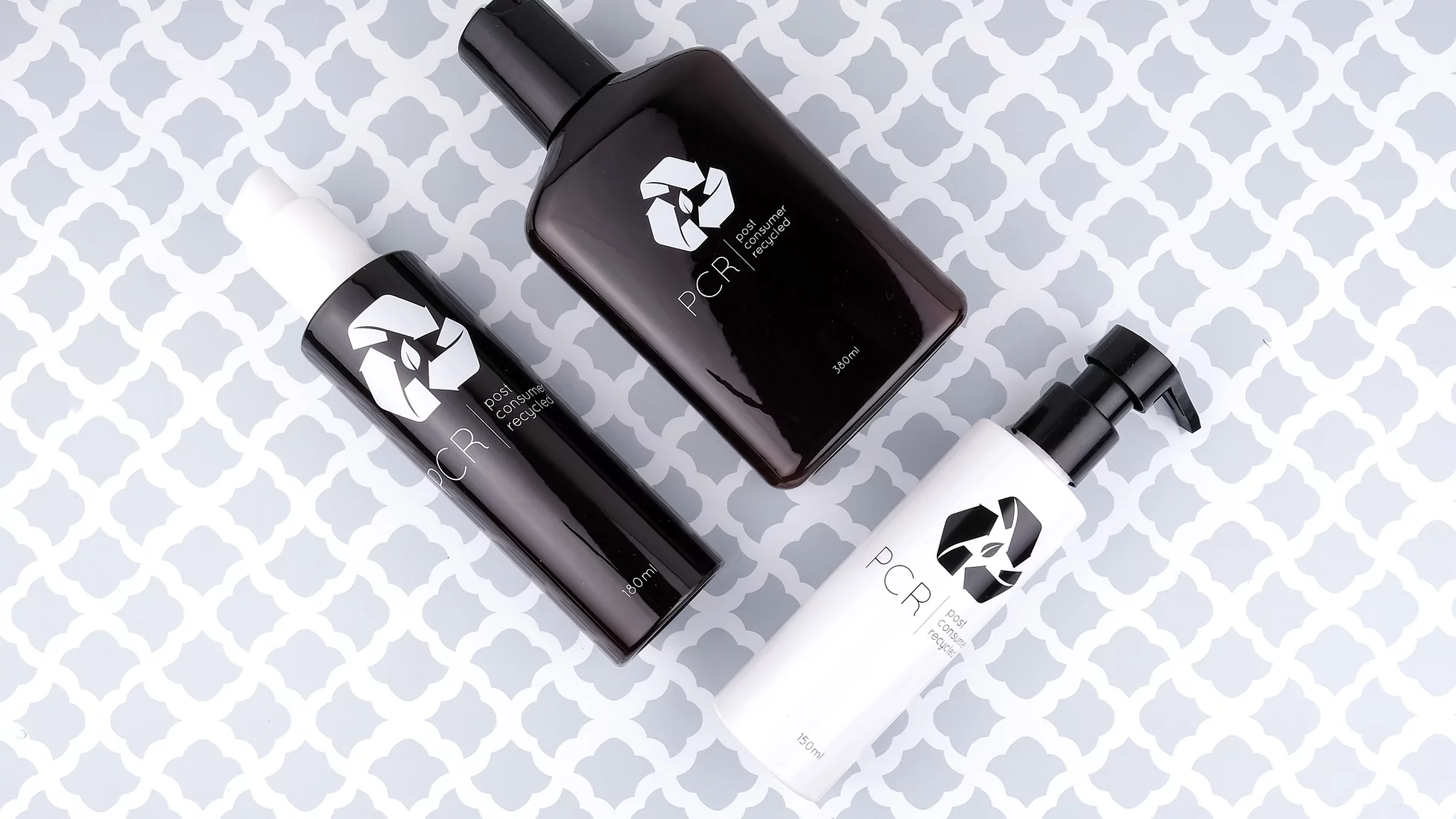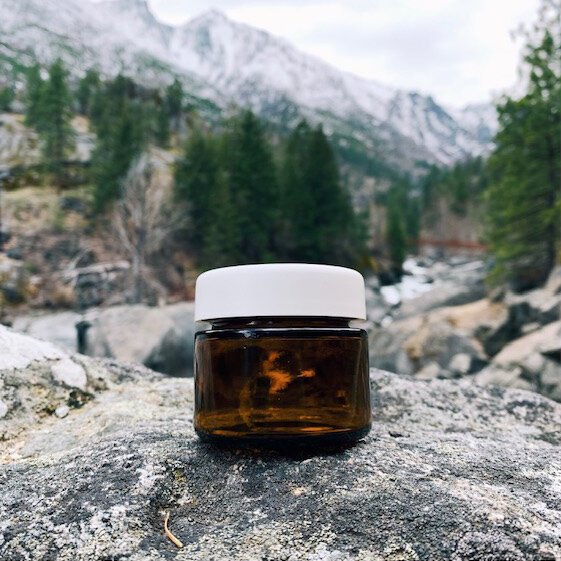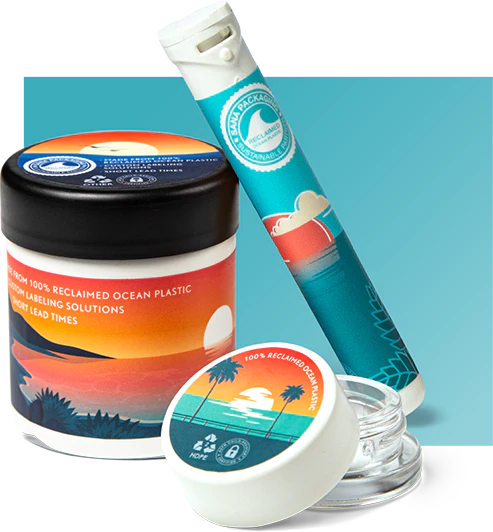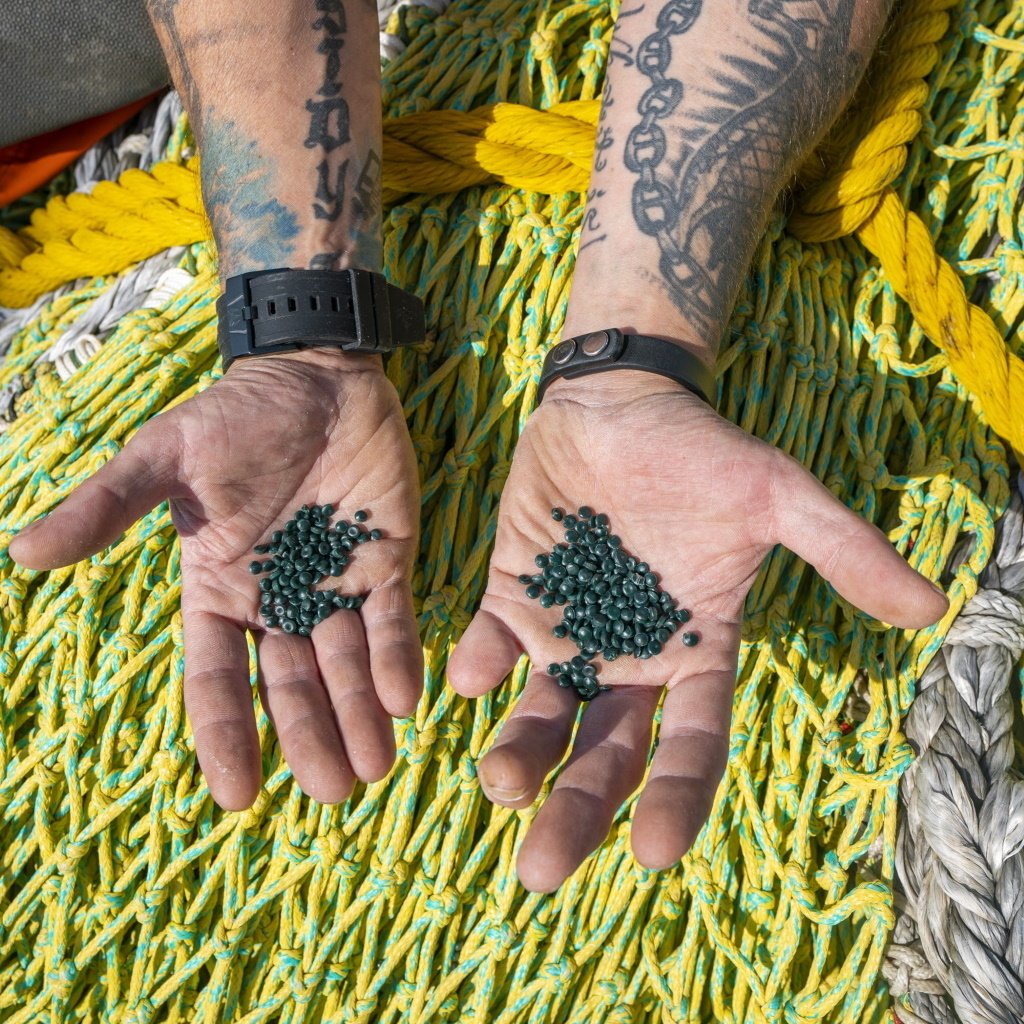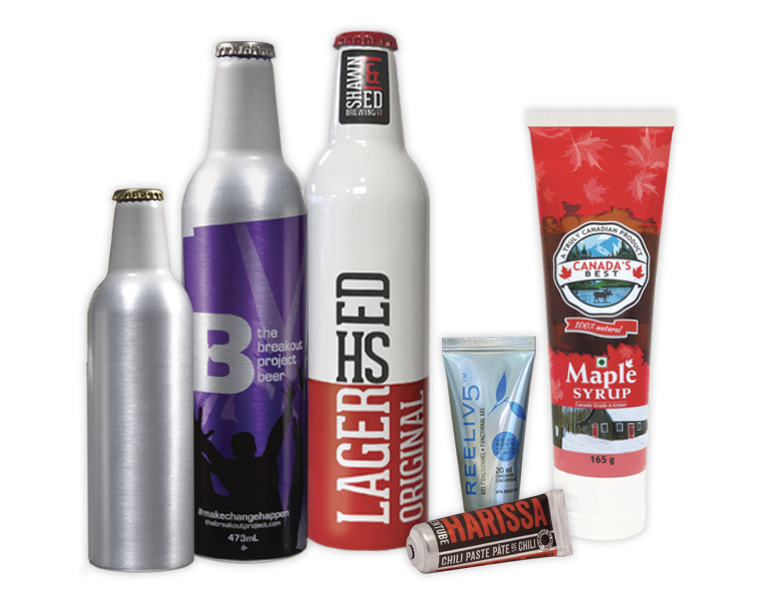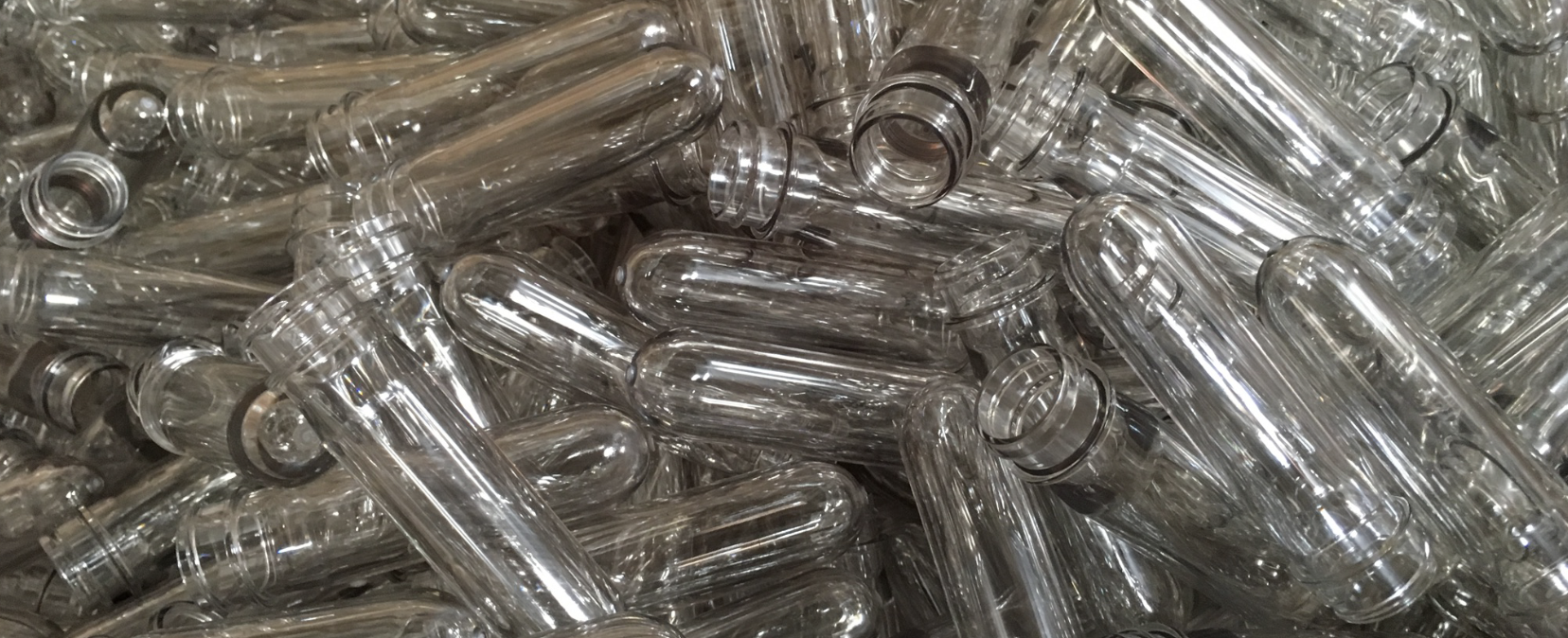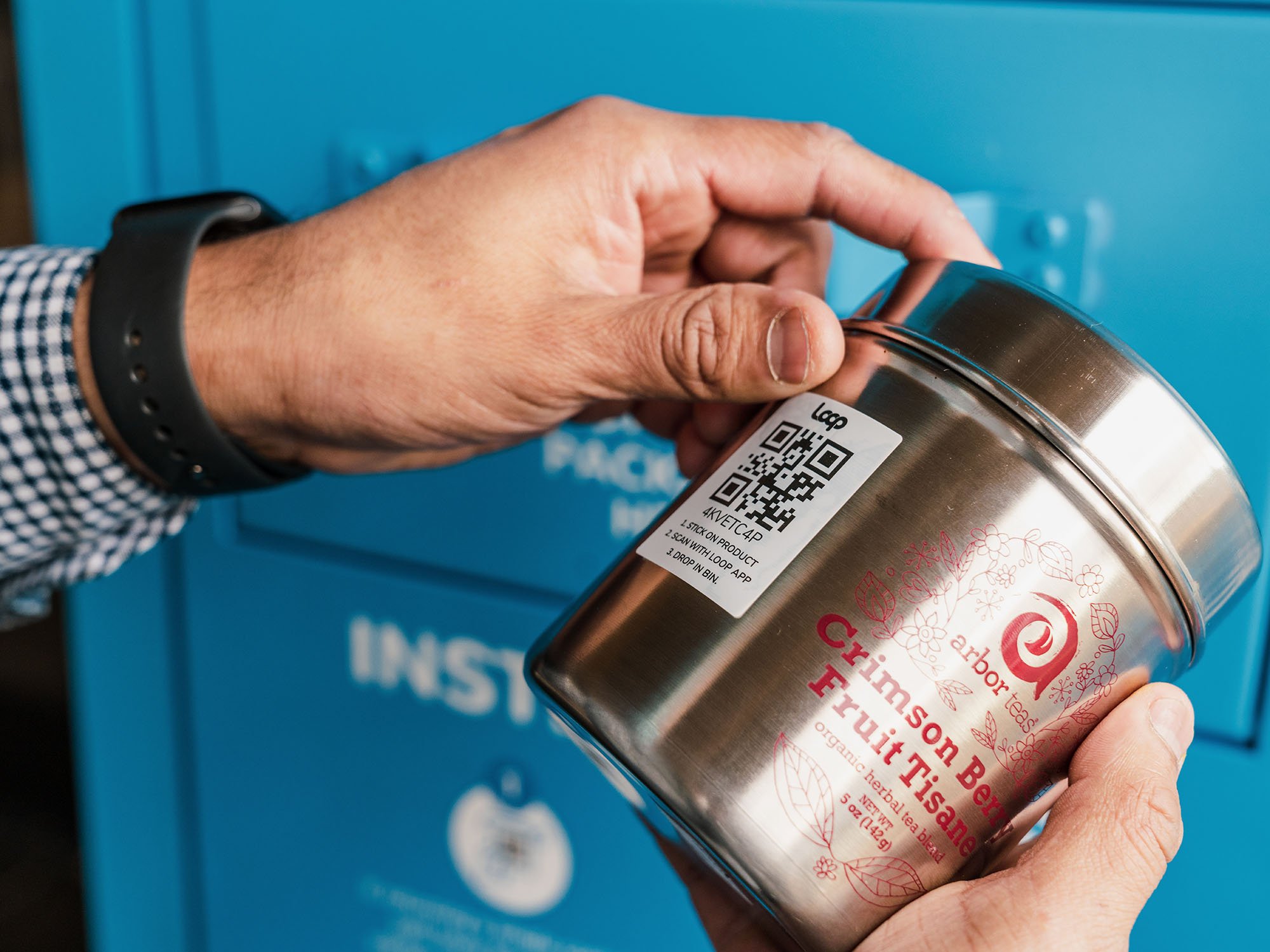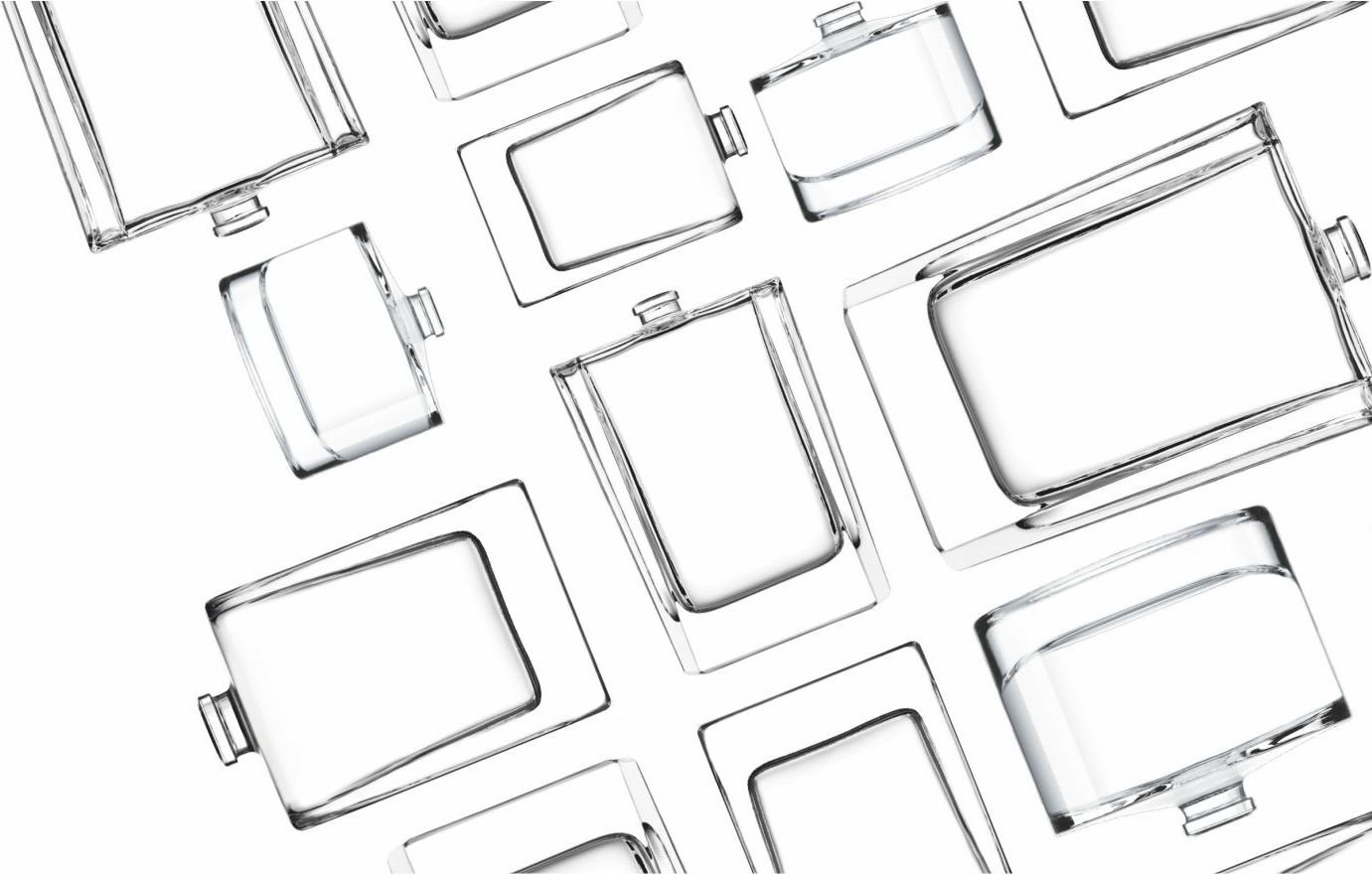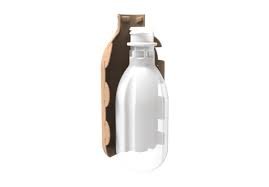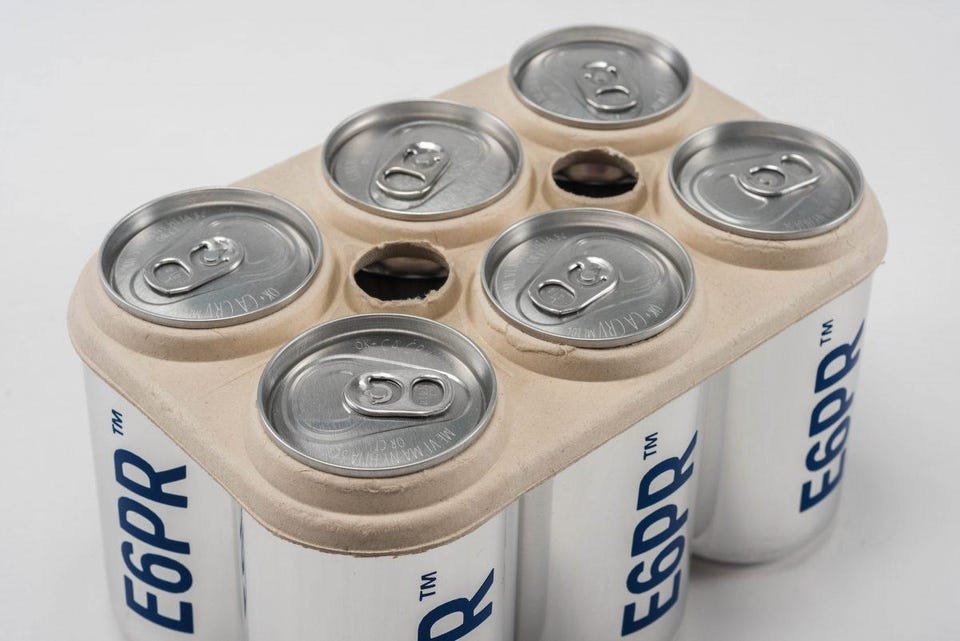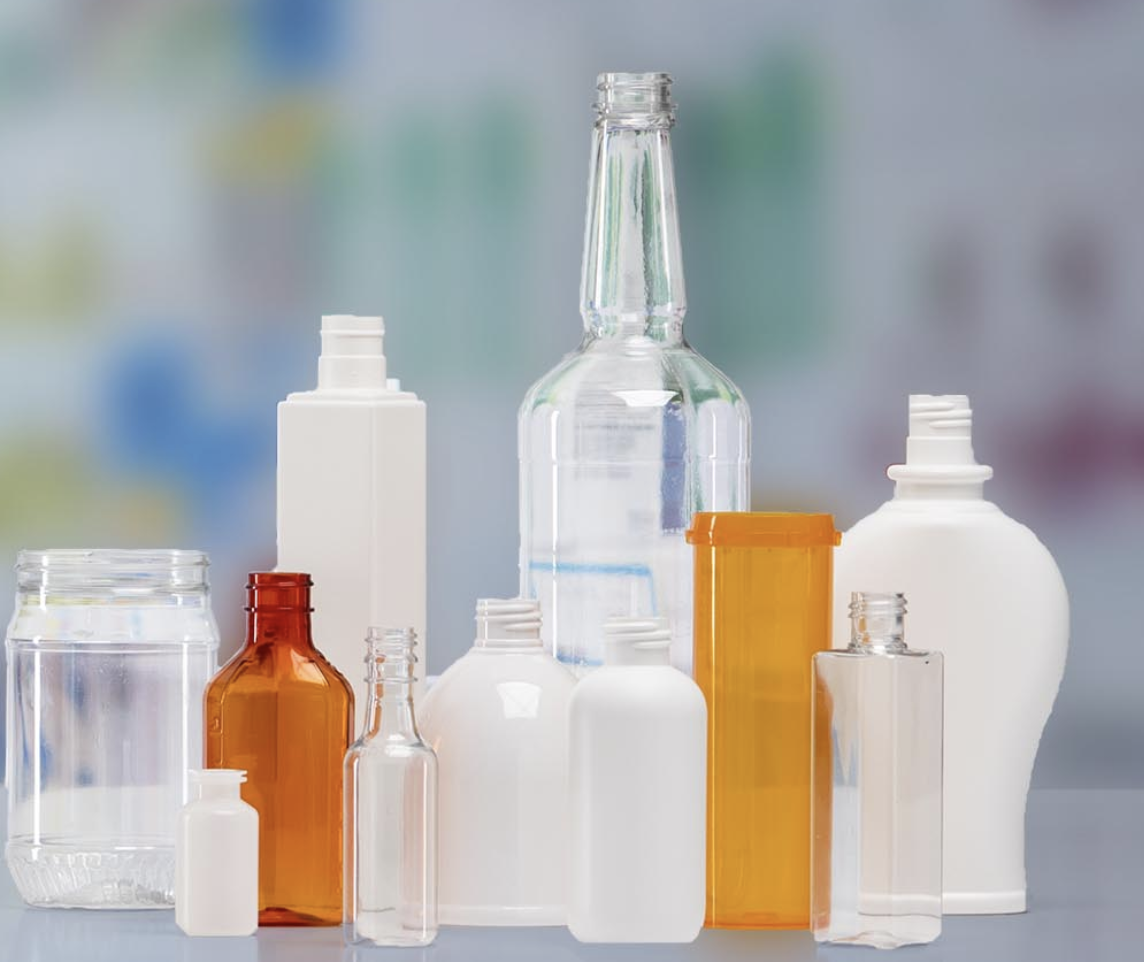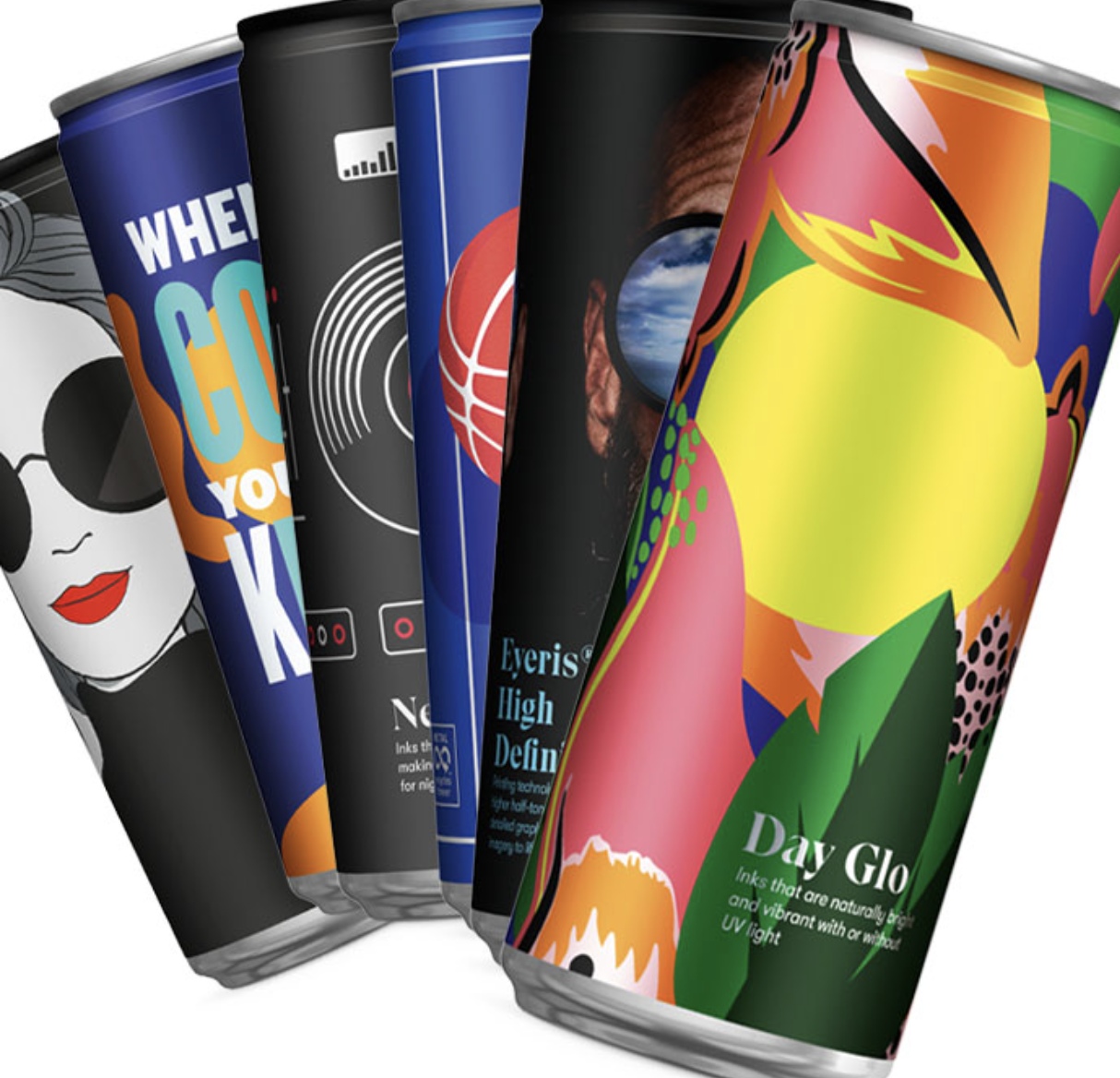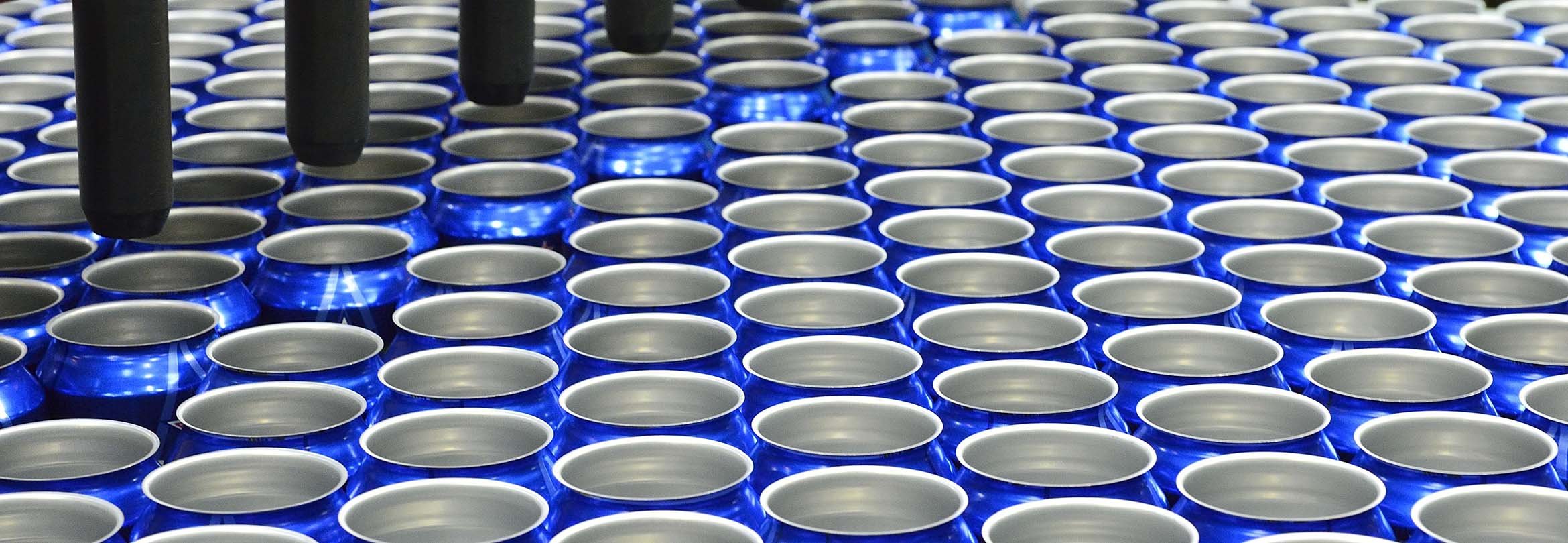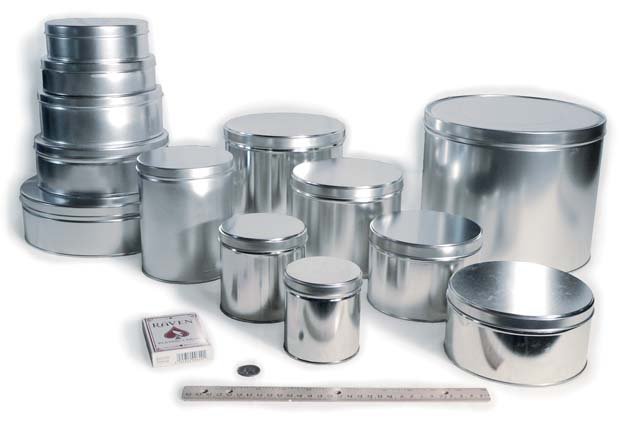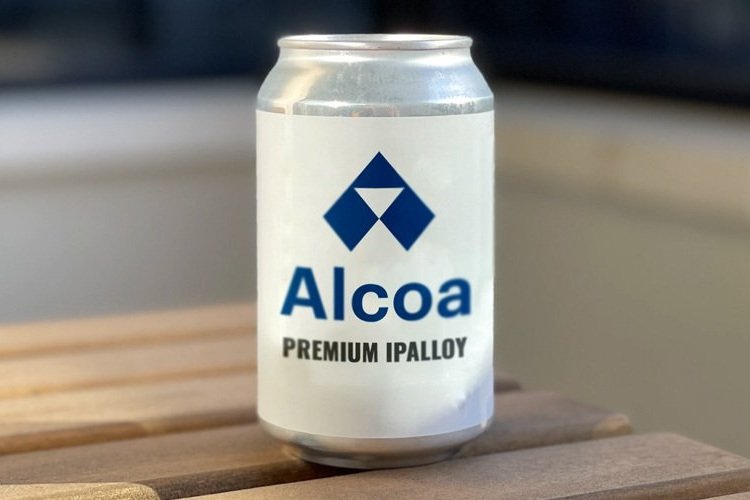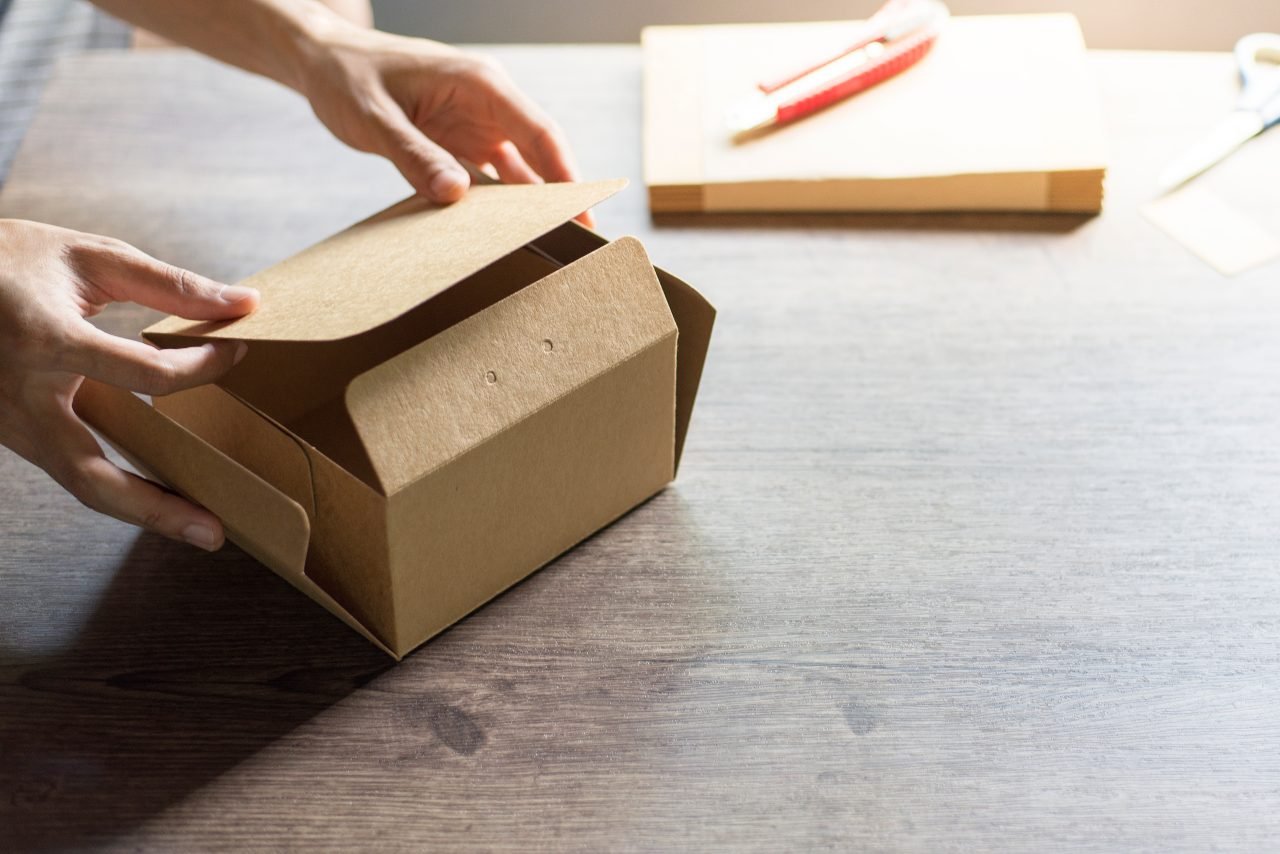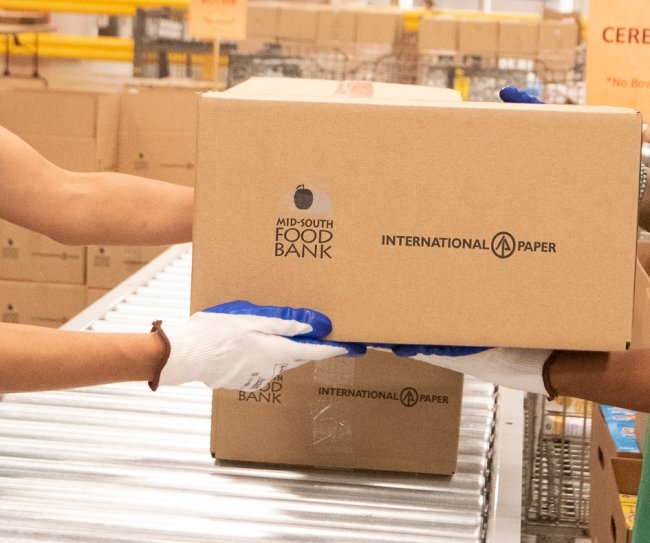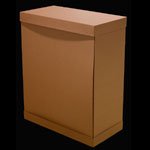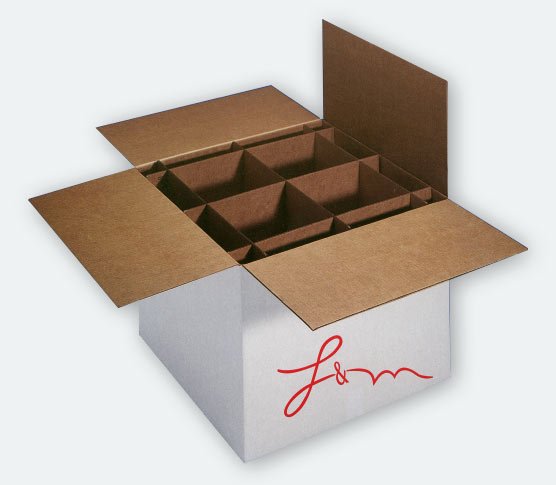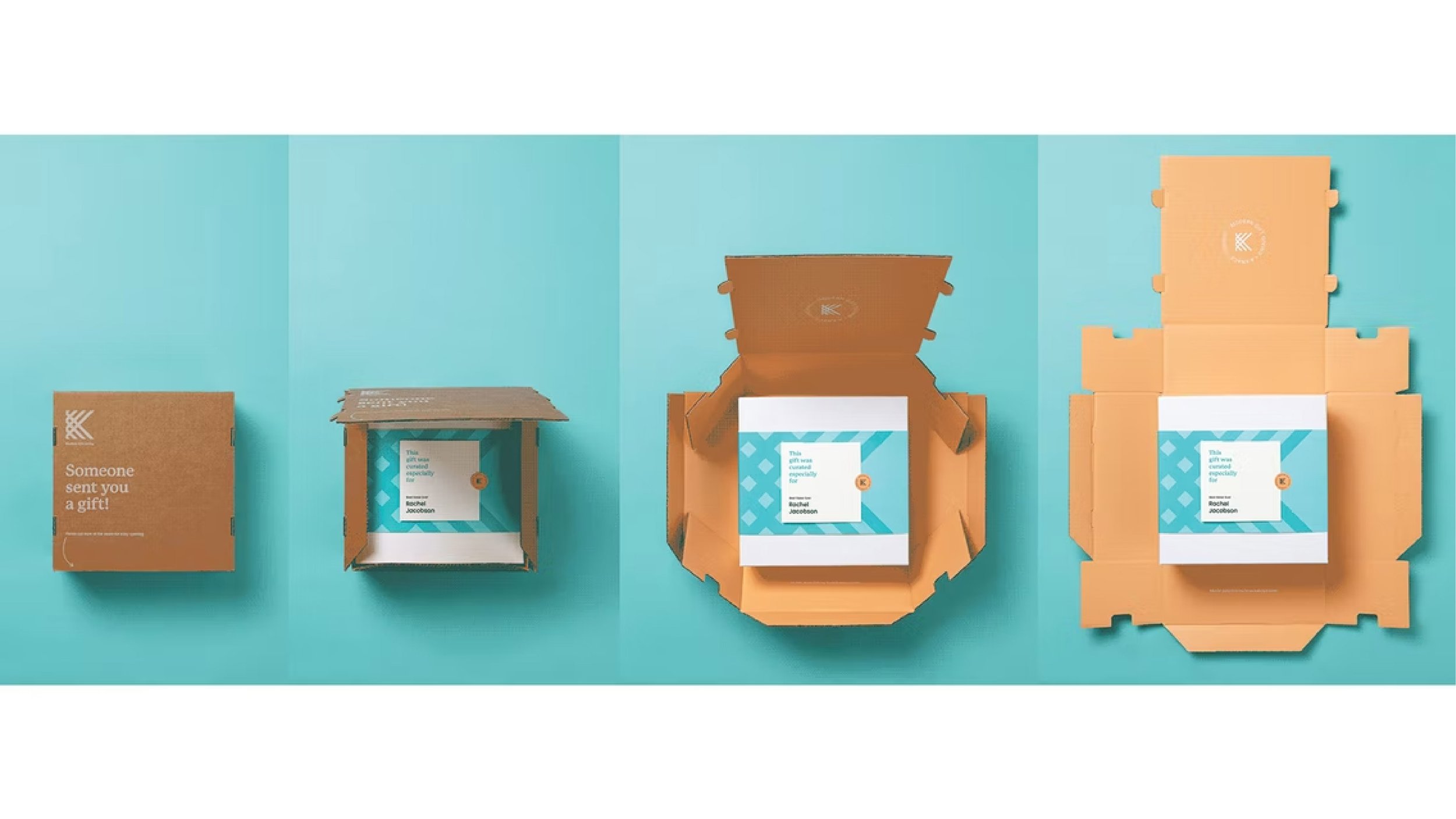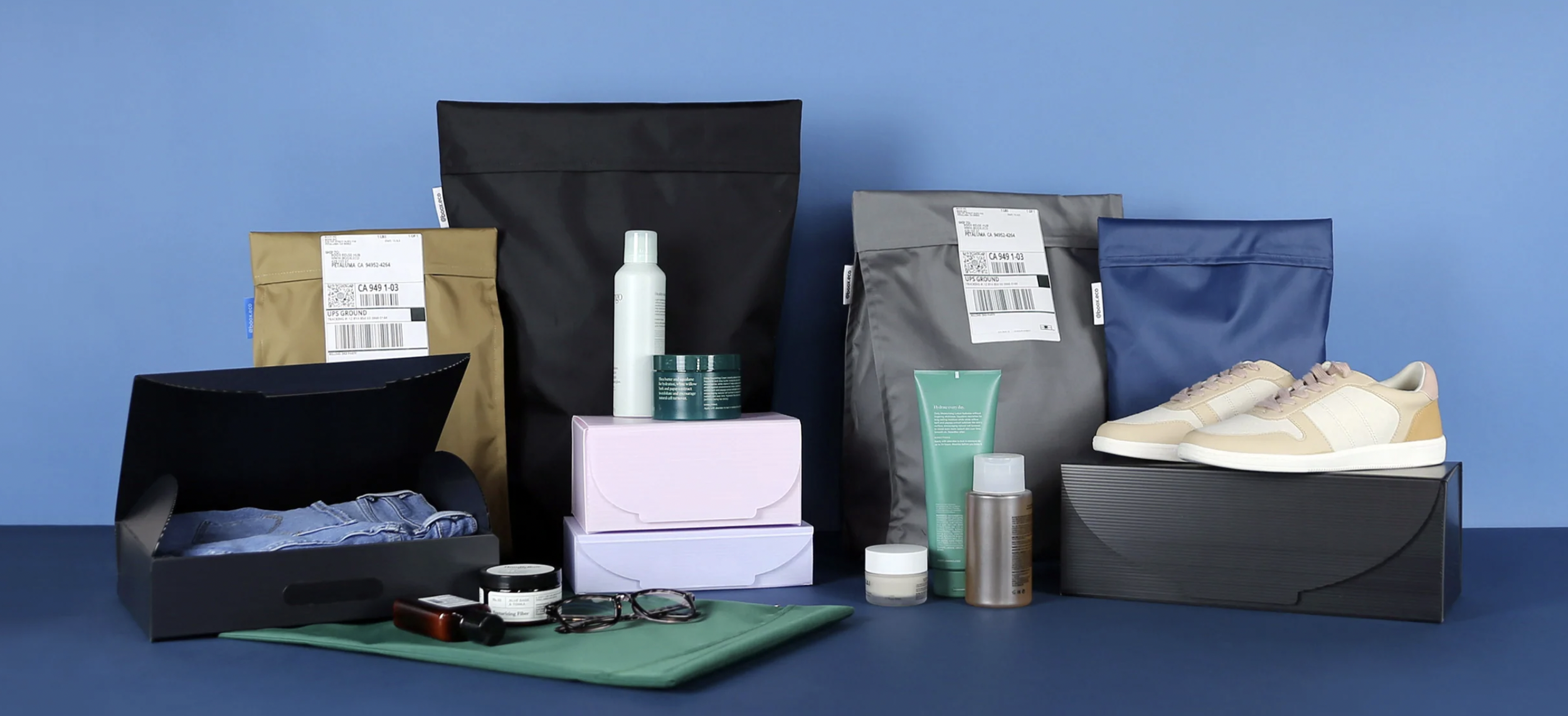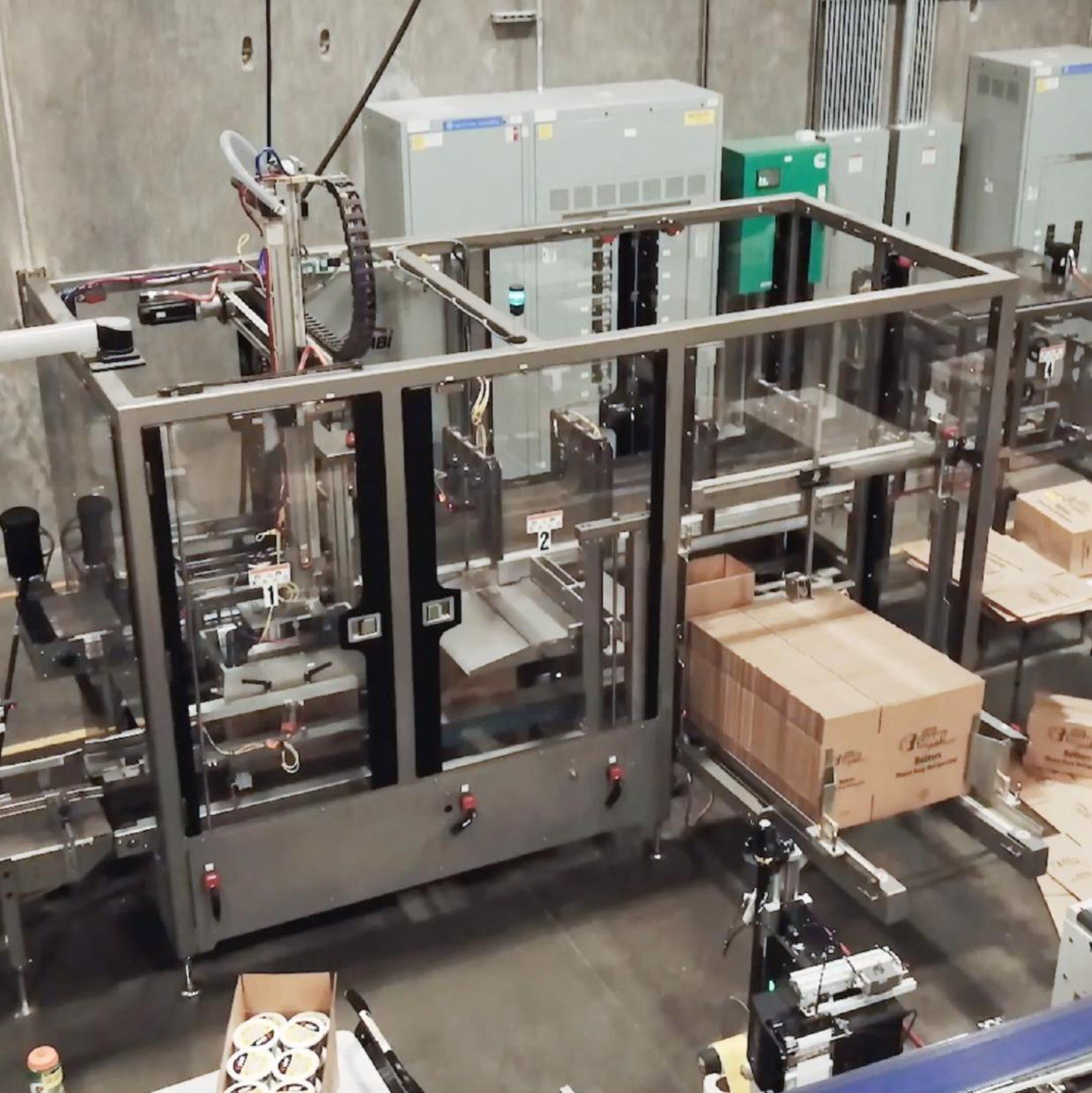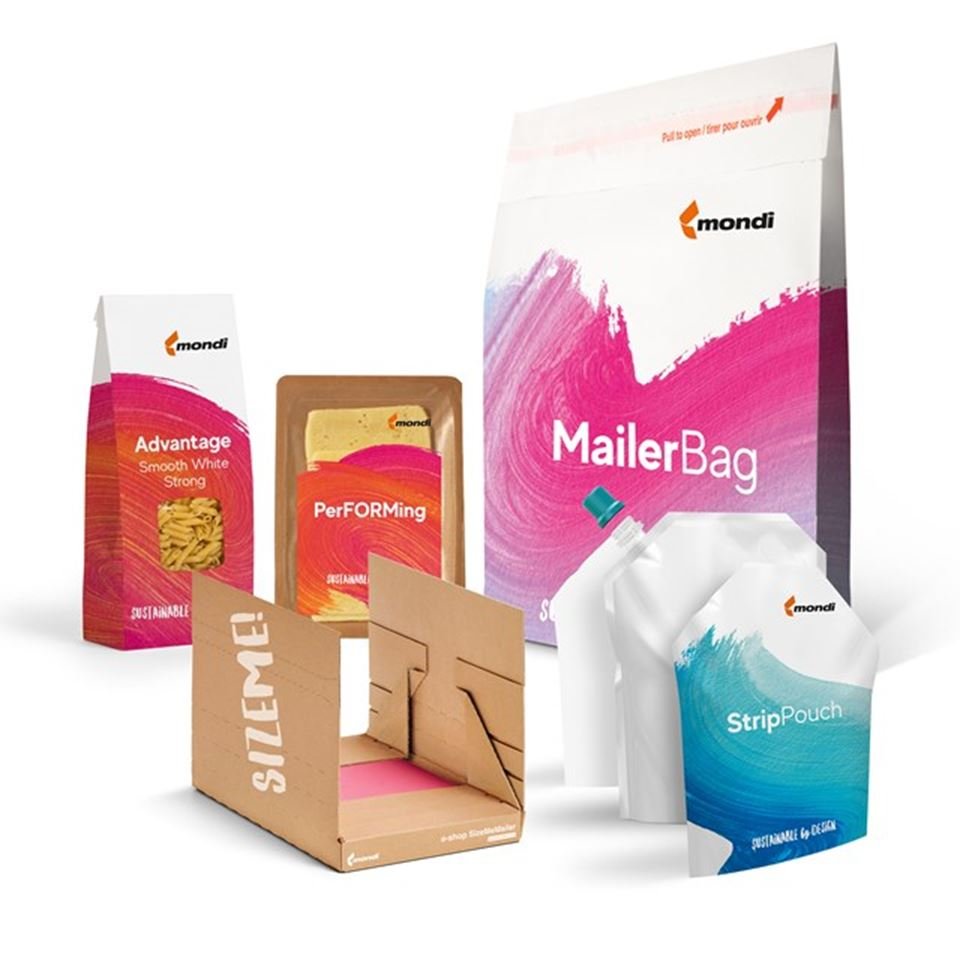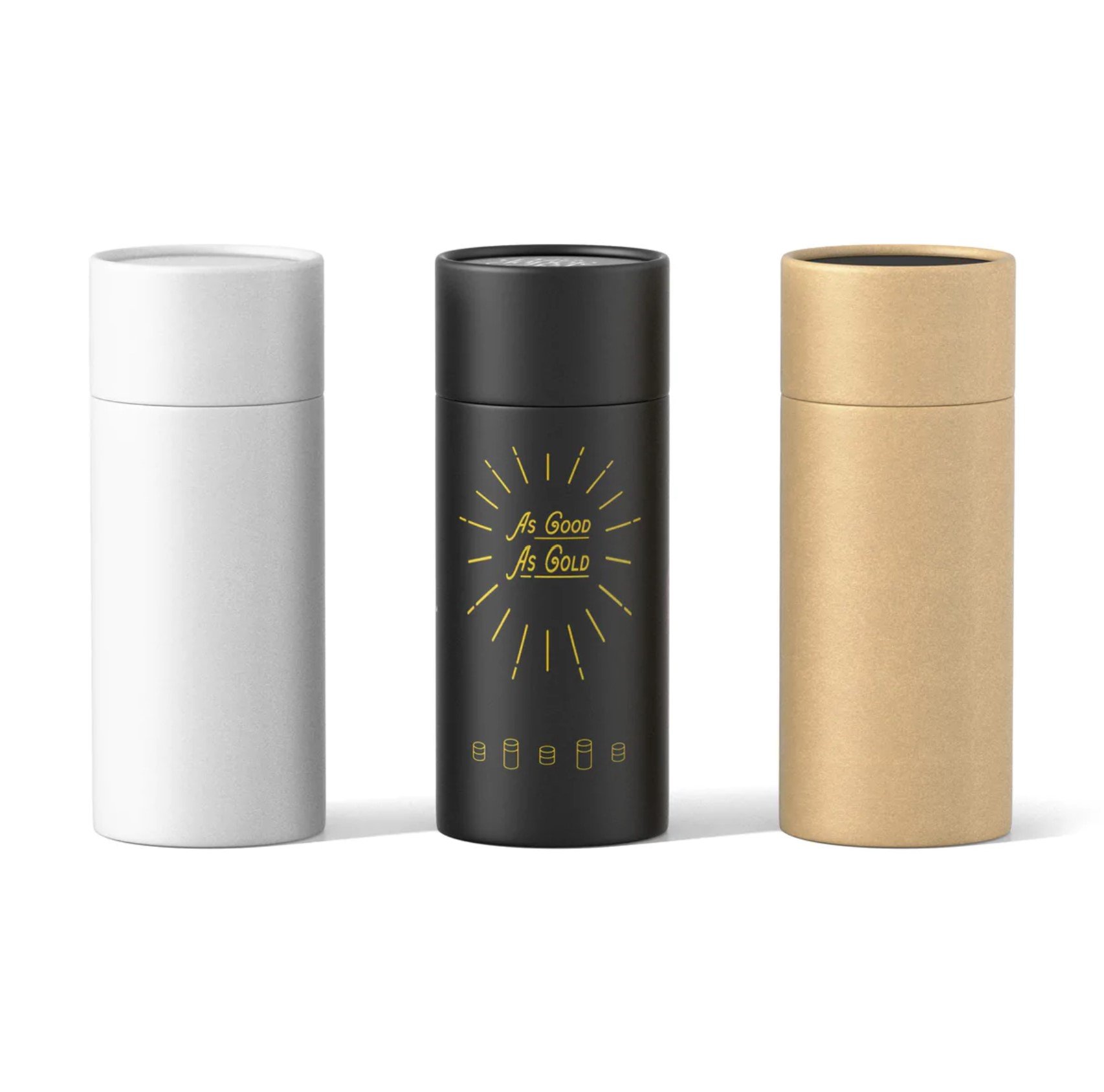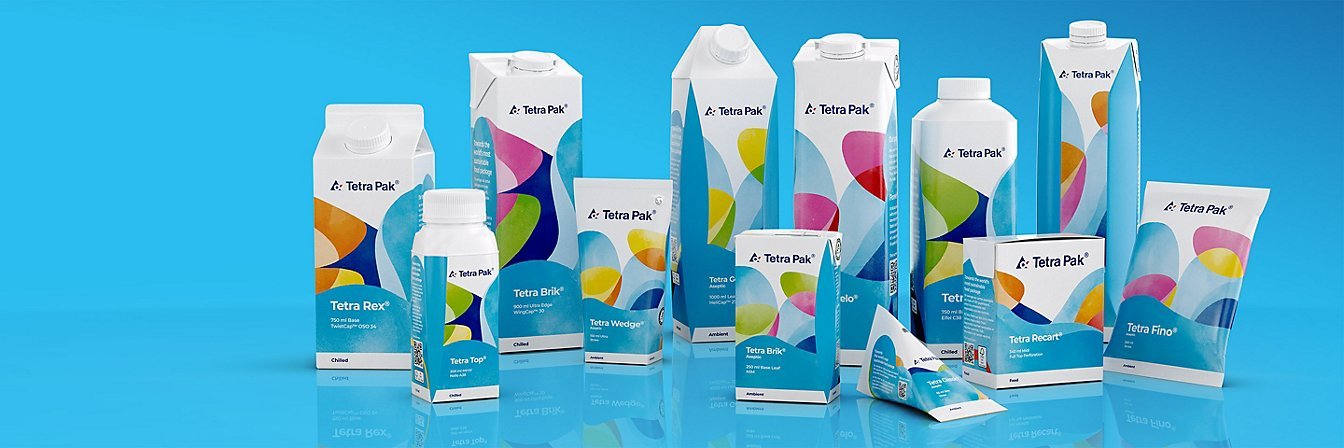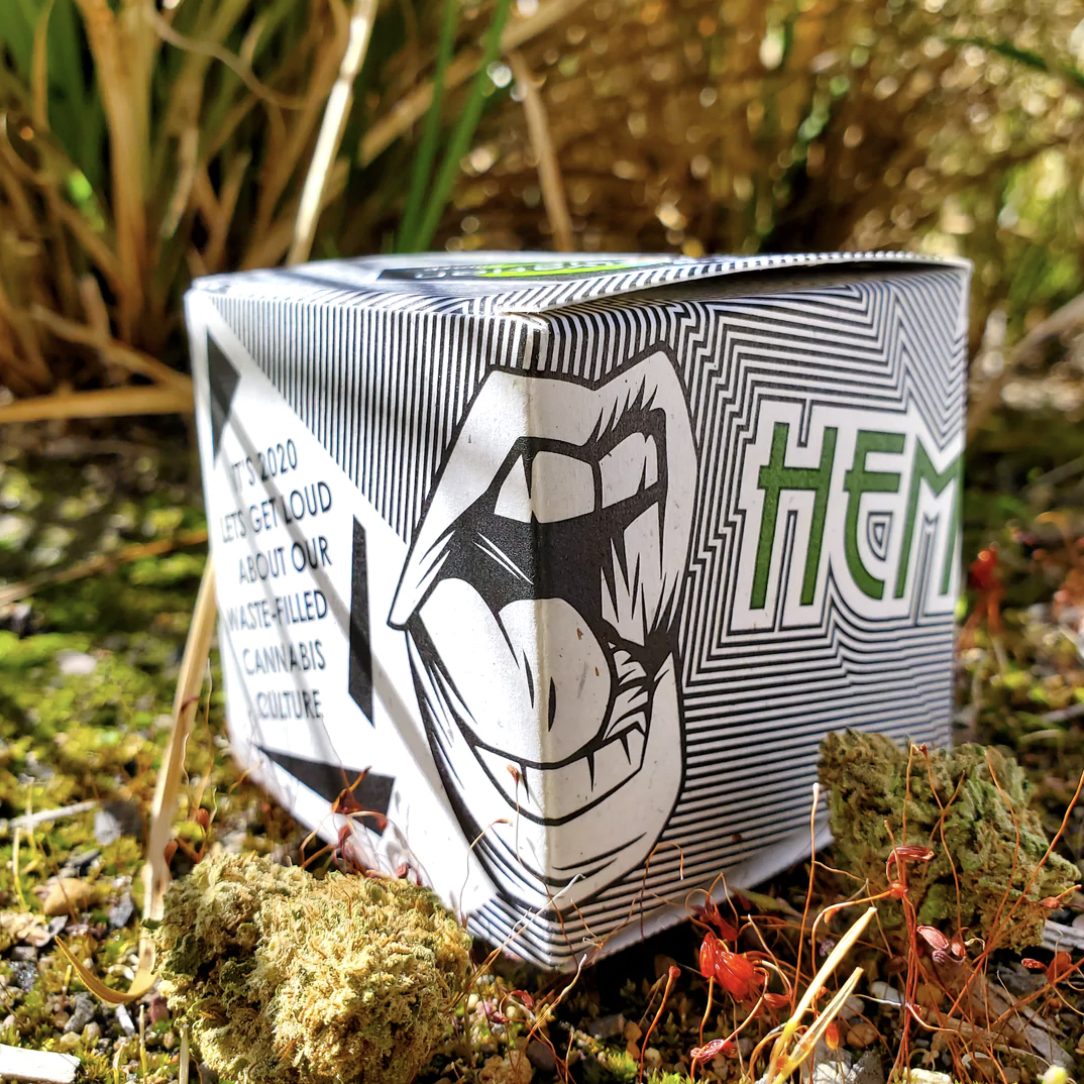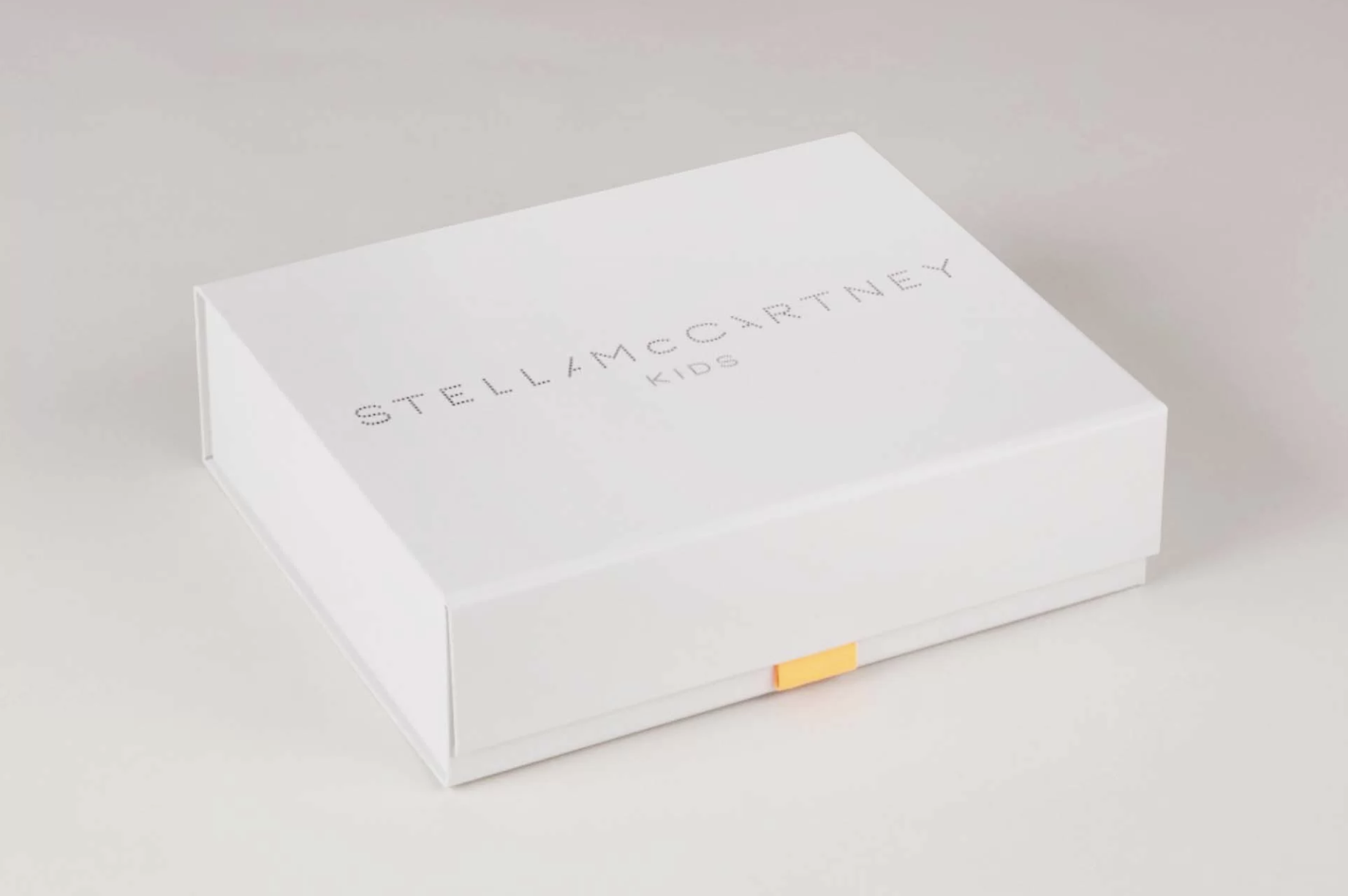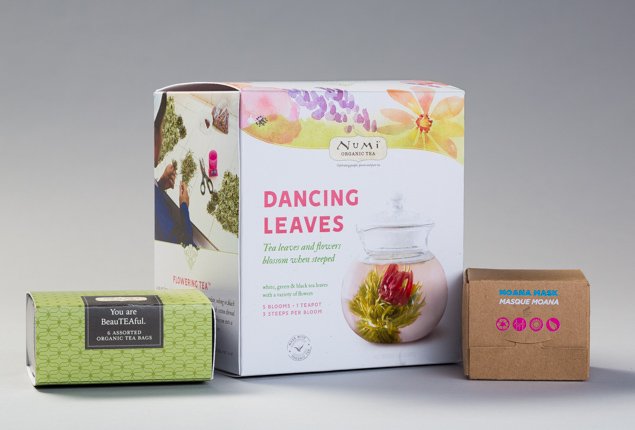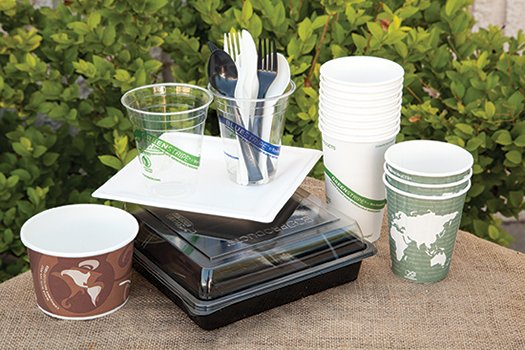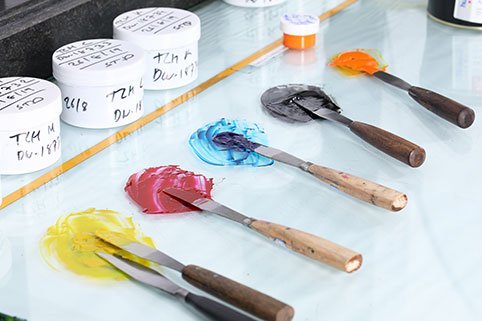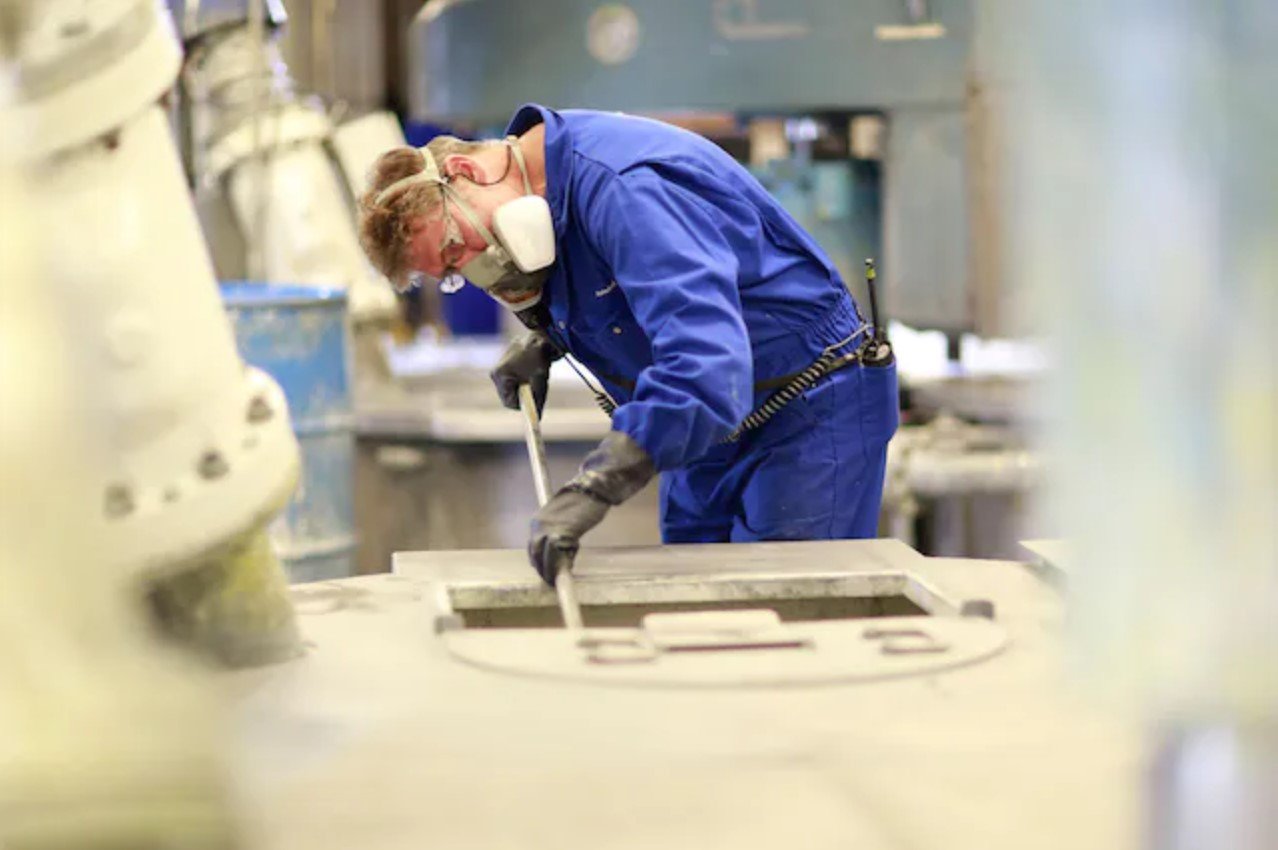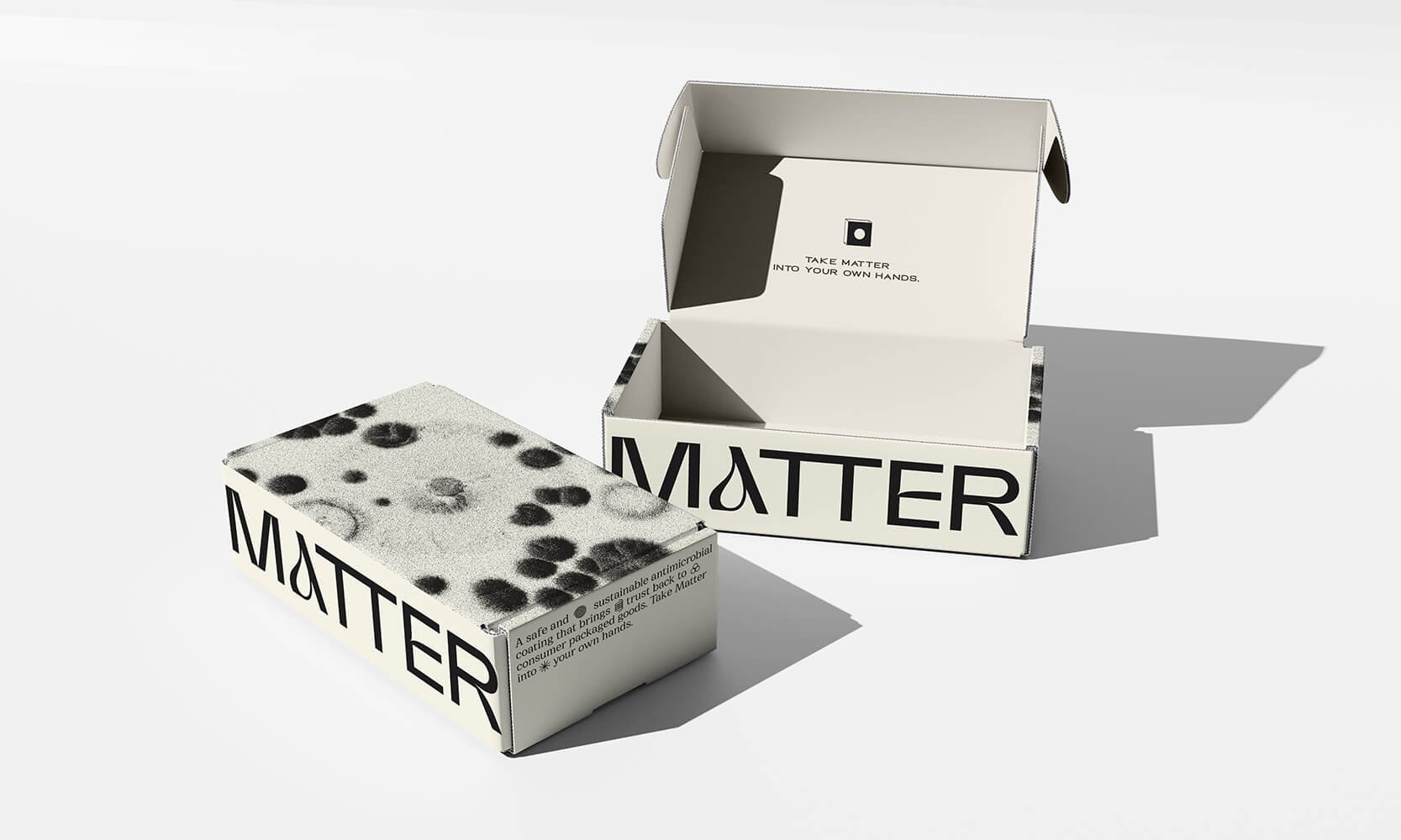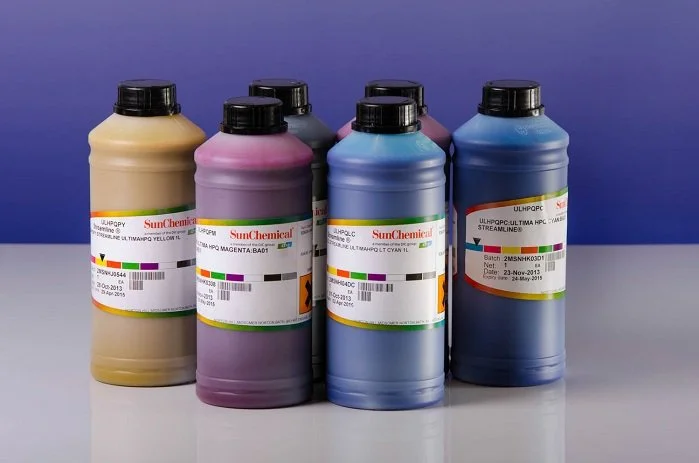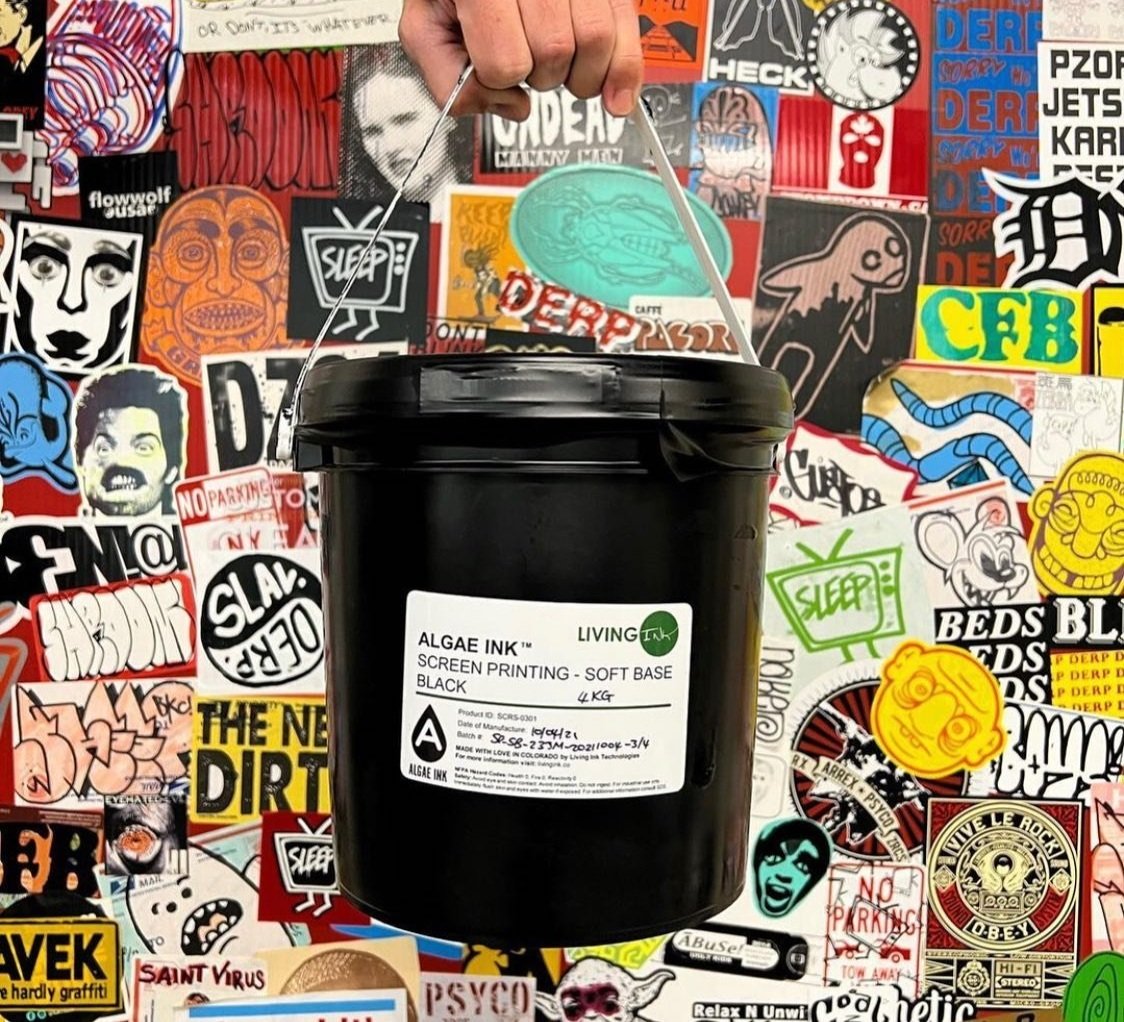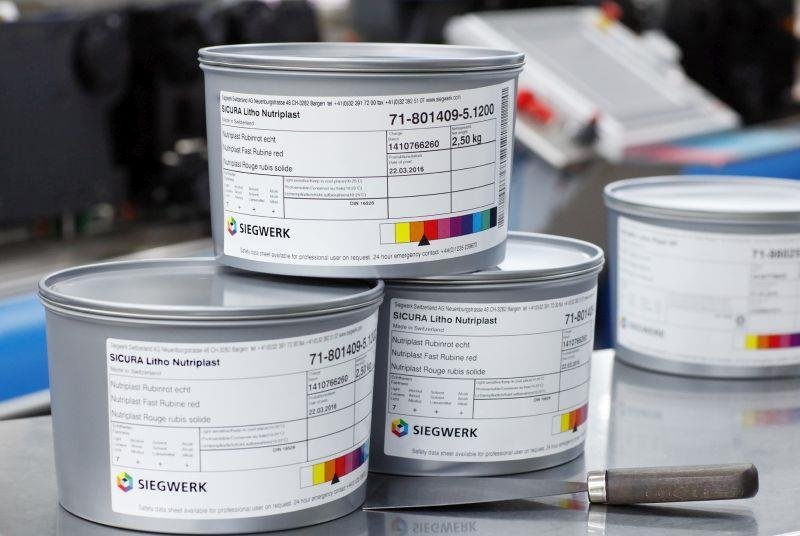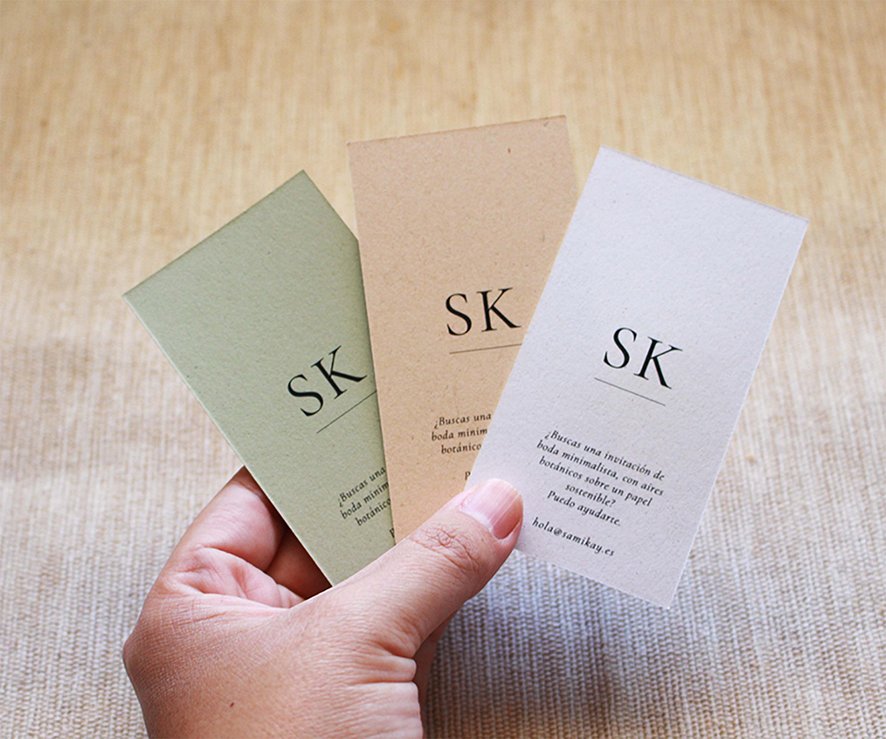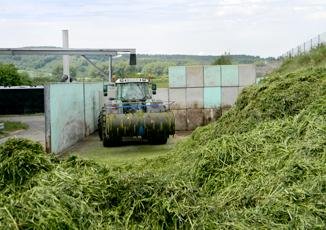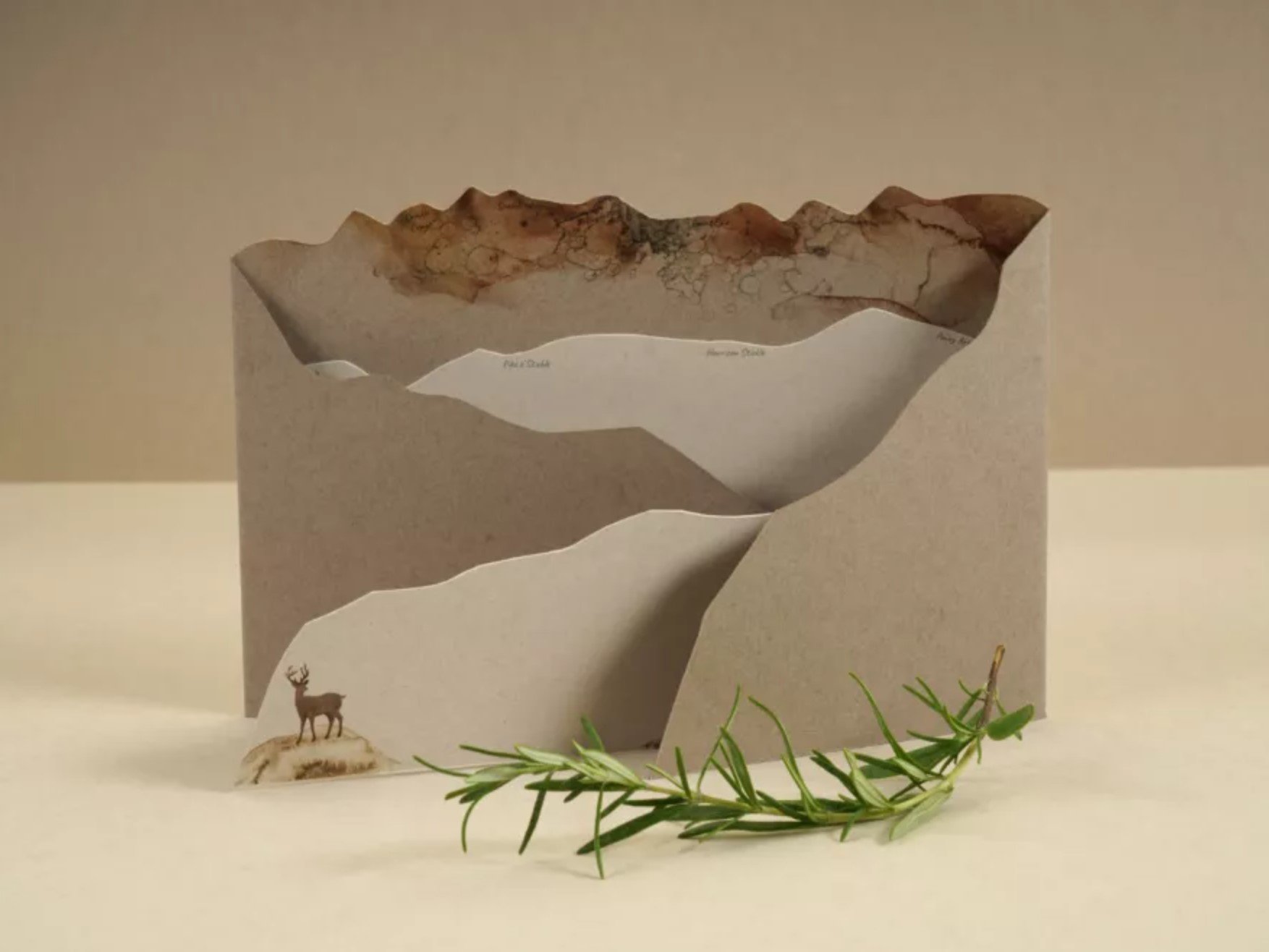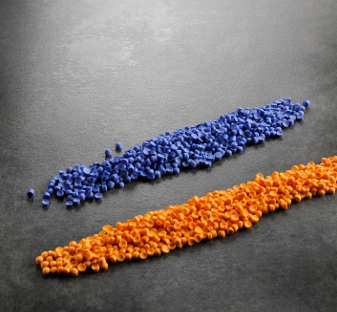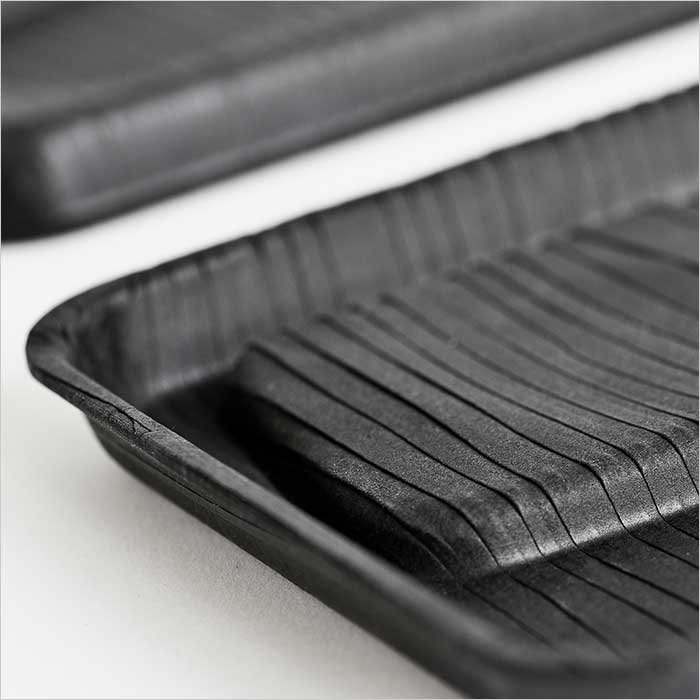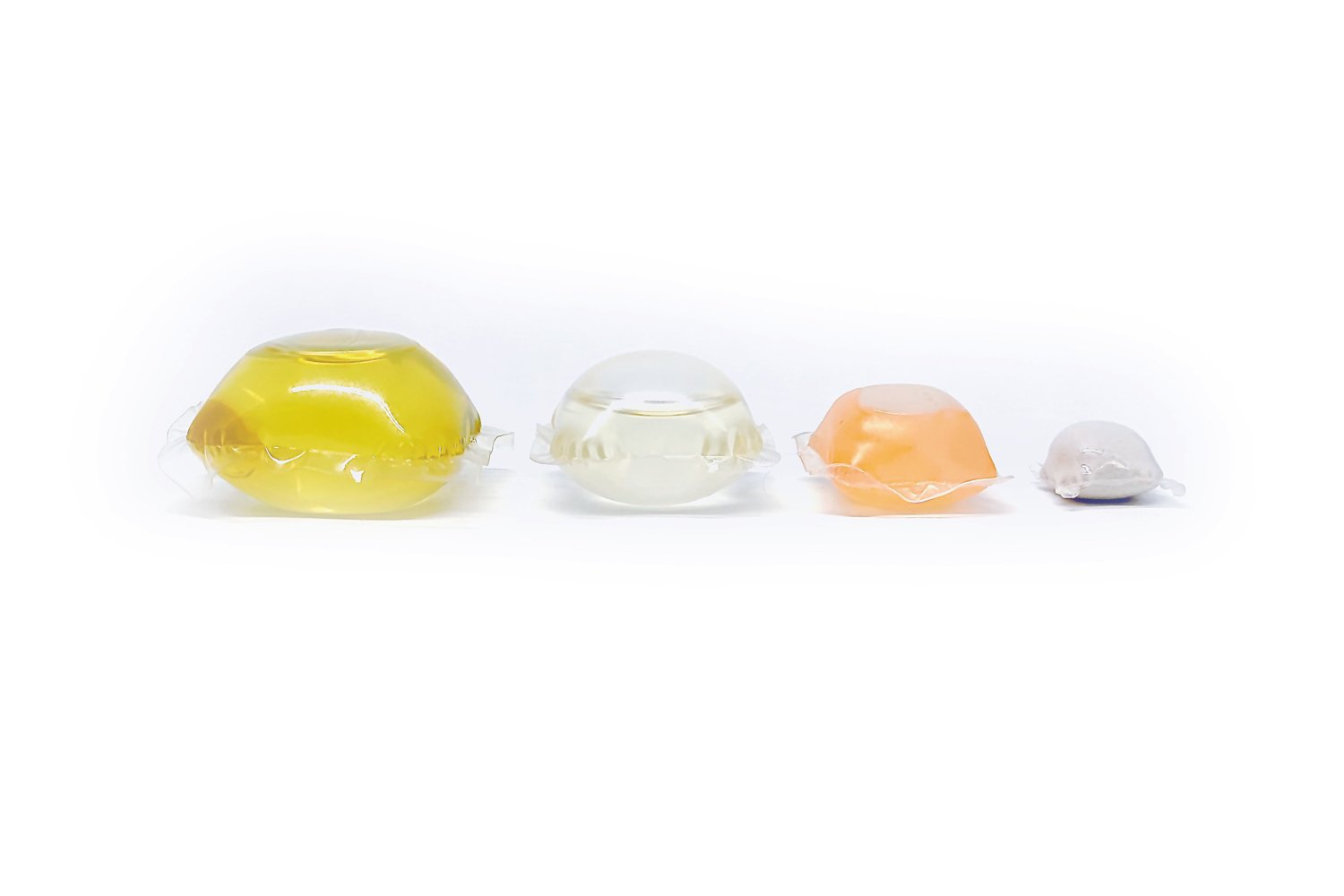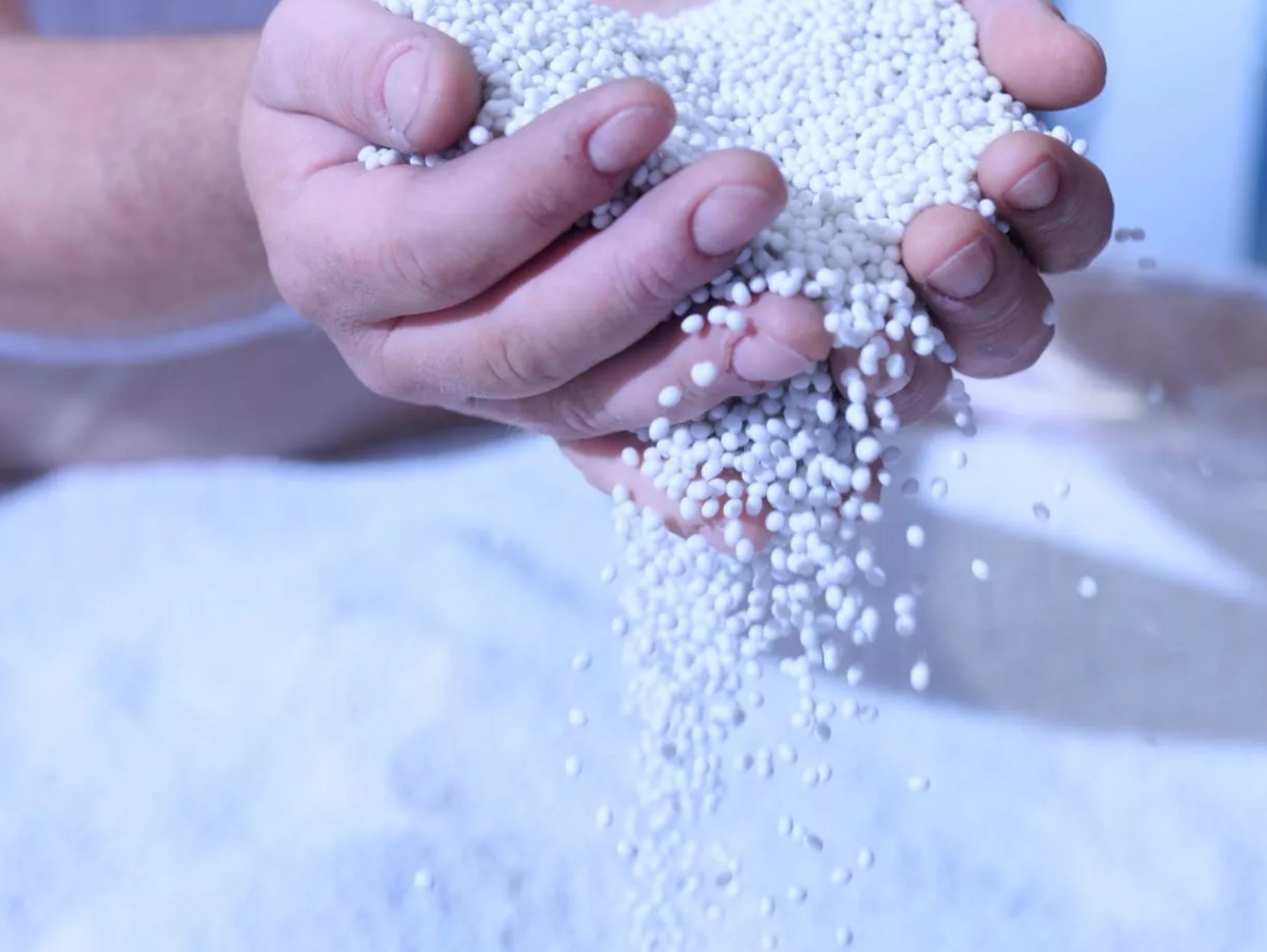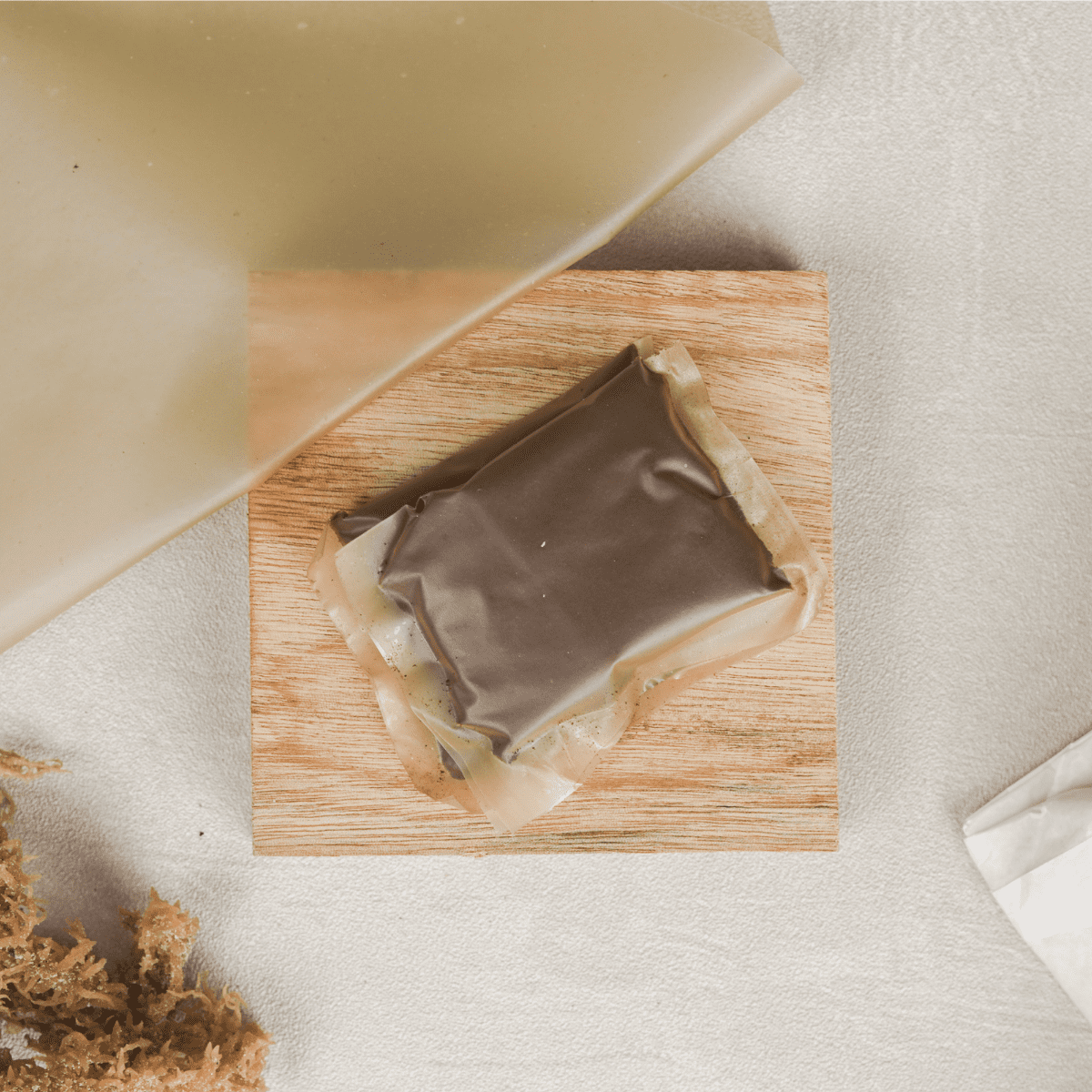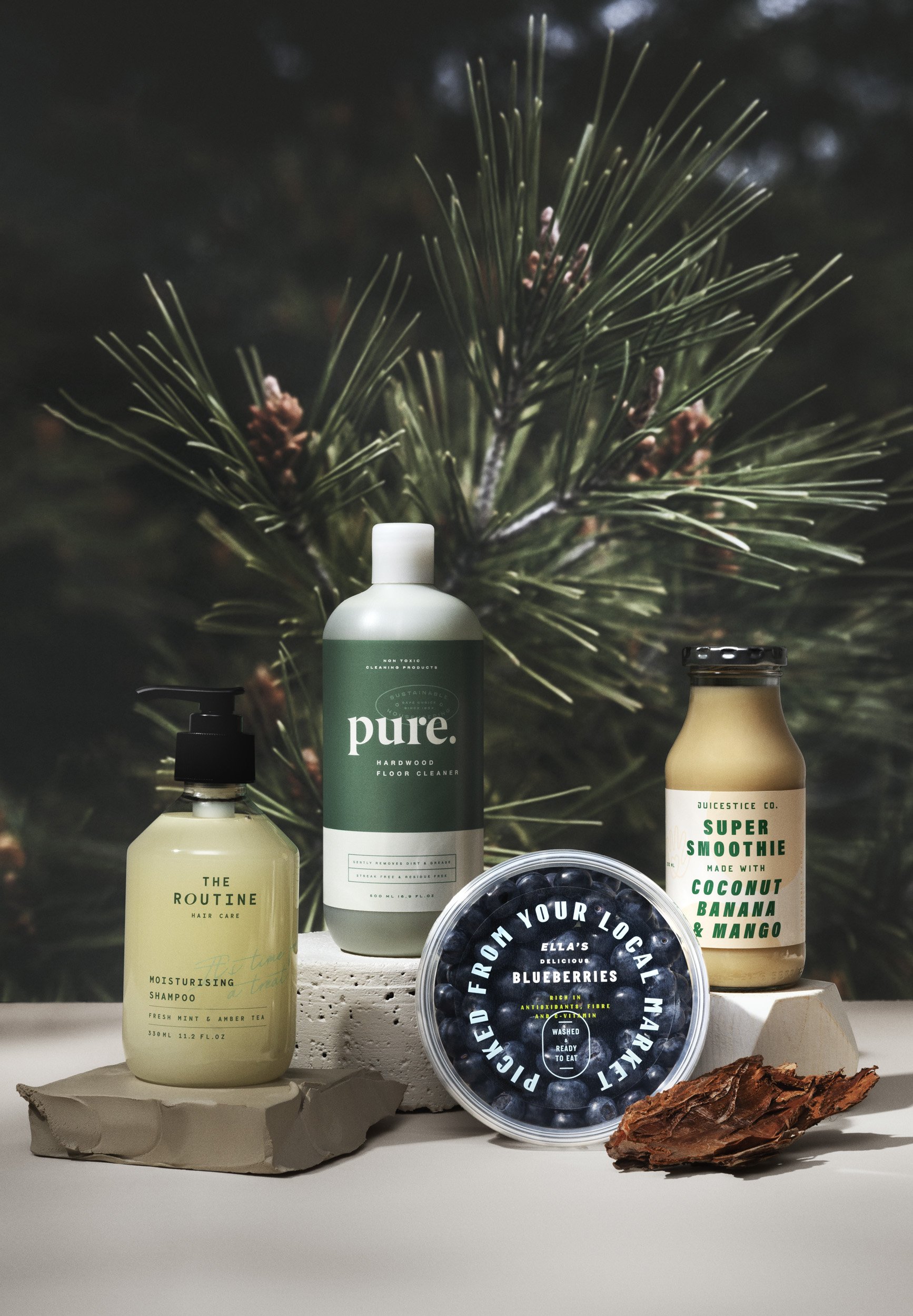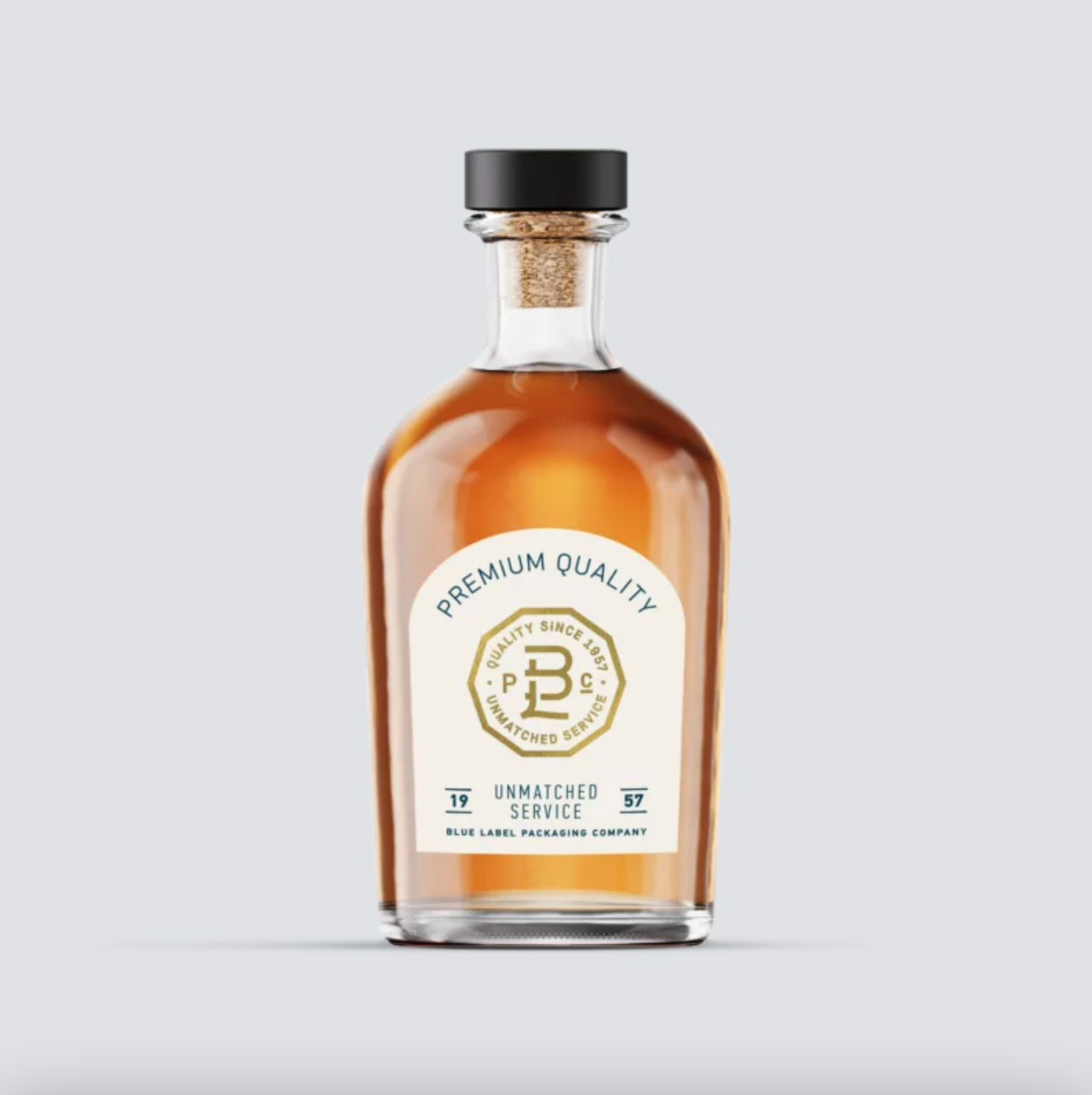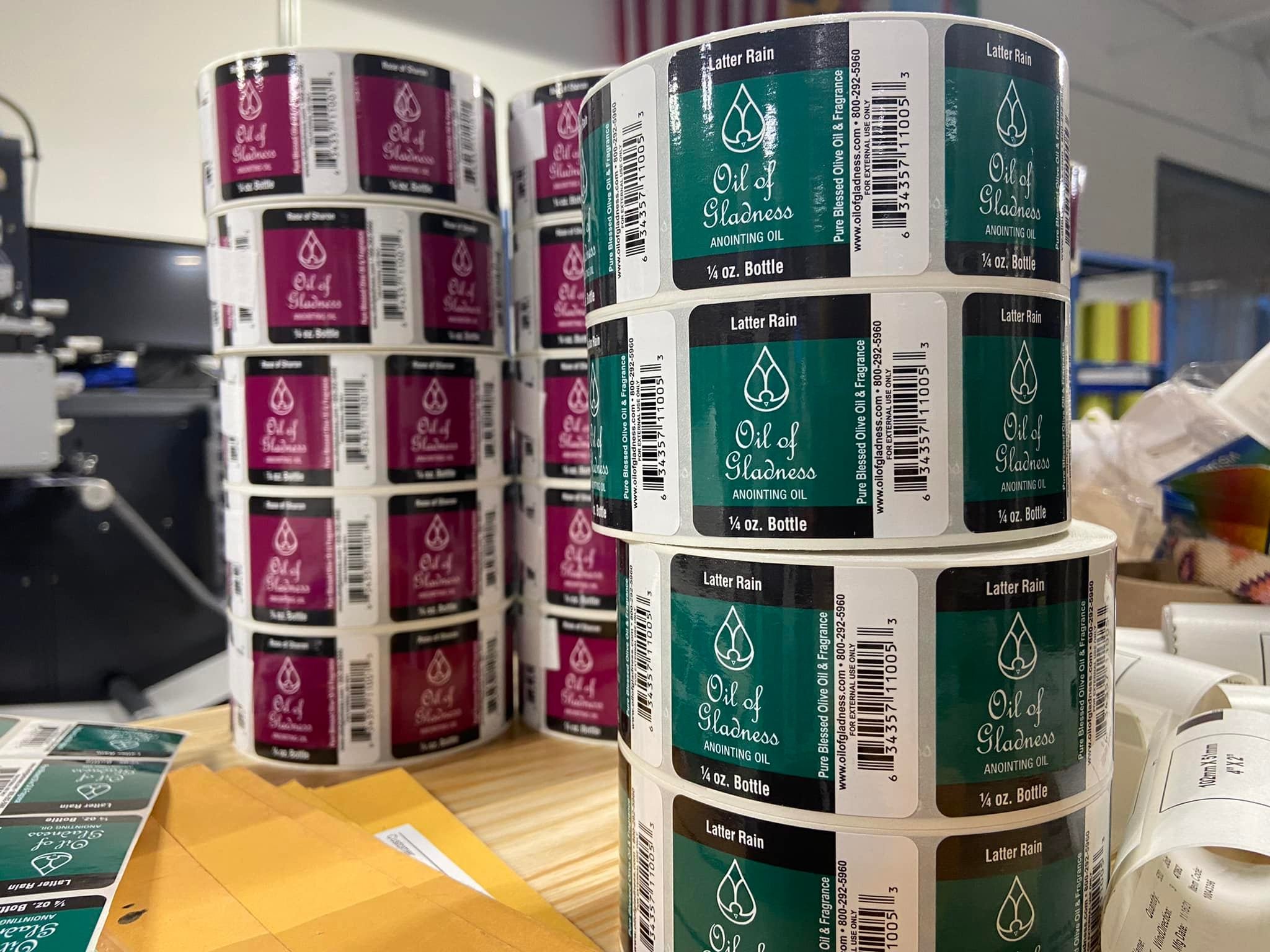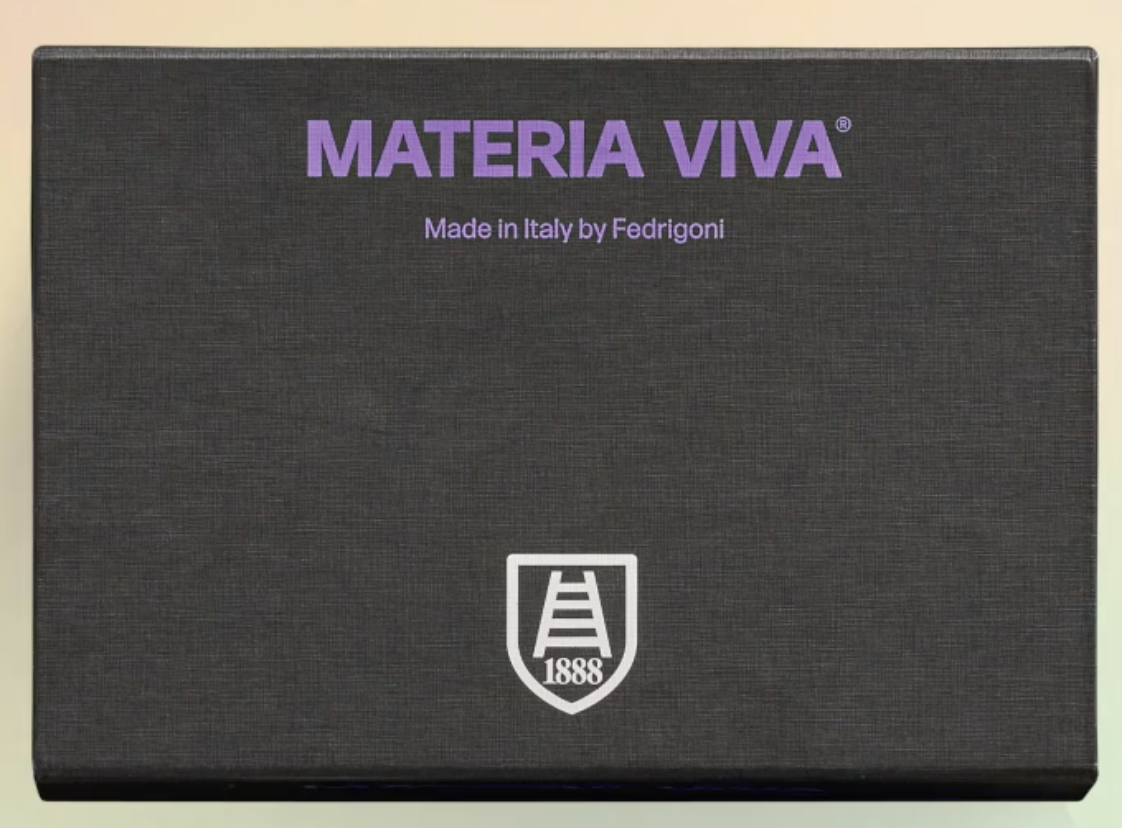Grounded Packaging
Grounded Packaging
🏭 Australia
What we like about Grounded: Australian supplier of customizable food packaging. Good transparency into laminate construction, and a wide array of films including industrially compostable, films made with PCR, and bio-based polyethylene plastics.

Bioplastic Blend Pouches and Mailers
Bio-based options suitable for compost or recycling.
-
Bioplastics and conventional plastic can feel very similar — smooth and flexible with a little stretch. Laminates will be a bit more rigid.
-
Grounded offers an array of plastics and laminates made with conventional plastic (recycled or virgin), bioplastics, and paper.
The more bioplastic or recycled plastic a bag is made from, the less that product relies on virgin fossil fuels.
The issue with both conventional and bioplastic films comes in disposal. See Disposal below.
-
Grounded’s bioplastics are either compostable or recyclable.
They carry plastics that meet the OK Compost Home certification.
We advise testing first to get a sense of time span. Often, sturdier home compostable plastics (like laminates) can take over a year to break down in a home compost set up.
While some of their conventional plastic bags are technically recyclable, the US recycled less than 6% of its plastic waste in 2021, according to a study by Beyond Plastics.
The percentage for plastic films was even less. Even if it can be recycled, most plastic films won't be. When plastic is formed into a thin film, it has a lower recycling rate than rigid plastics because effectively zero sorting and recycling facilities are not equipped to process it.
To minimize the amount of plastic sent to landfills, consider paper-based alternatives.
-
Make disposal options clear and direct. Communicate with customers the best-case scenario as well as the alternate scenario.
Compostable films and laminates: If they’re not composted, they should be thrown in with regular trash for the landfill. Compostable plastics are not designed to be recycled, so if they’re thrown in the blue bin, it’s just an extra step in the journey to landfill.
Recyclable films and laminates: Consumers should check recycling guidance in their city to see if they accept thin plastics for recycling. If not, the bag should be thrown in with trash for the landfill.

Film Rollstock
With options for compostable film, PCR film (up to 85%), and mono-material laminate
-
Bioplastics and conventional plastic can feel very similar — smooth and flexible with a little stretch. Laminates will be a bit more rigid.
-
Grounded offers various plastic films by the roll. All of them are a step more sustainable than using traditional virgin plastic, but be aware that all plastic films have recycling issues and overall, an extremely low likelihood of being recycled.
-
Grounded’s bioplastics are either compostable or recyclable.
They carry plastics that meet the OK Compost Home certification.
We advise testing first to get a sense of time span. Often, sturdier home compostable plastics (like laminates) can take over a year to break down in a home compost set up.
While some of their conventional plastic bags are technically recyclable, the US recycled less than 6% of its plastic waste in 2021, according to a study by Beyond Plastics.
The percentage for plastic films was even less. Even if it can be recycled, most plastic films won't be. When plastic is formed into a thin film, it has a lower recycling rate than rigid plastics because effectively zero sorting and recycling facilities are not equipped to process it.
To minimize the amount of plastic sent to landfills, consider paper-based alternatives.
-
Make disposal options clear and direct. Communicate with customers the best-case scenario as well as the alternate scenario.
Compostable films and laminates: If they’re not composted, they should be thrown in with regular trash for the landfill. Compostable plastics are not designed to be recycled, so if they’re thrown in the blue bin, it’s just an extra step in the journey to landfill.
Recyclable films and laminates: Consumers should check recycling guidance in their city to see if they accept thin plastics for recycling. If not, the bag should be thrown in with trash for the landfill.
Poly Bags & Films
Large offering of stock paper and plastic ecommerce solutions, with impressive PCR rates.
Biopolymer extracted from nature to take many forms: films, rigid containers, and more.
Selection of home compostable plastic mailers and bags. They also carry compostable tape and labels.
Trays & Inserts
Specializes in corn starch foam, a dissolvable, home-compostable alternative to plastic foam and insulation.
Paper Mailers
Large offering of stock paper and plastic ecommerce solutions, with impressive PCR rates.
Manufacturer of boxes and paper mailers that also specializes in high quality adhesive and labels.
Expansive catalog of stock and custom ecommerce packaging, from mailers and boxes to tape and labels.
Selection of home compostable plastic mailers and bags. They also carry compostable tape and labels.
Cushioning
Large offering of stock paper and plastic ecommerce solutions, with impressive PCR rates.
Specializes in corn starch foam, a dissolvable, home-compostable alternative to plastic foam and insulation.
Jars & Bottles
Industrially compostable bamboo bioplastic jars and bottles for personal care products.
Glass bottles and jars for food and beverage, made from an average of 60% recycled content.
Personal care packaging like bottles and tubes made from 100% post consumer recycled plastic, sugarcane, or aluminum.
Glass containers made from high percentages of recycled glass and ocean-bound plastic caps.
Glass manufacturer, specializing in cosmetics and perfume, with options for plastic closures.
Jars and bottles, with options for recycled content in addition to mono-material pouches.
Corrugated
US-based corrugated manufacturer with 100% recycled content Envirokraft line. Strongest TikTok game in the corrugated manufacturing world.
Corrugated manufacturer with options for a water and grease barrier that’s compatible with paper recycling.
US-based supplier carrying a good array of stock options and are capable of doing custom solutions.
Manufacturer of boxes and paper mailers that also specializes in high quality adhesive and labels.
Expansive catalog of stock and custom ecommerce packaging, from mailers and boxes to tape and labels.
Folding Cartons
Utah PaperBox is a folding carton and rigid packaging manufacturer based in Salt Lake City.
European manufacturer offering recyclable paper packaging with barrier protection against water and grease.
Folding cartons and collateral made from paper blend made from 50% hemp 50% recycled paper.
Specializing in paperboard boxes, folding cartons, and collateral, with options for 100% recycled paper.
Expansive catalog of stock and custom ecommerce packaging, from mailers and boxes to tape and labels.
Personal care packaging like bottles and tubes made from 100% post consumer recycled plastic, sugarcane, or aluminum.
Food Service
Large catalog of low minimum compostable options. Be wary of PLA with further research.
Inks & Coatings
Raw Materials
Industrially compostable bamboo bioplastic jars and bottles for personal care products.
European manufacturer offering recyclable paper packaging with barrier protection against water and grease.
Folding cartons and collateral made from paper blend made from 50% hemp 50% recycled paper.
Biopolymer extracted from nature to take many forms: films, rigid containers, and more.
Labels
High-performing self-adhesive paper and film products for an extensive set of end-uses, with a range of fossil fuel-free options.
Quality custom labels, shrink sleeves, and hang tags with fast turn around for a variety of industries.
Manufacturer of boxes and paper mailers that also specializes in high quality adhesive and labels.
Expansive catalog of stock and custom ecommerce packaging, from mailers and boxes to tape and labels.
Selection of home compostable plastic mailers and bags. They also carry compostable tape and labels.
Specialty Papers
European manufacturer offering recyclable paper packaging with barrier protection against water and grease.
Folding cartons and collateral made from paper blend made from 50% hemp 50% recycled paper.

